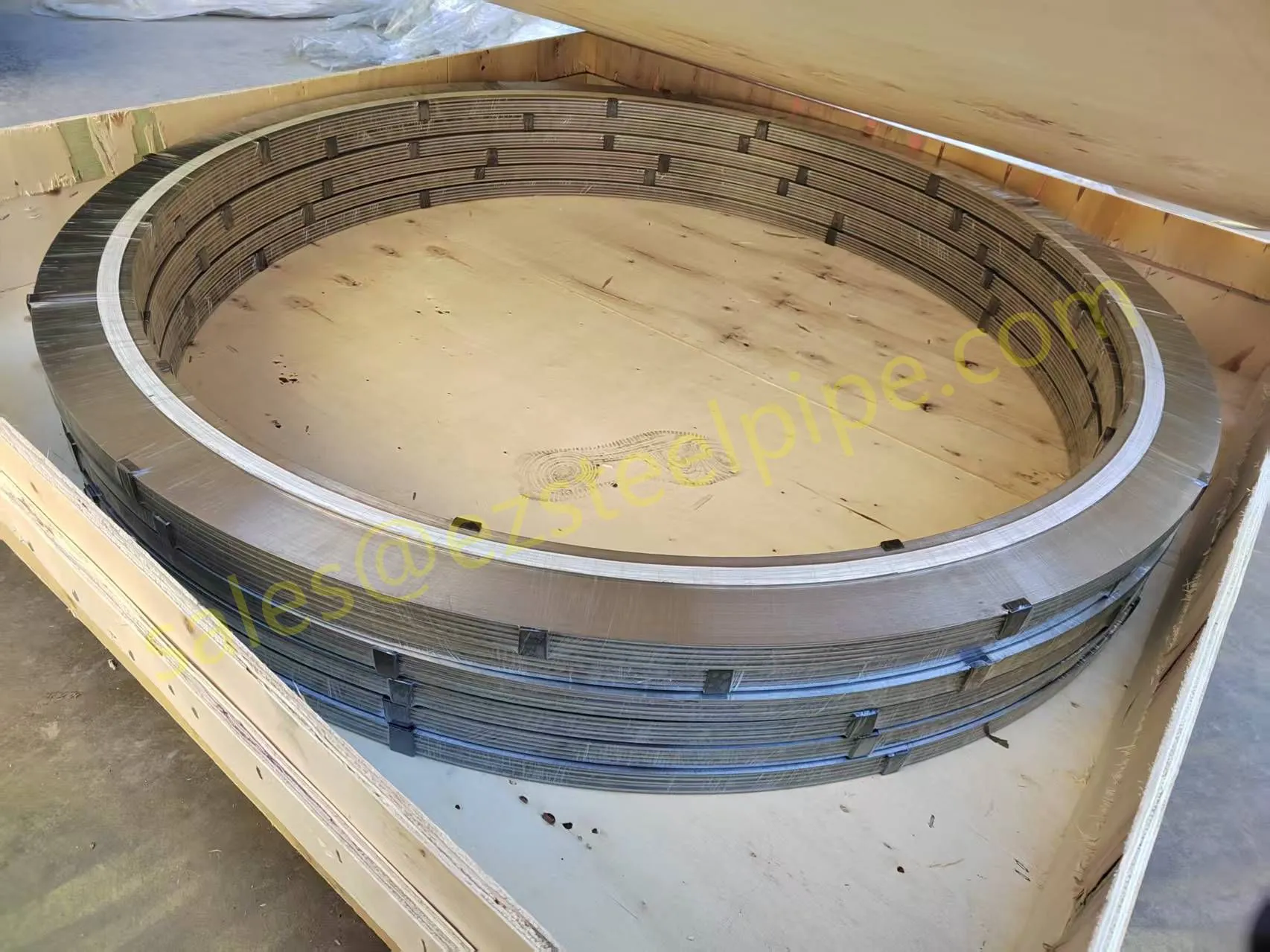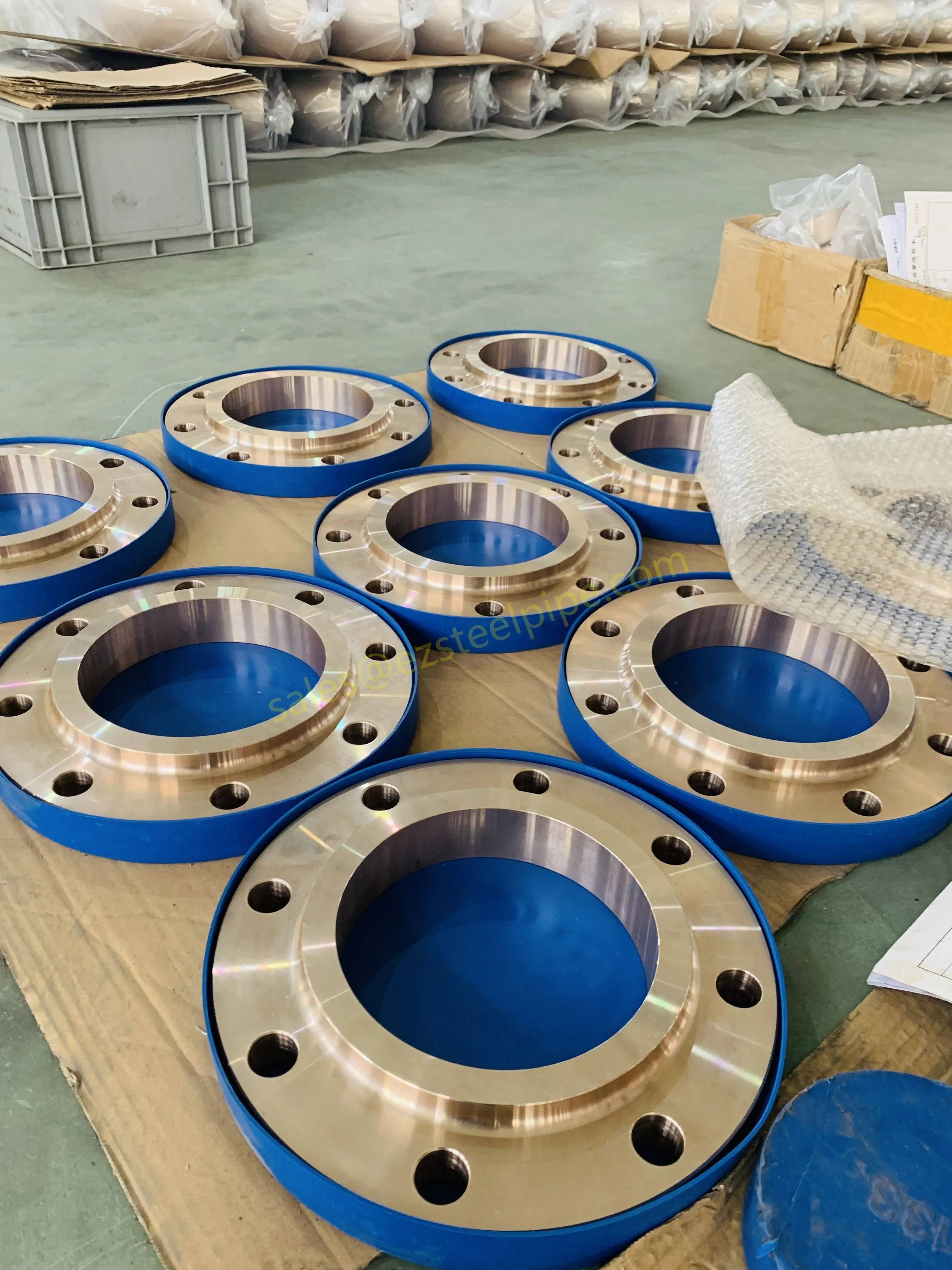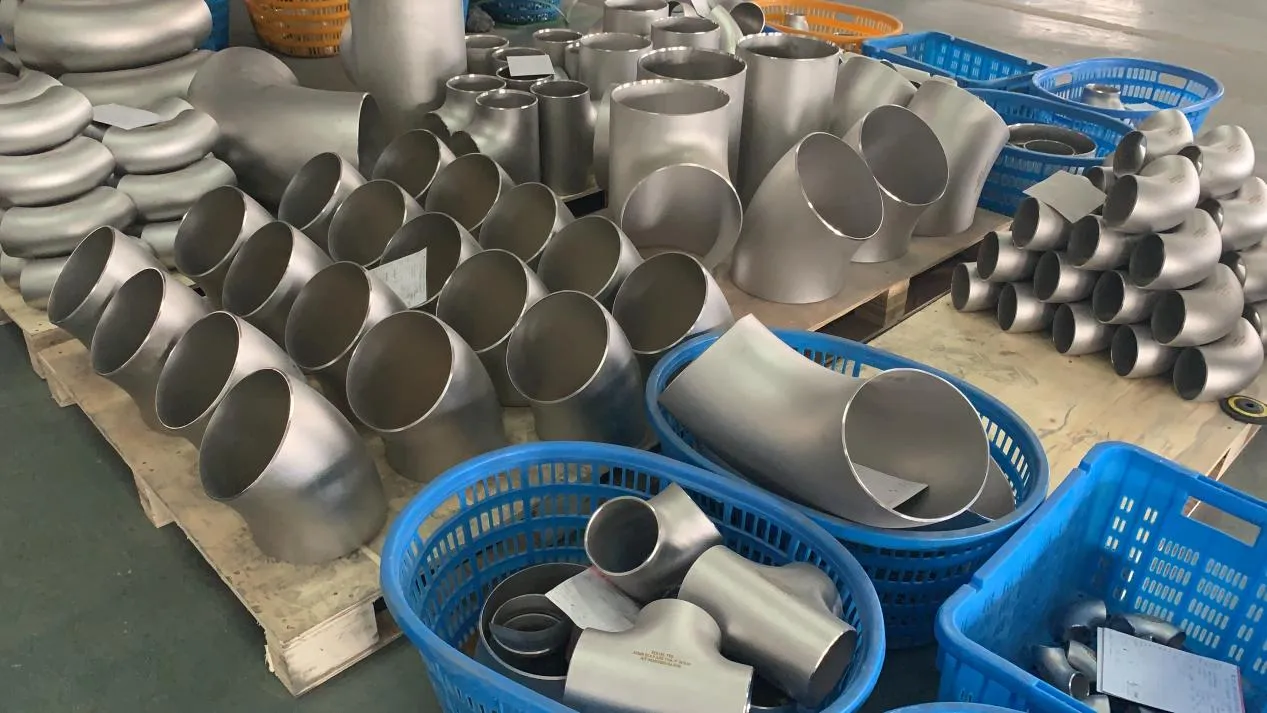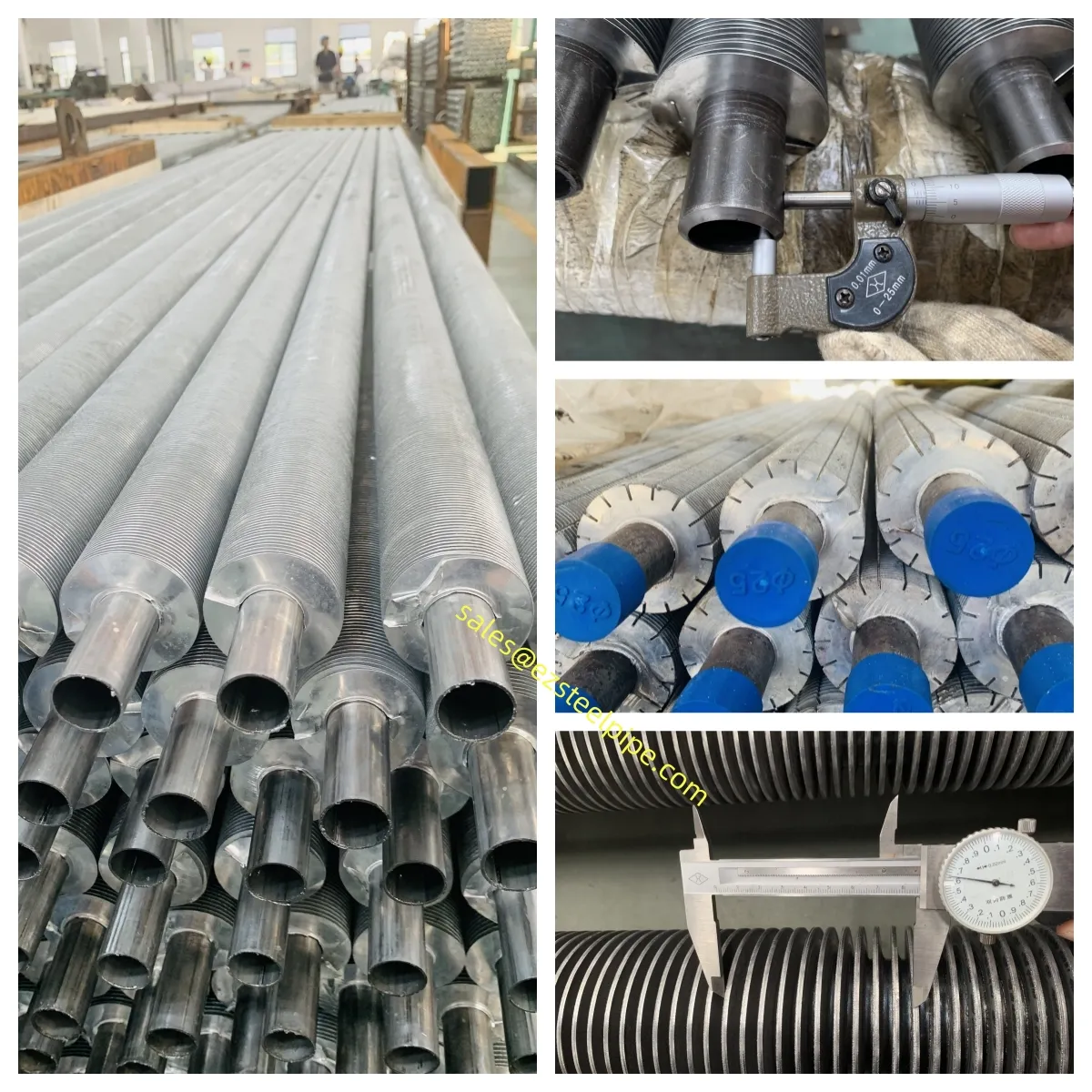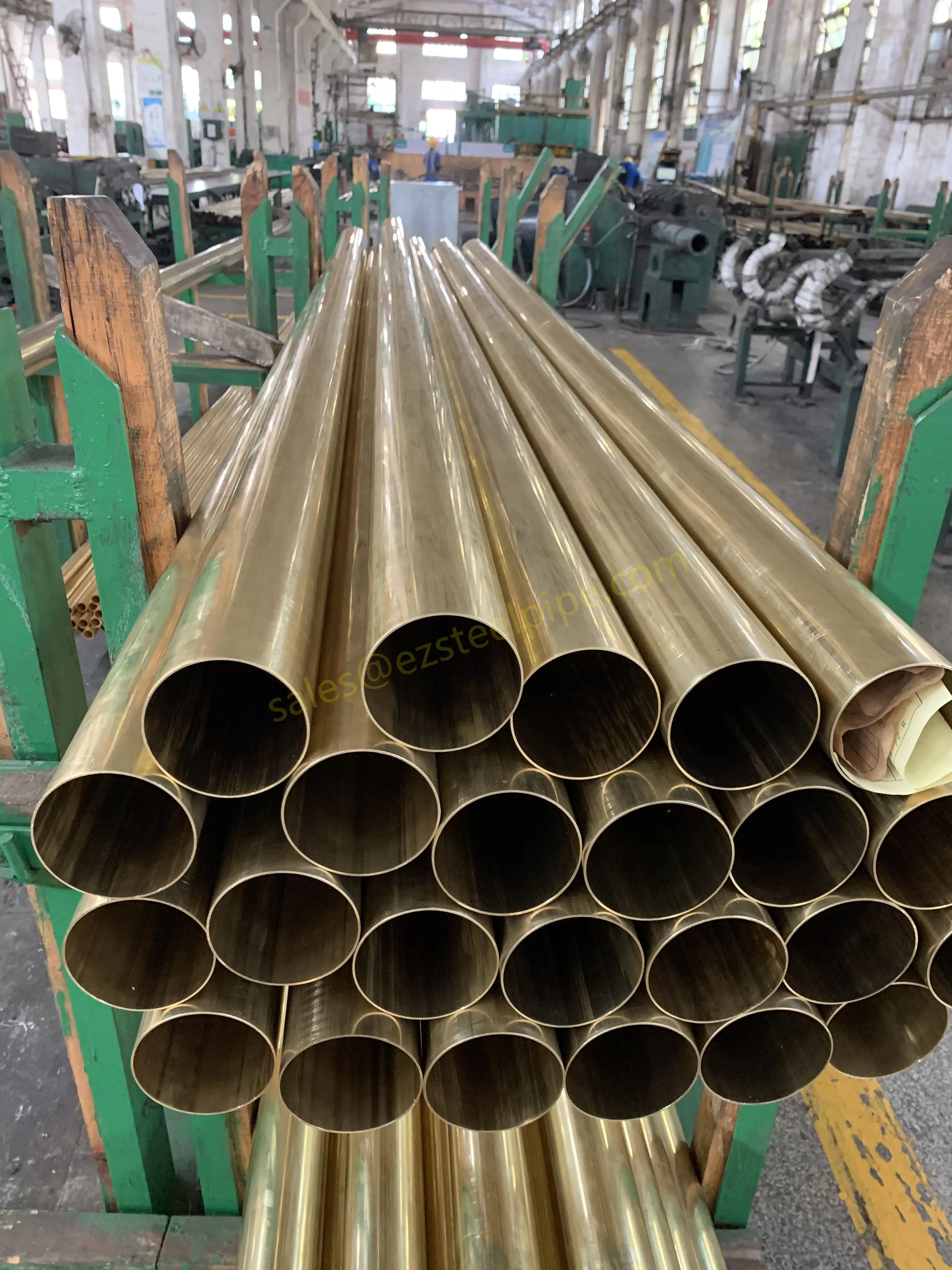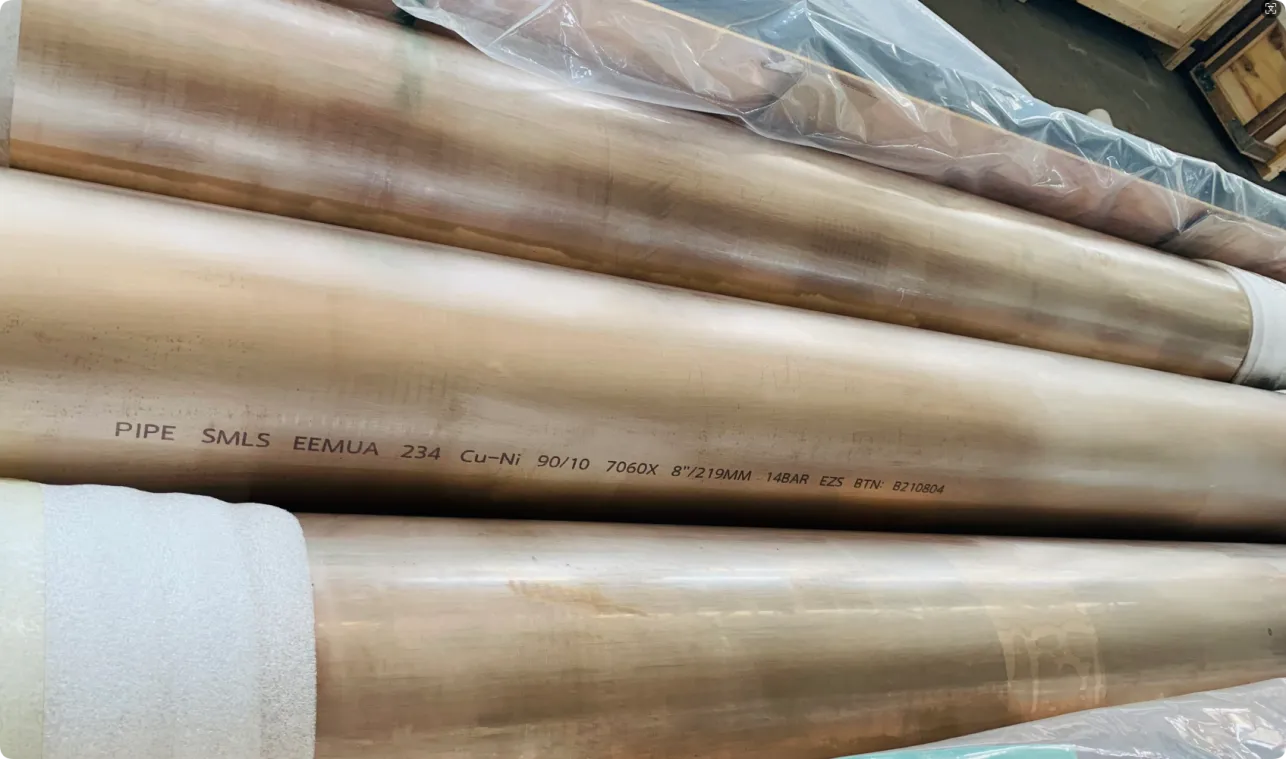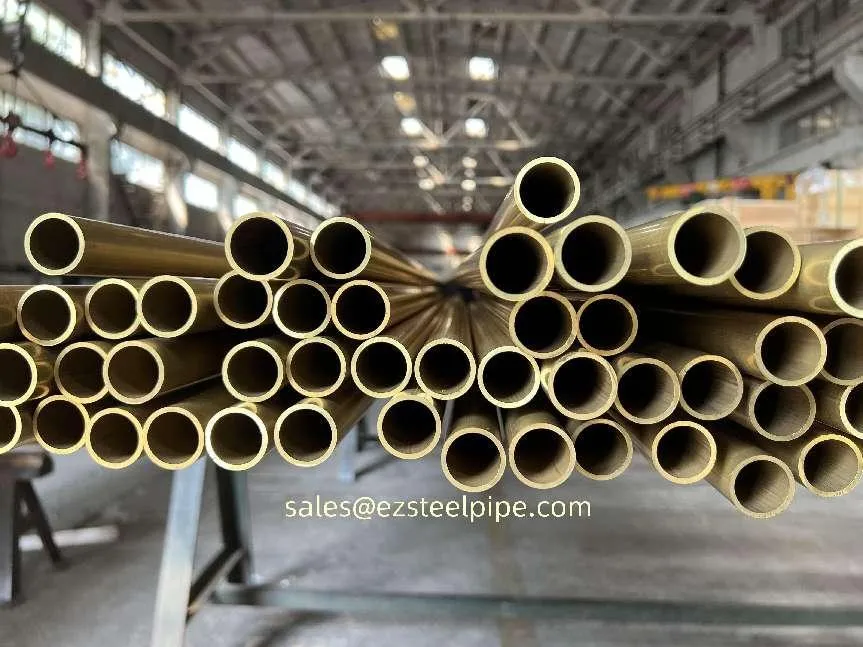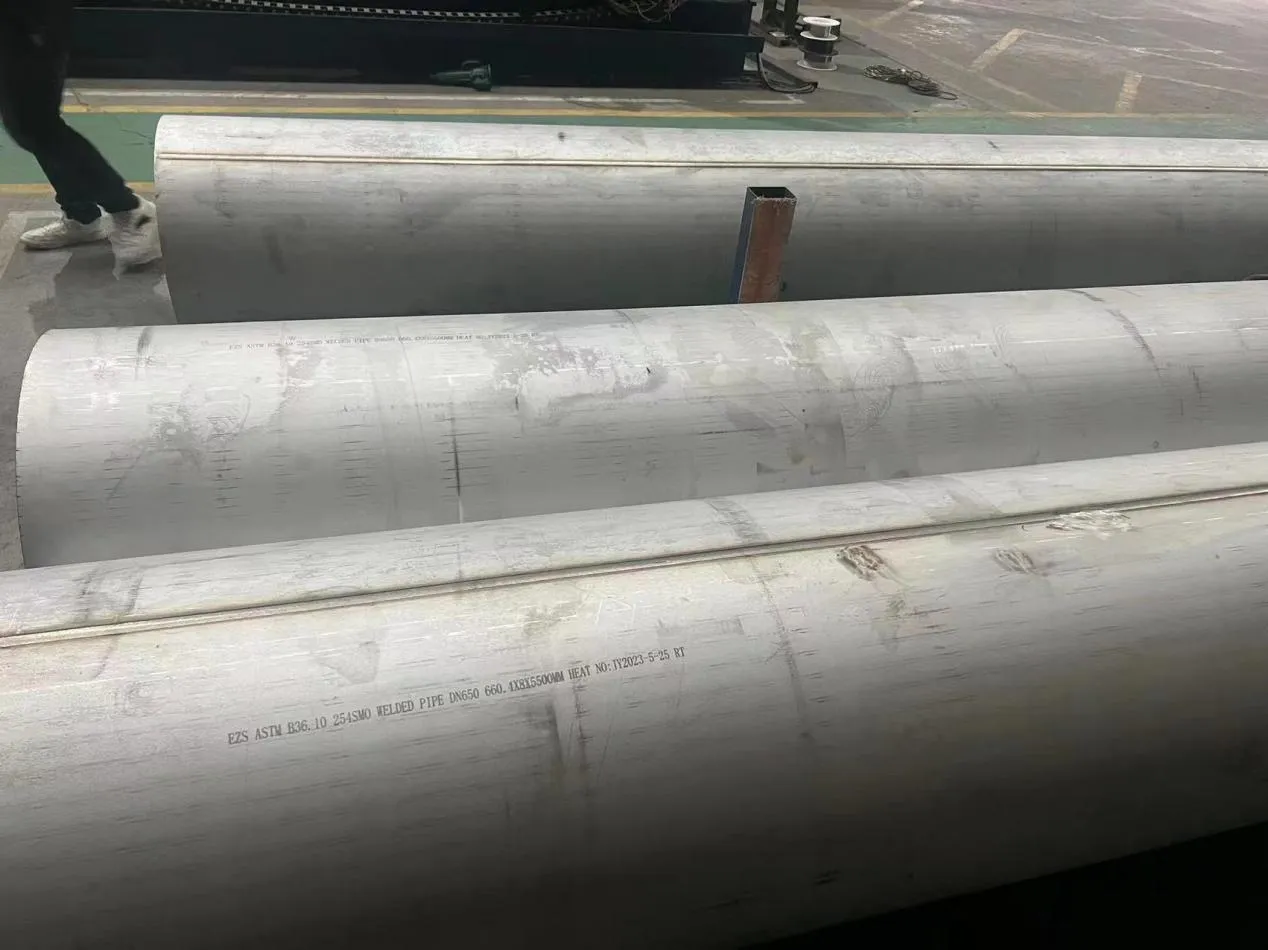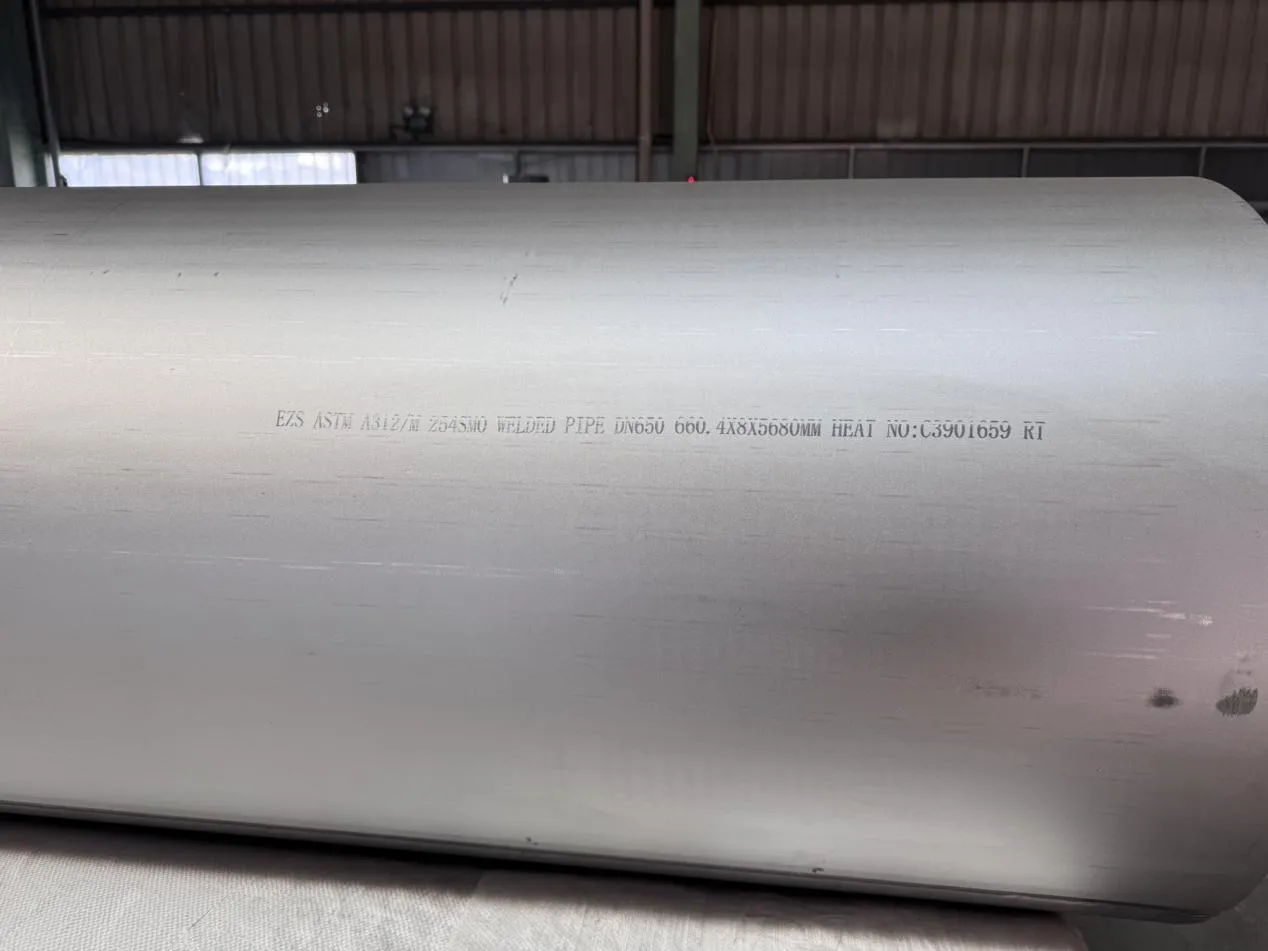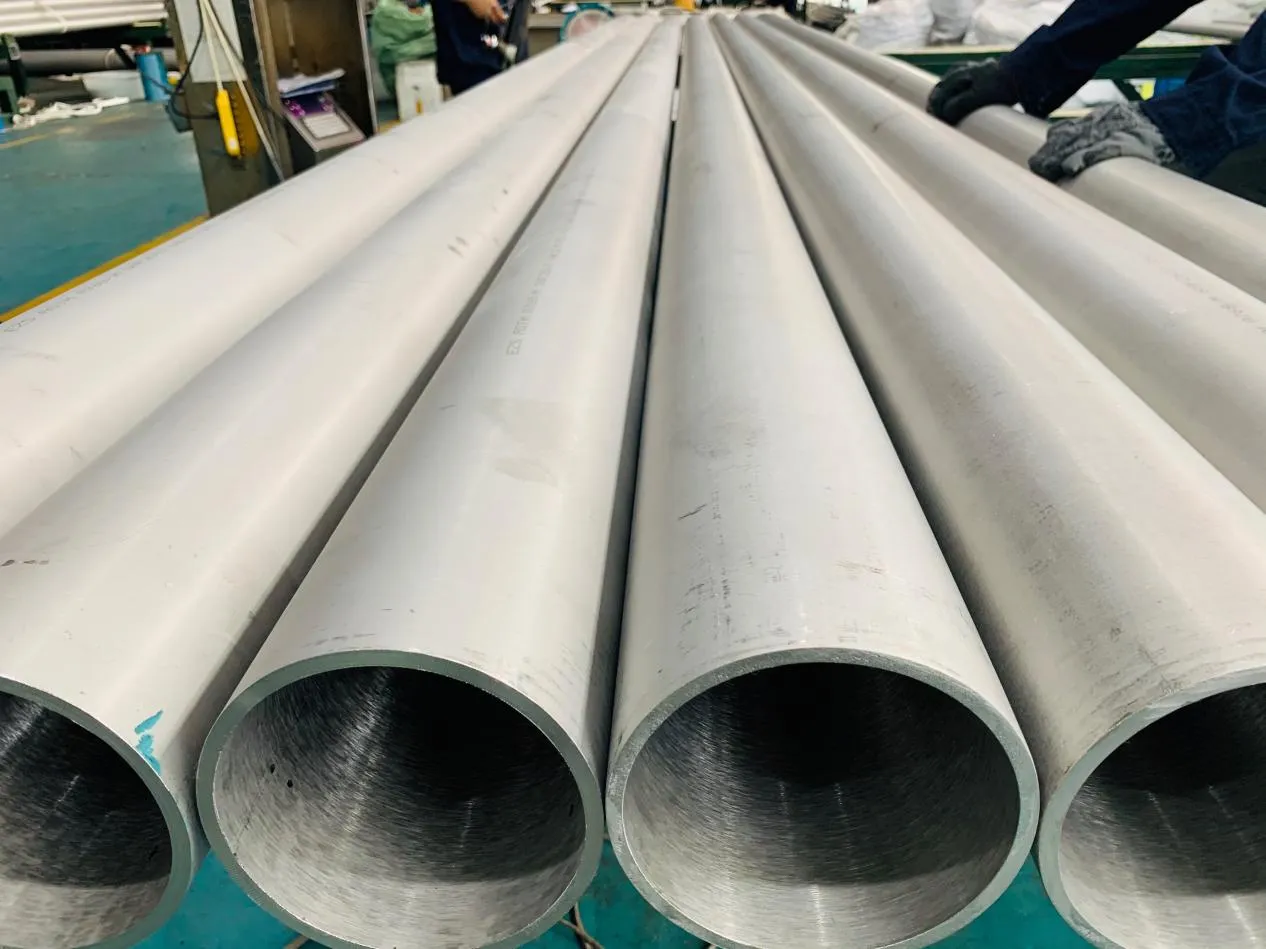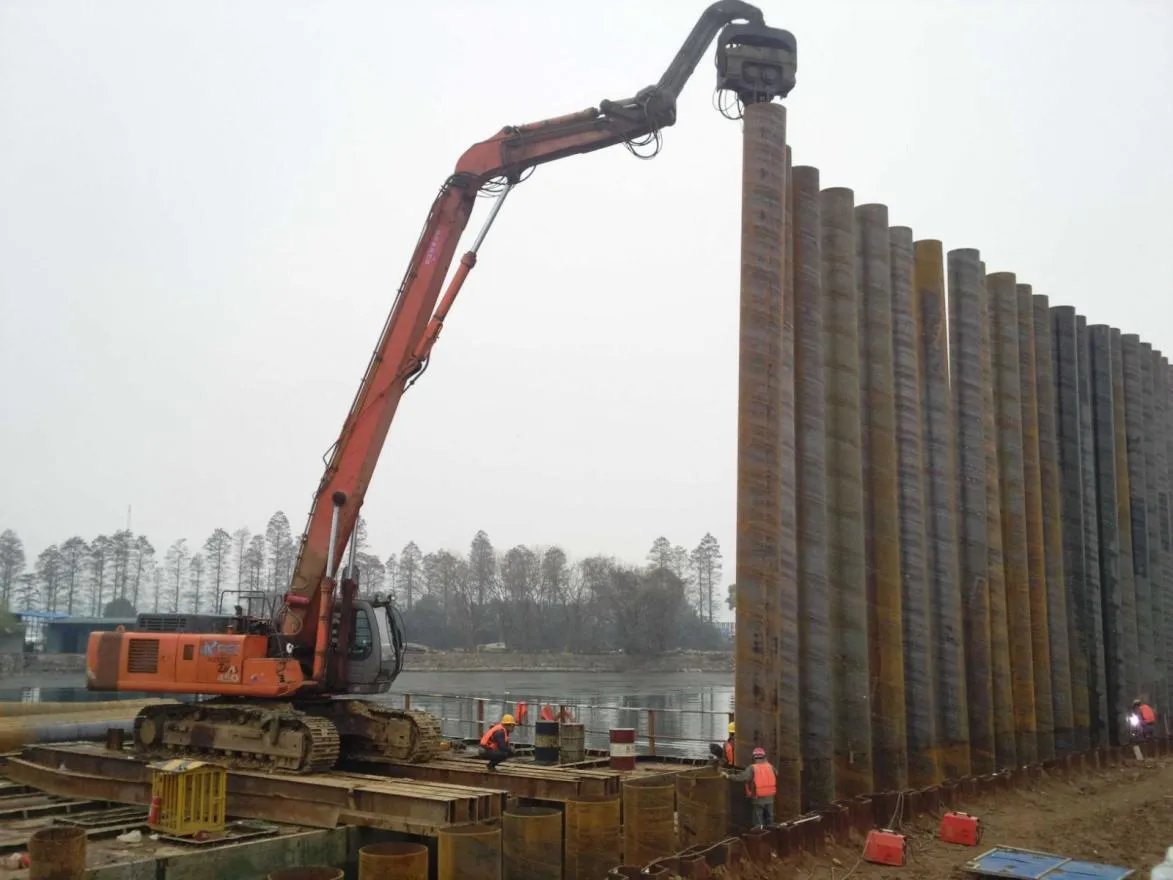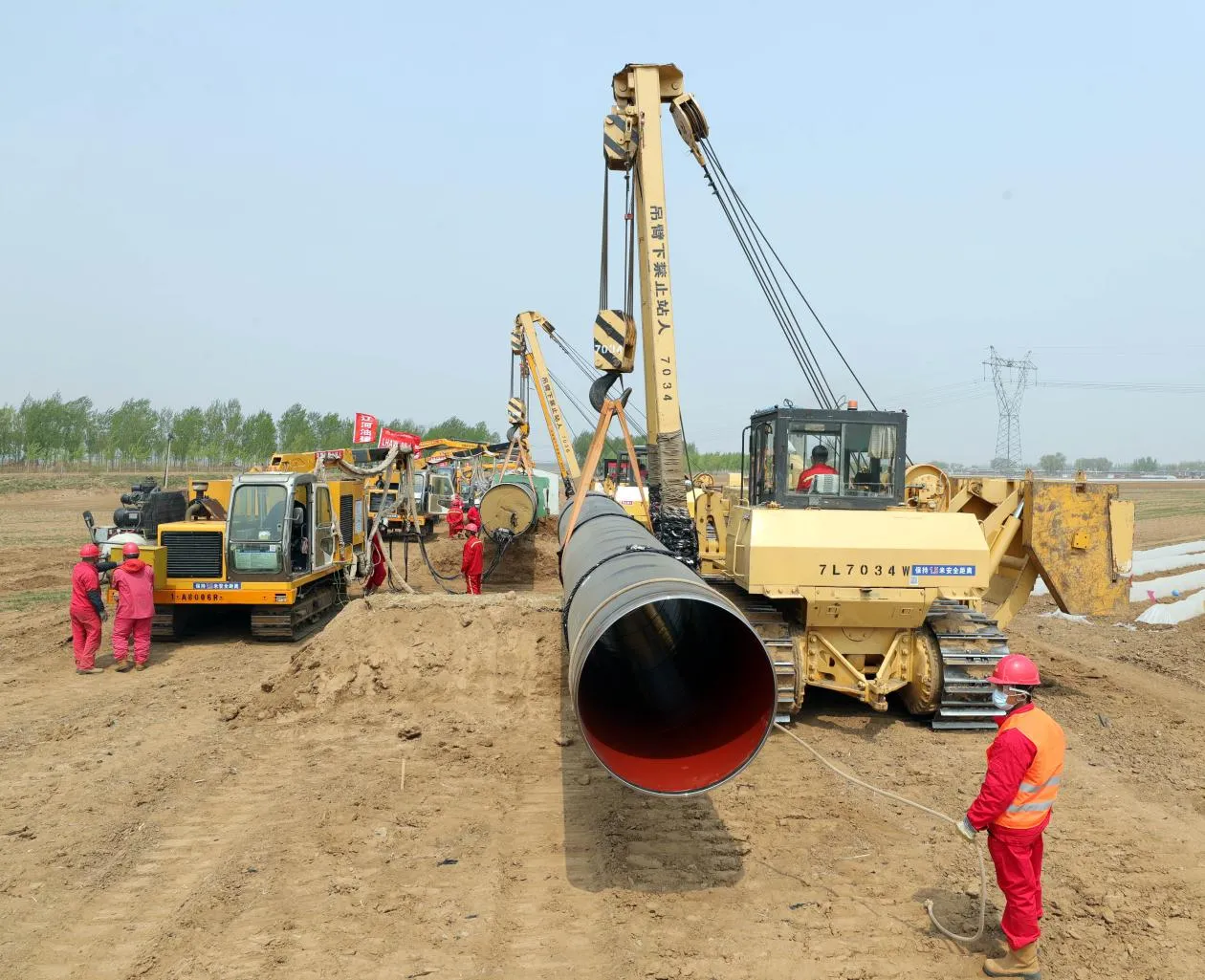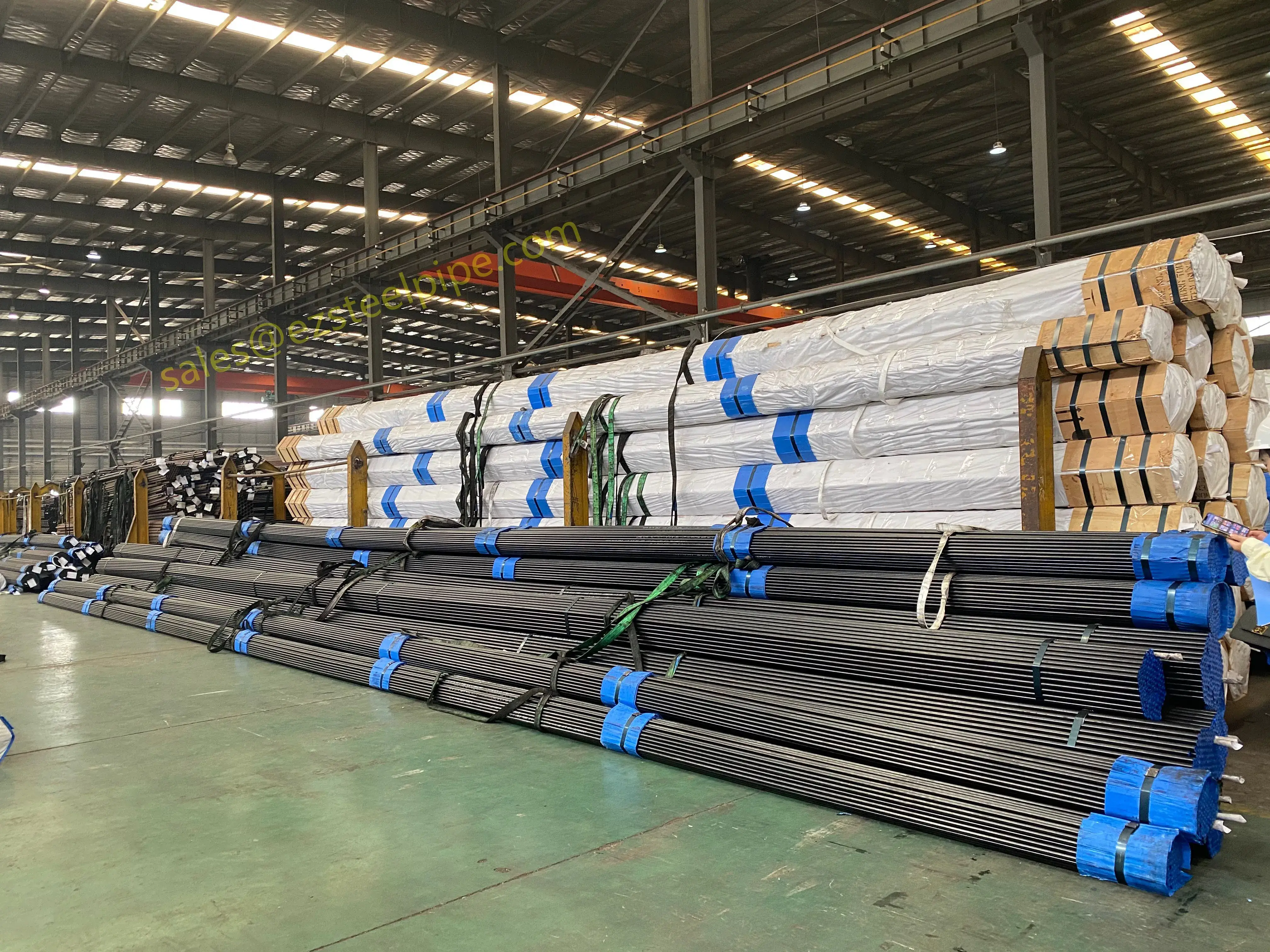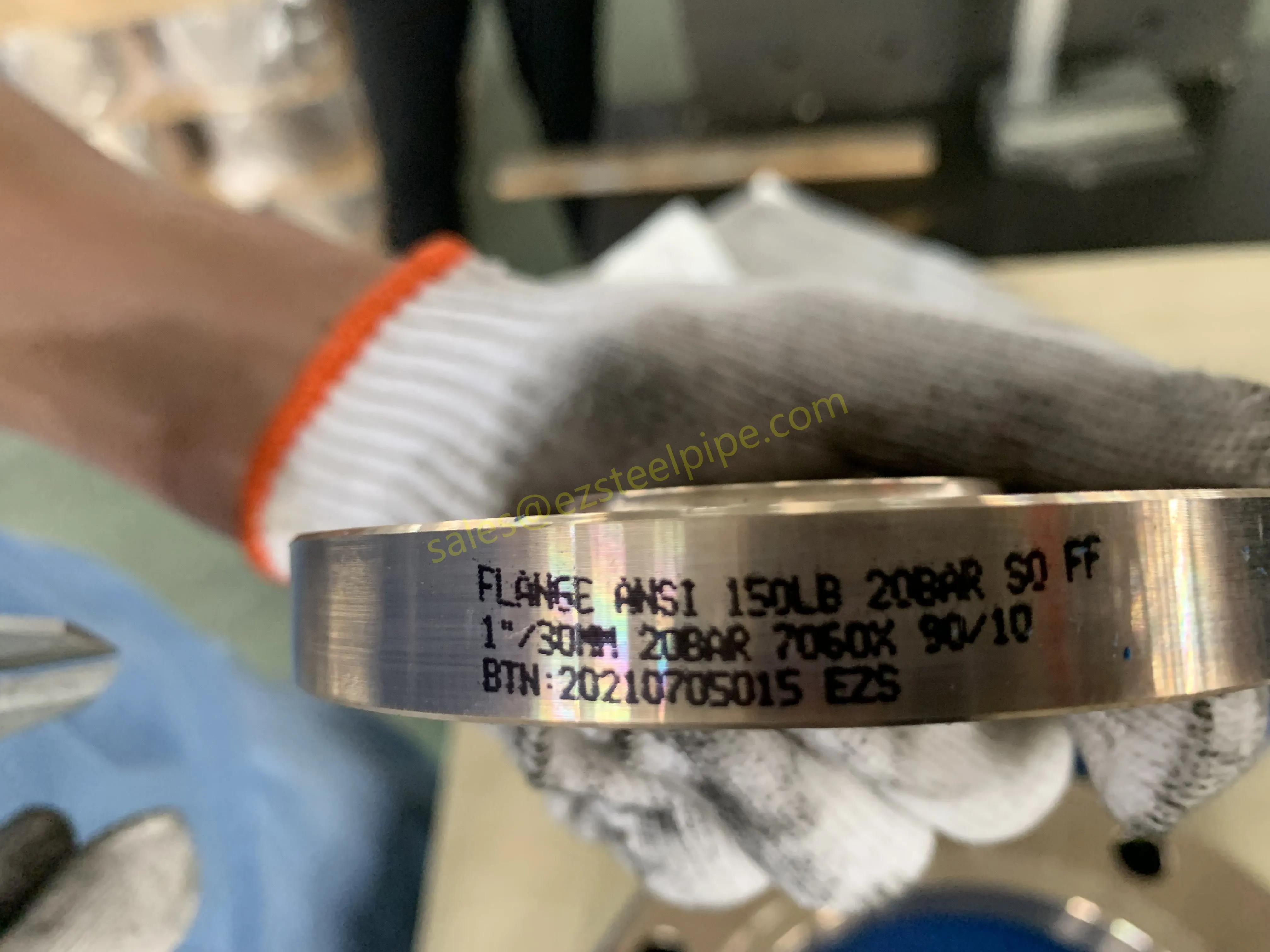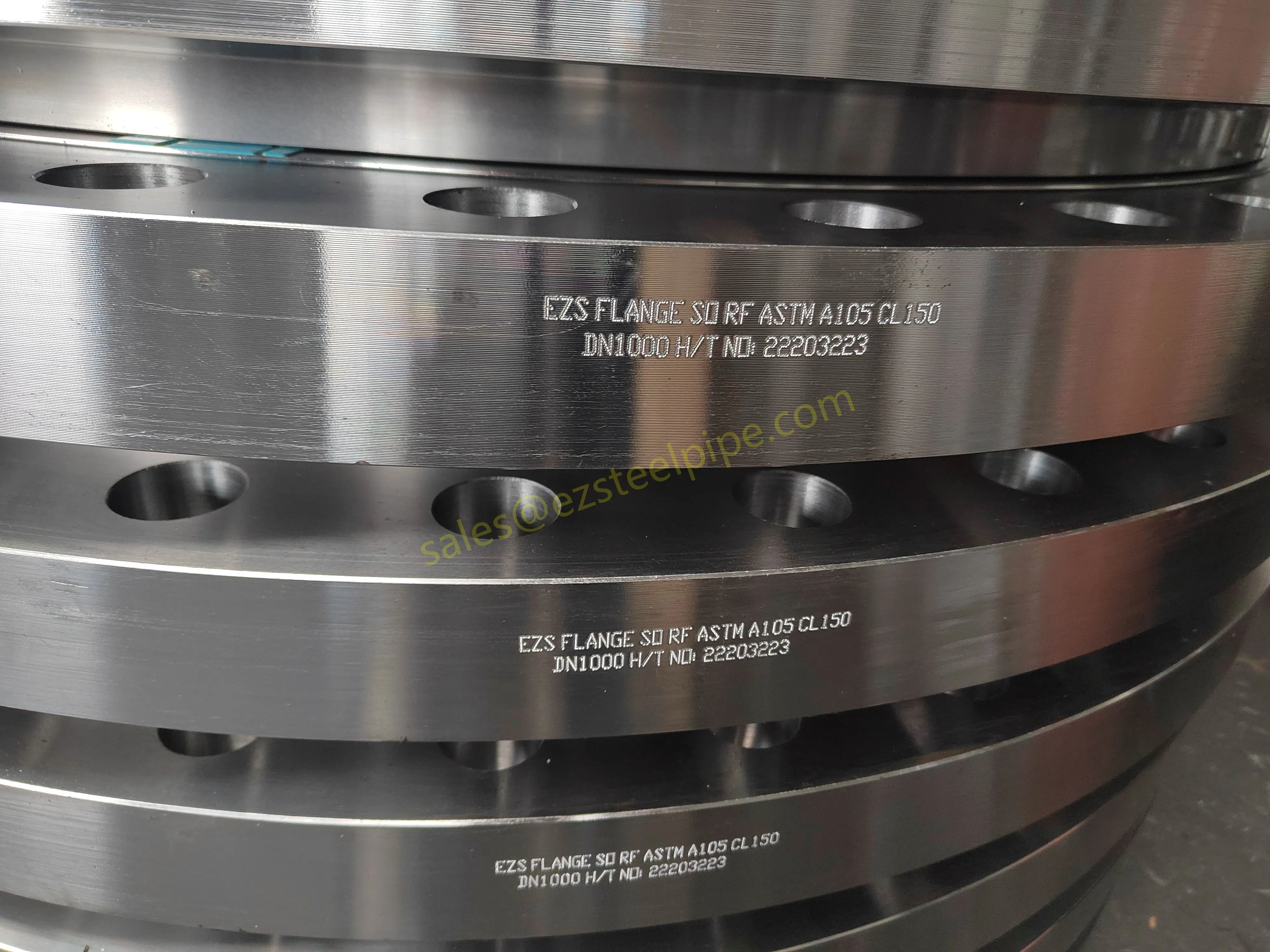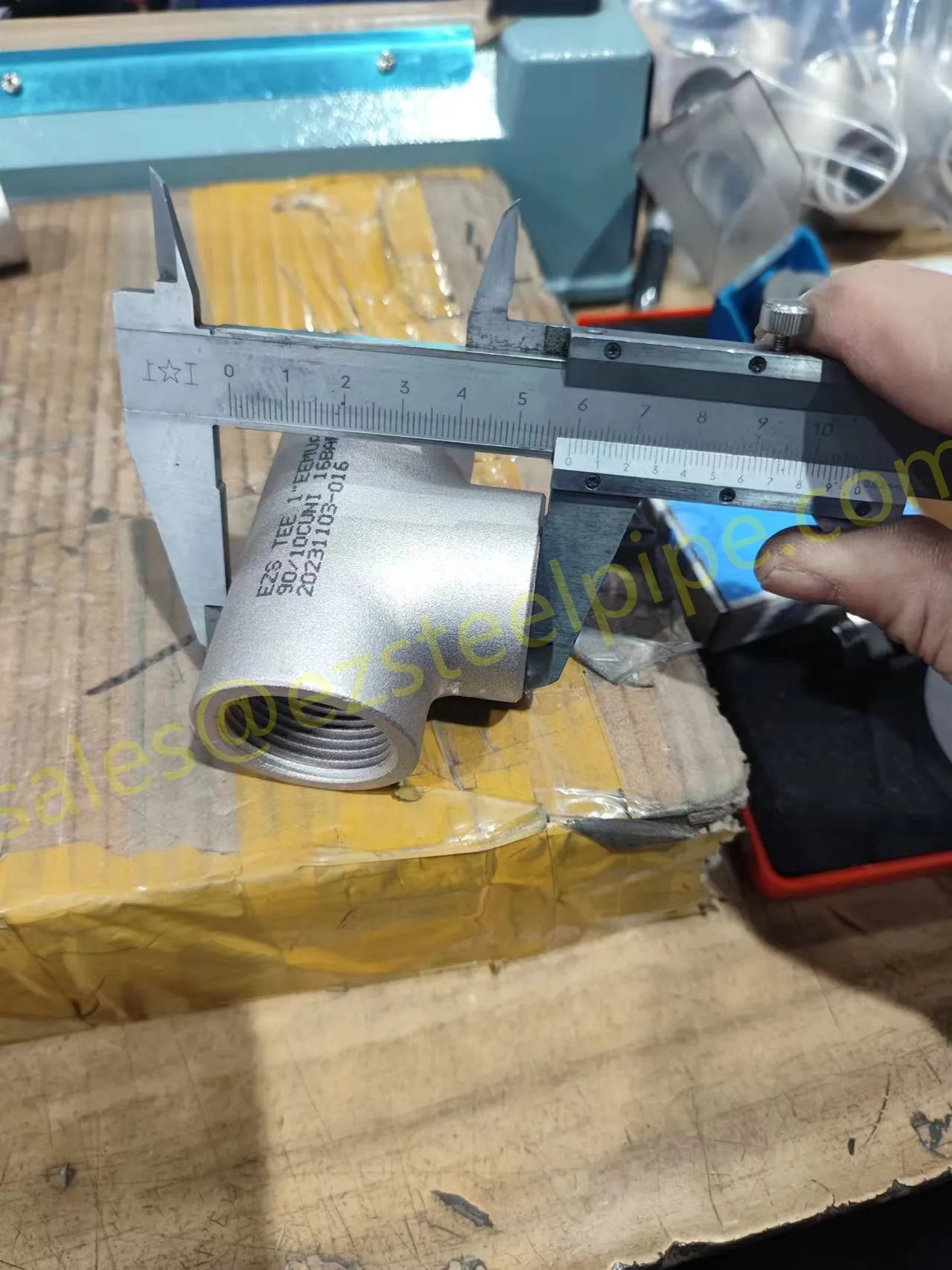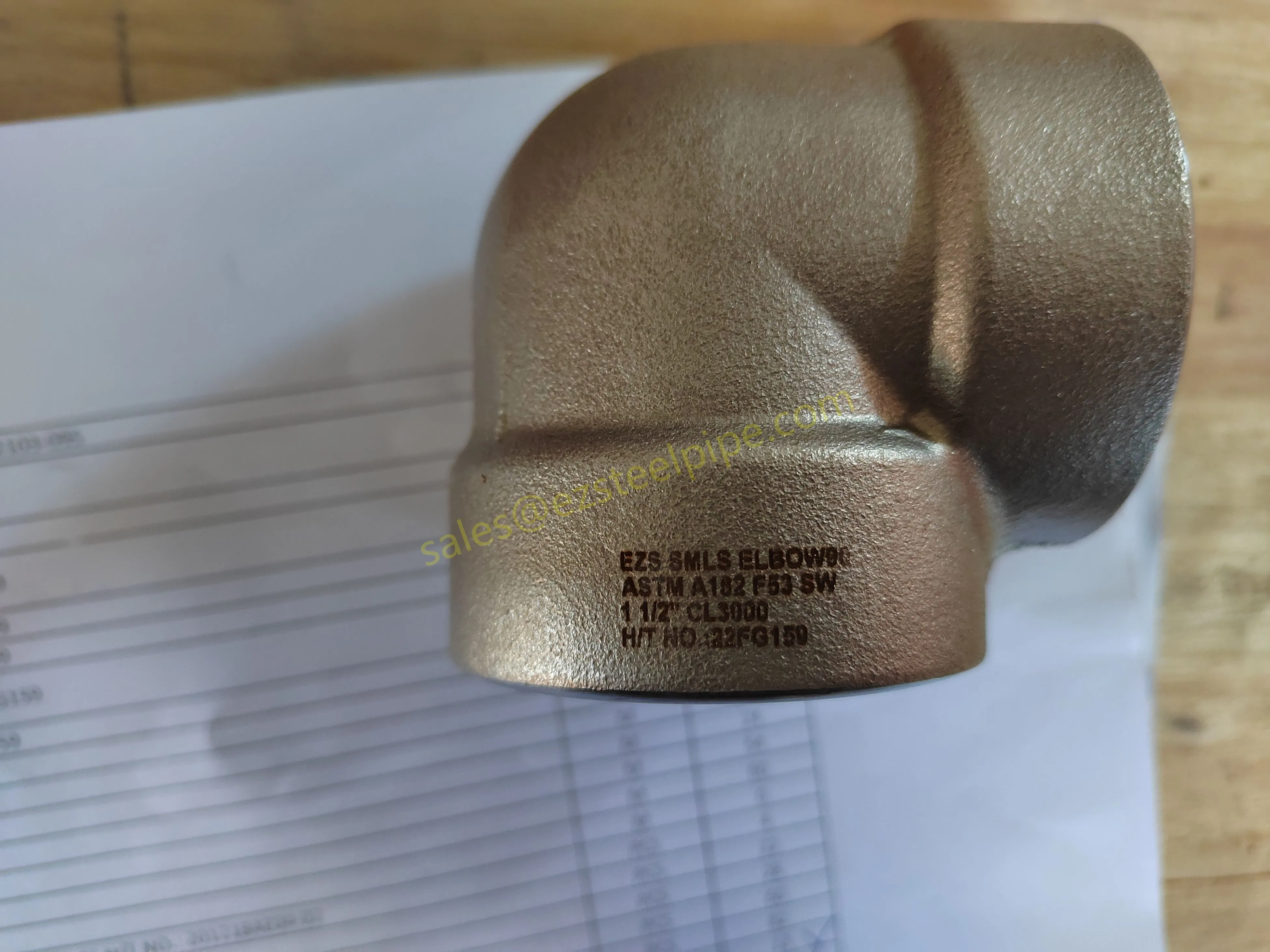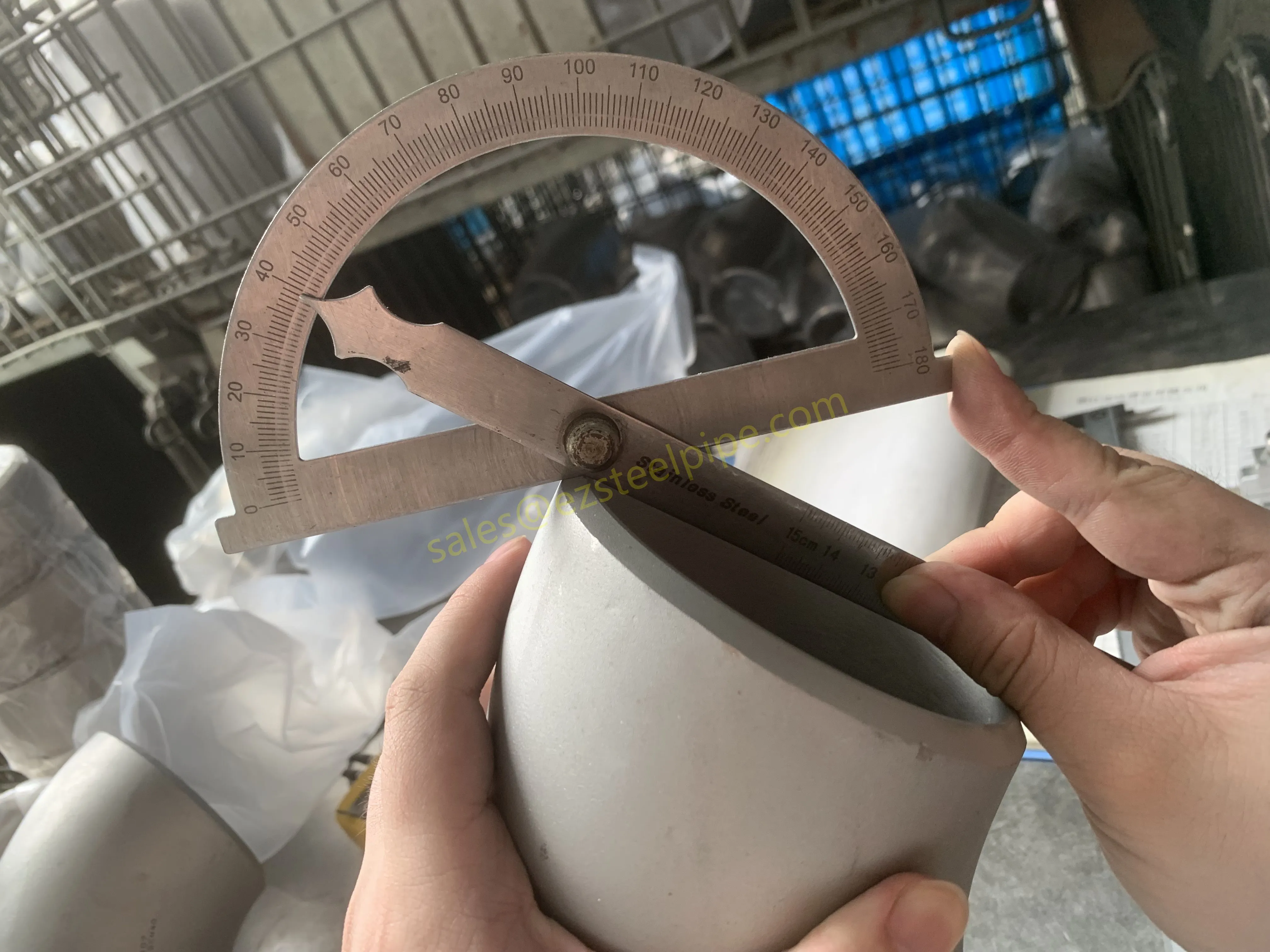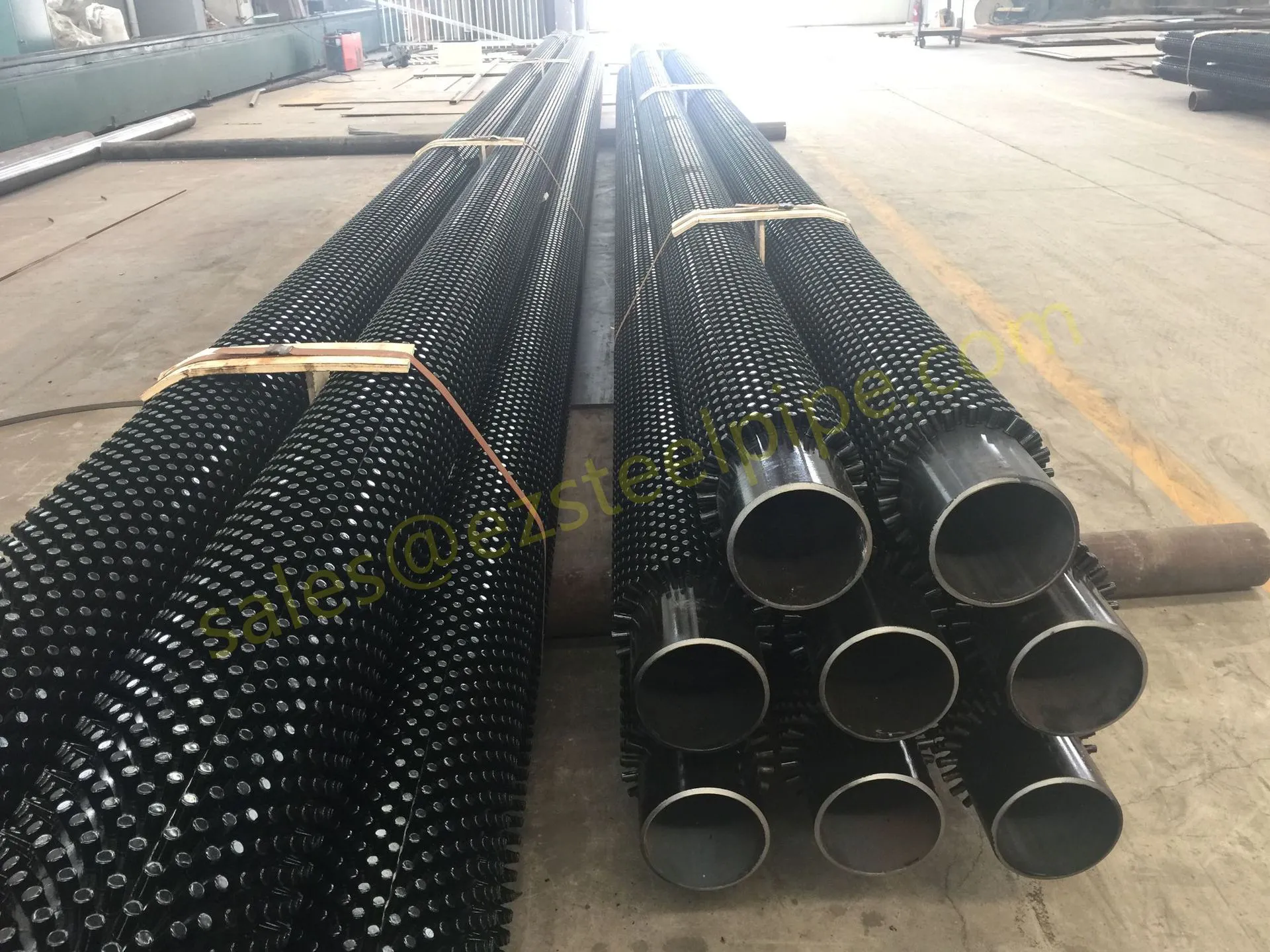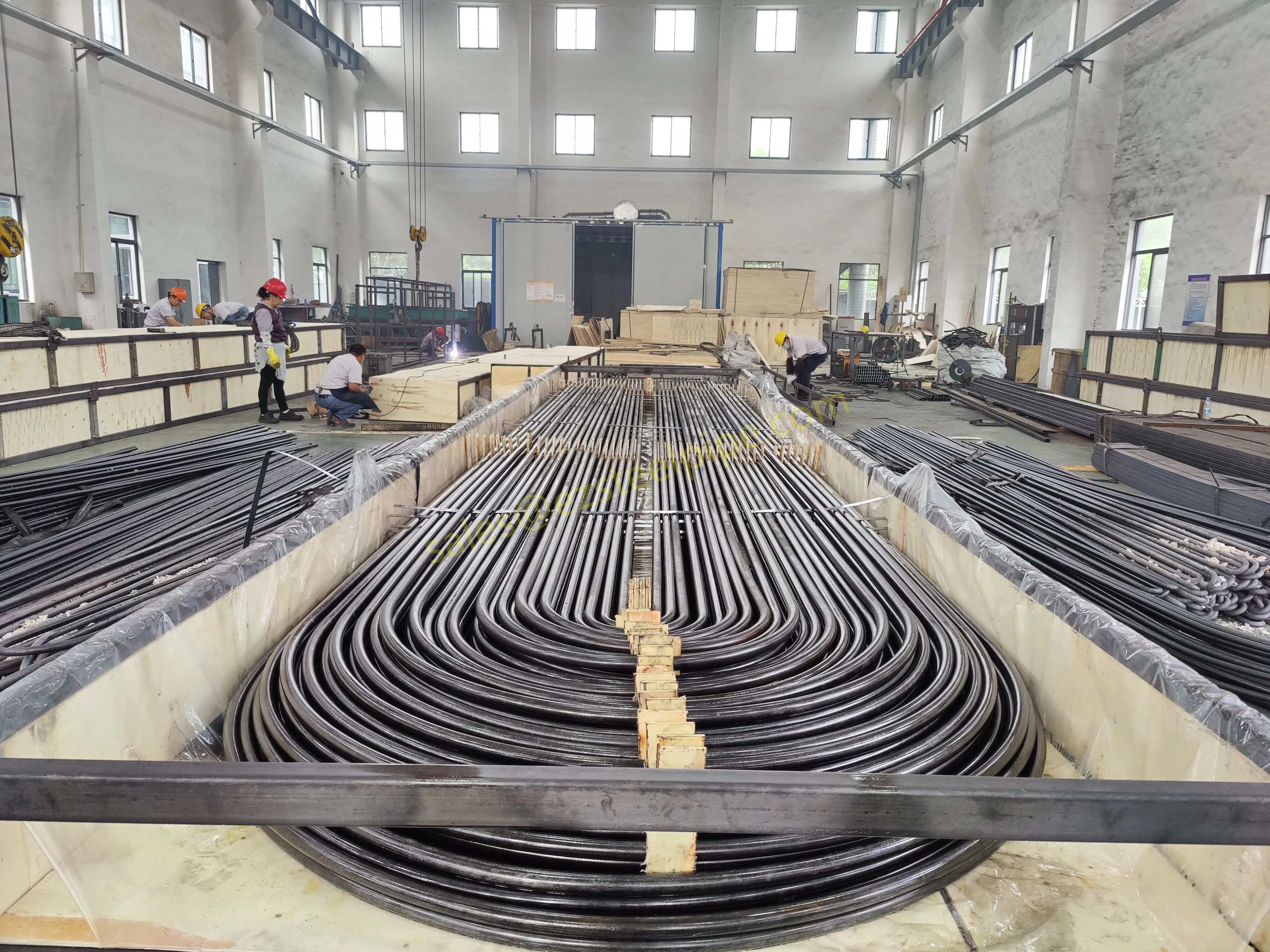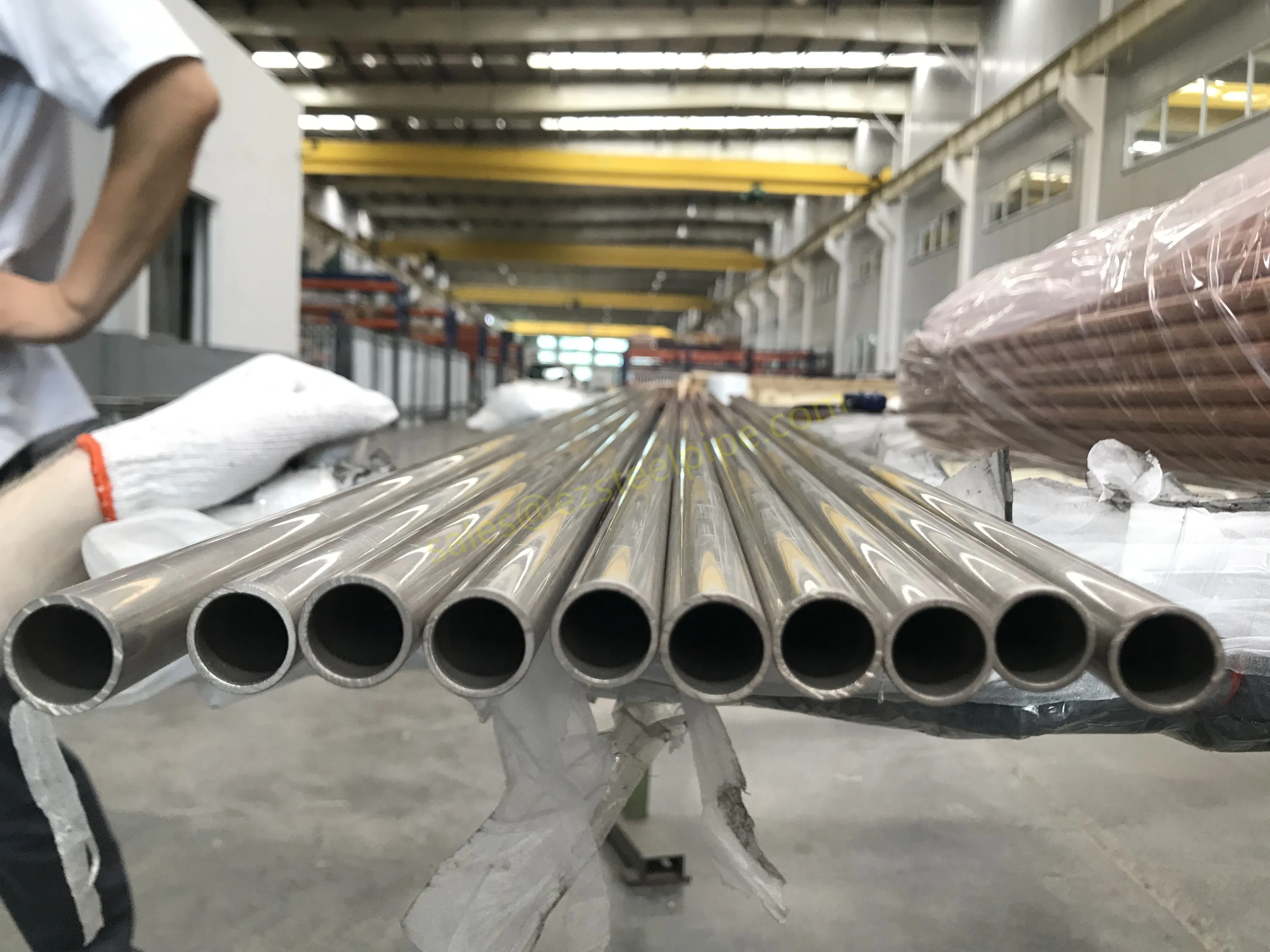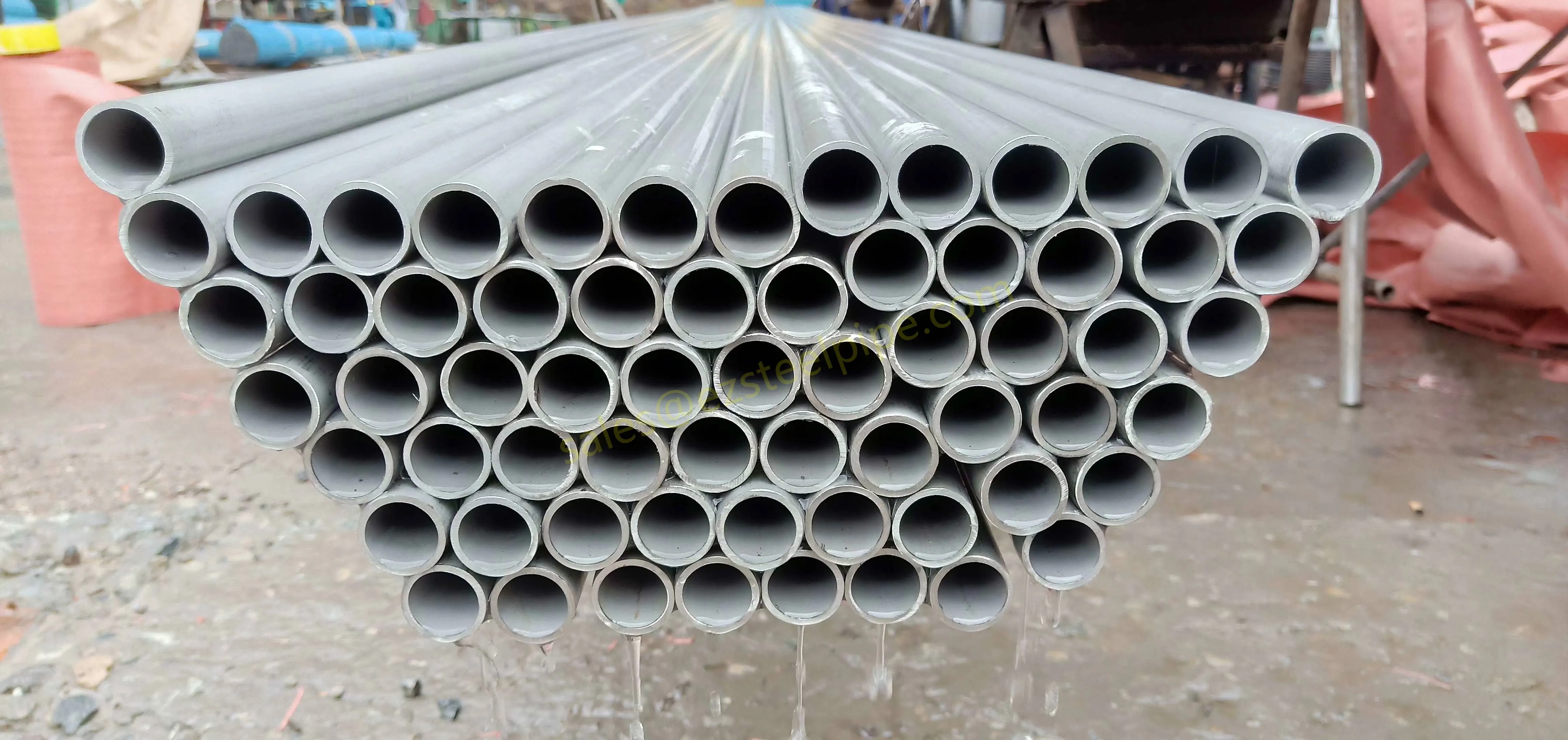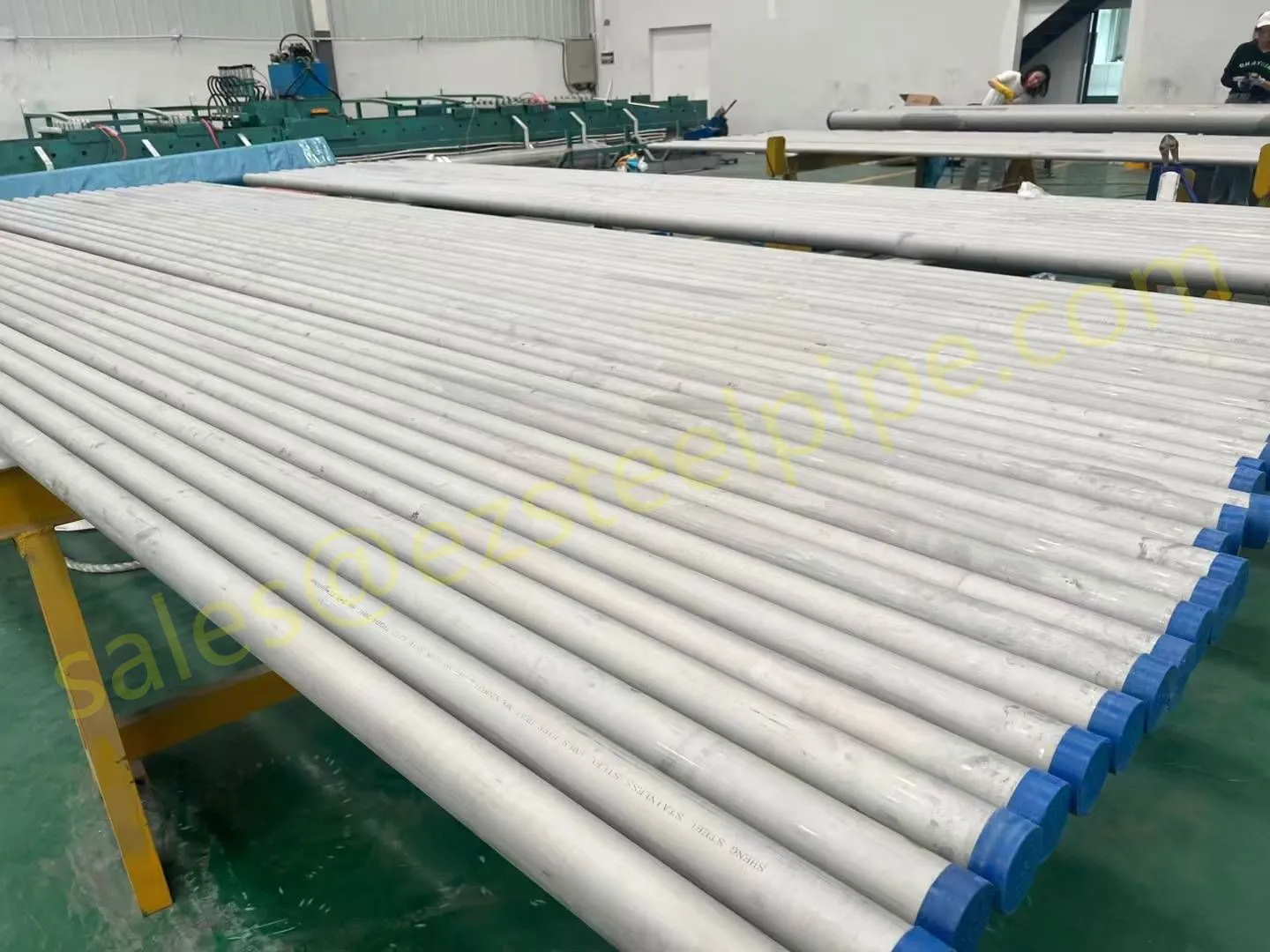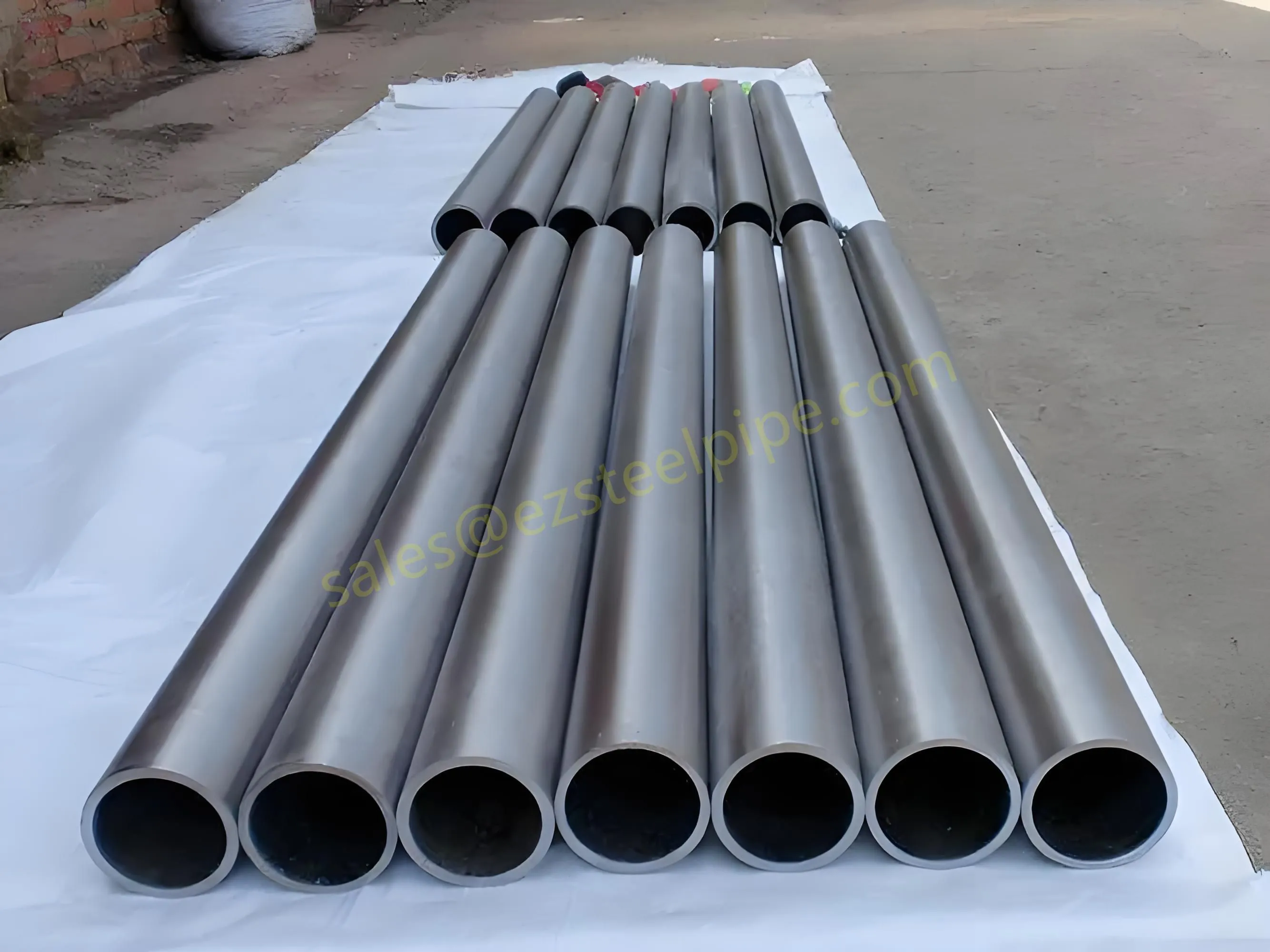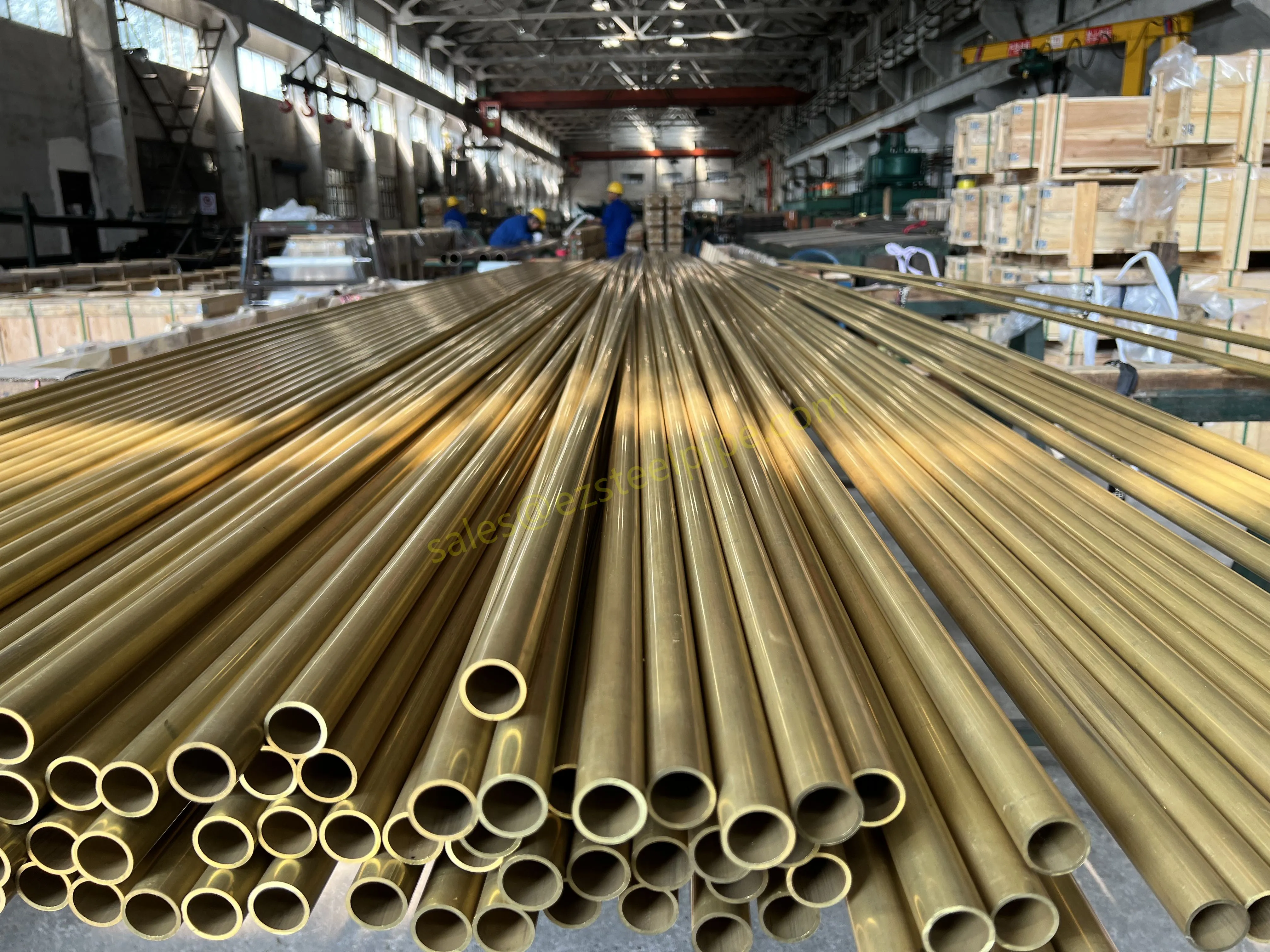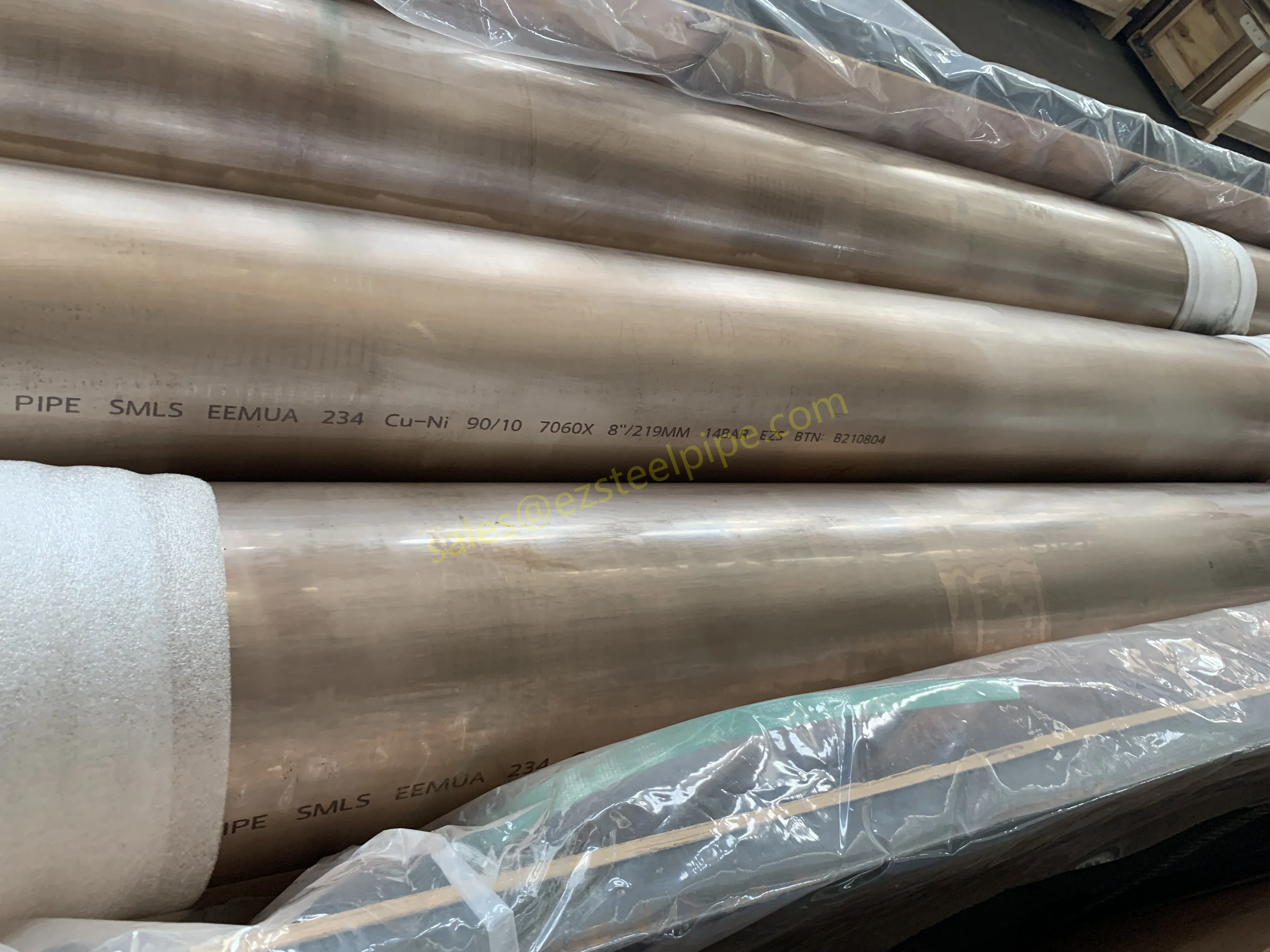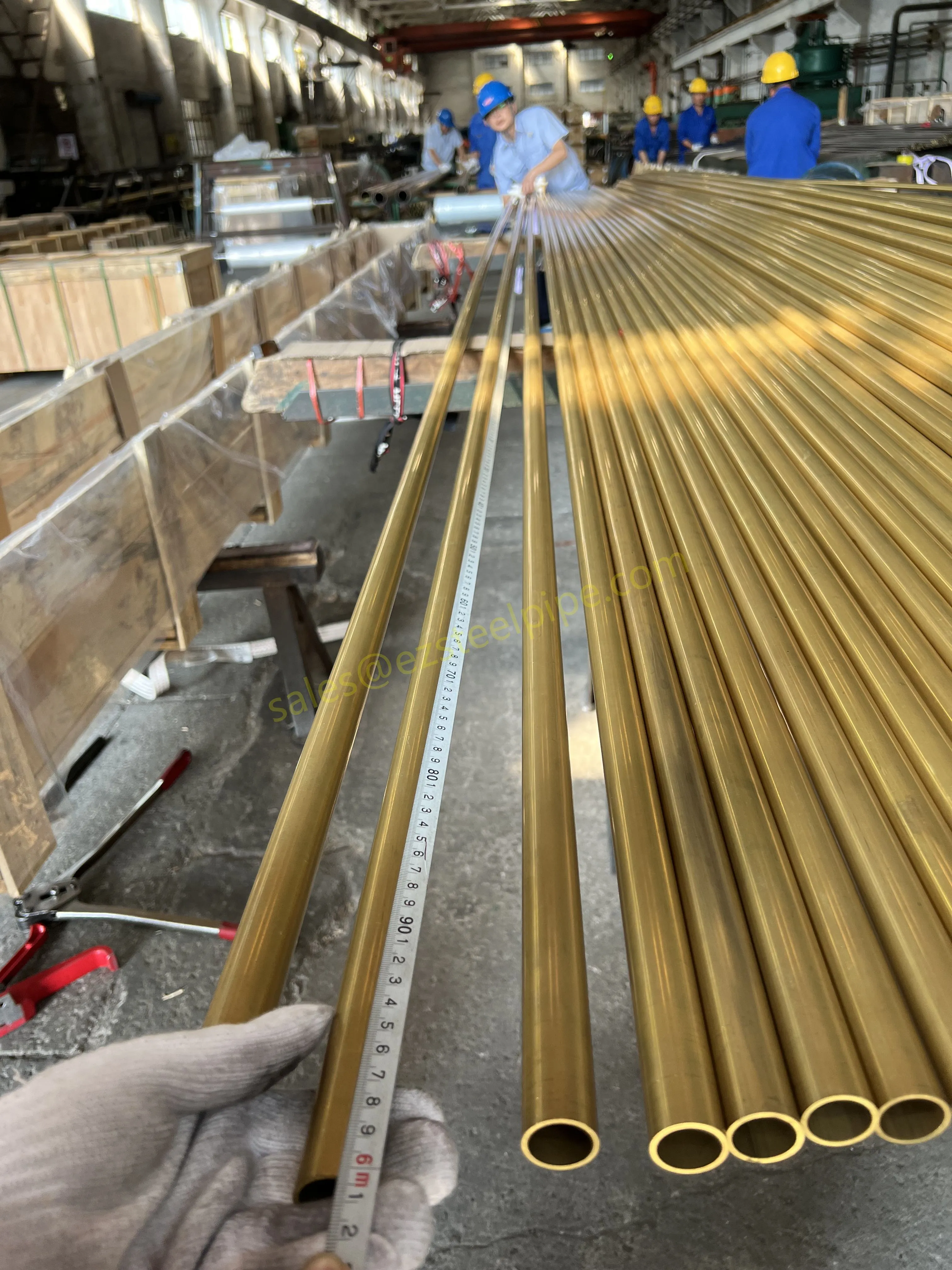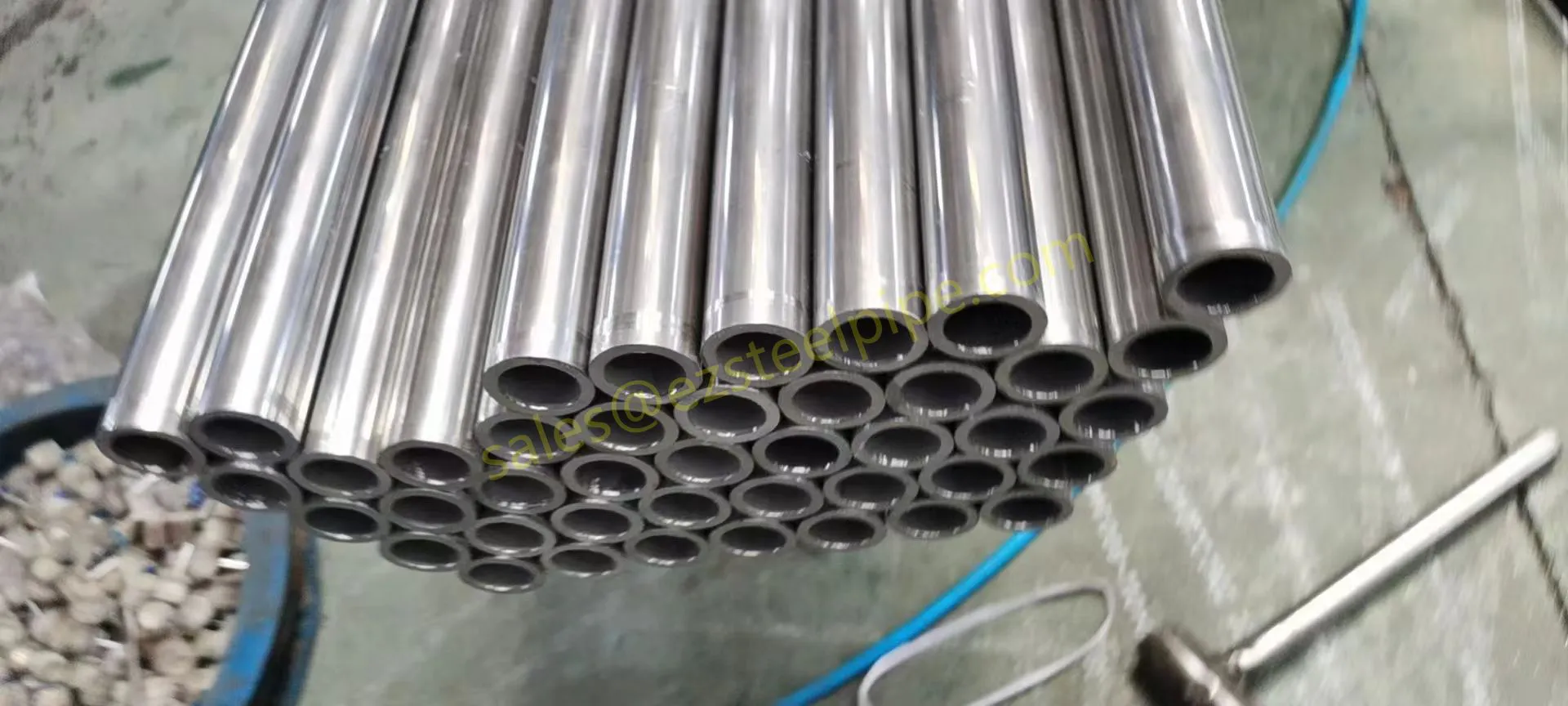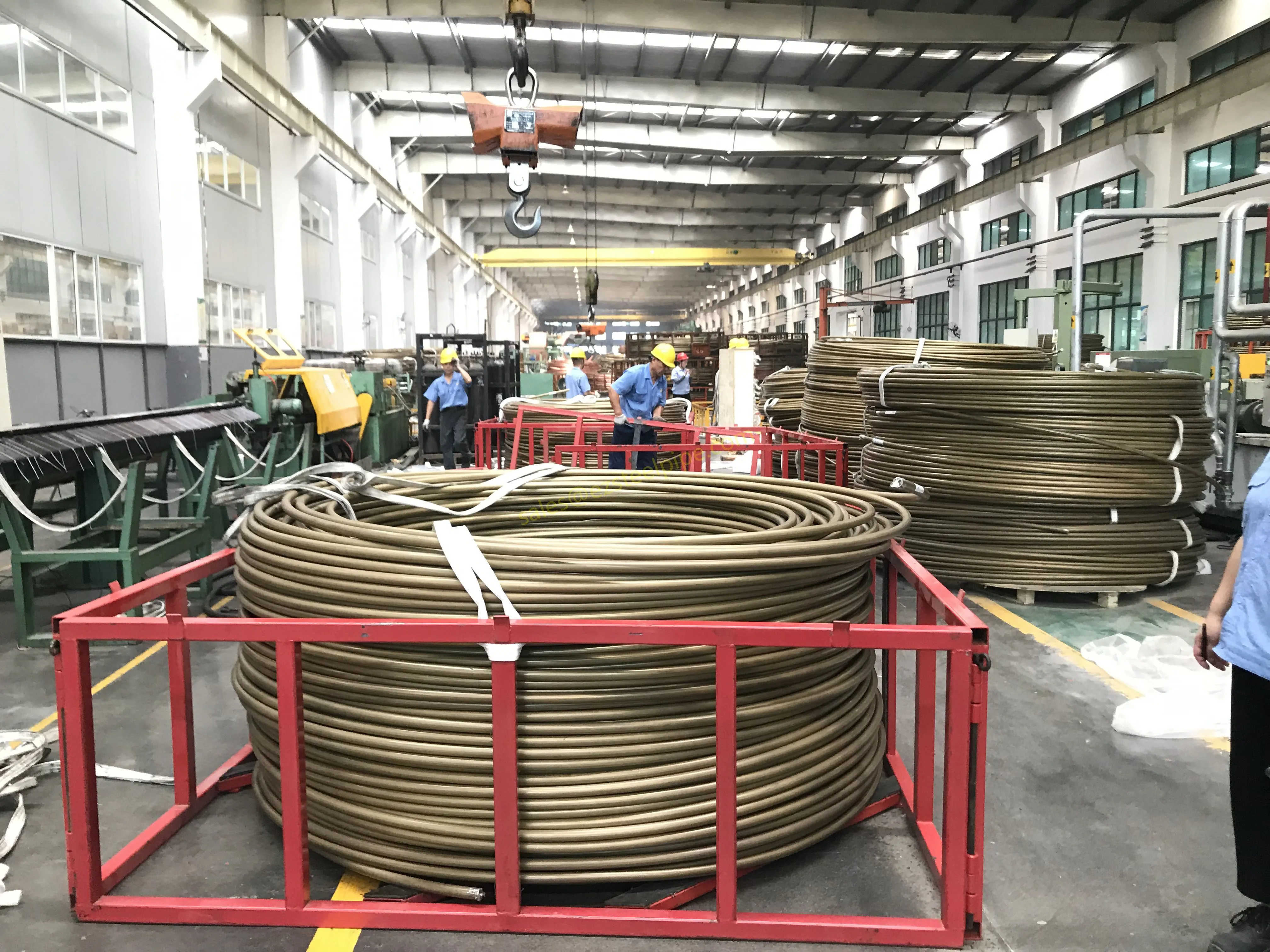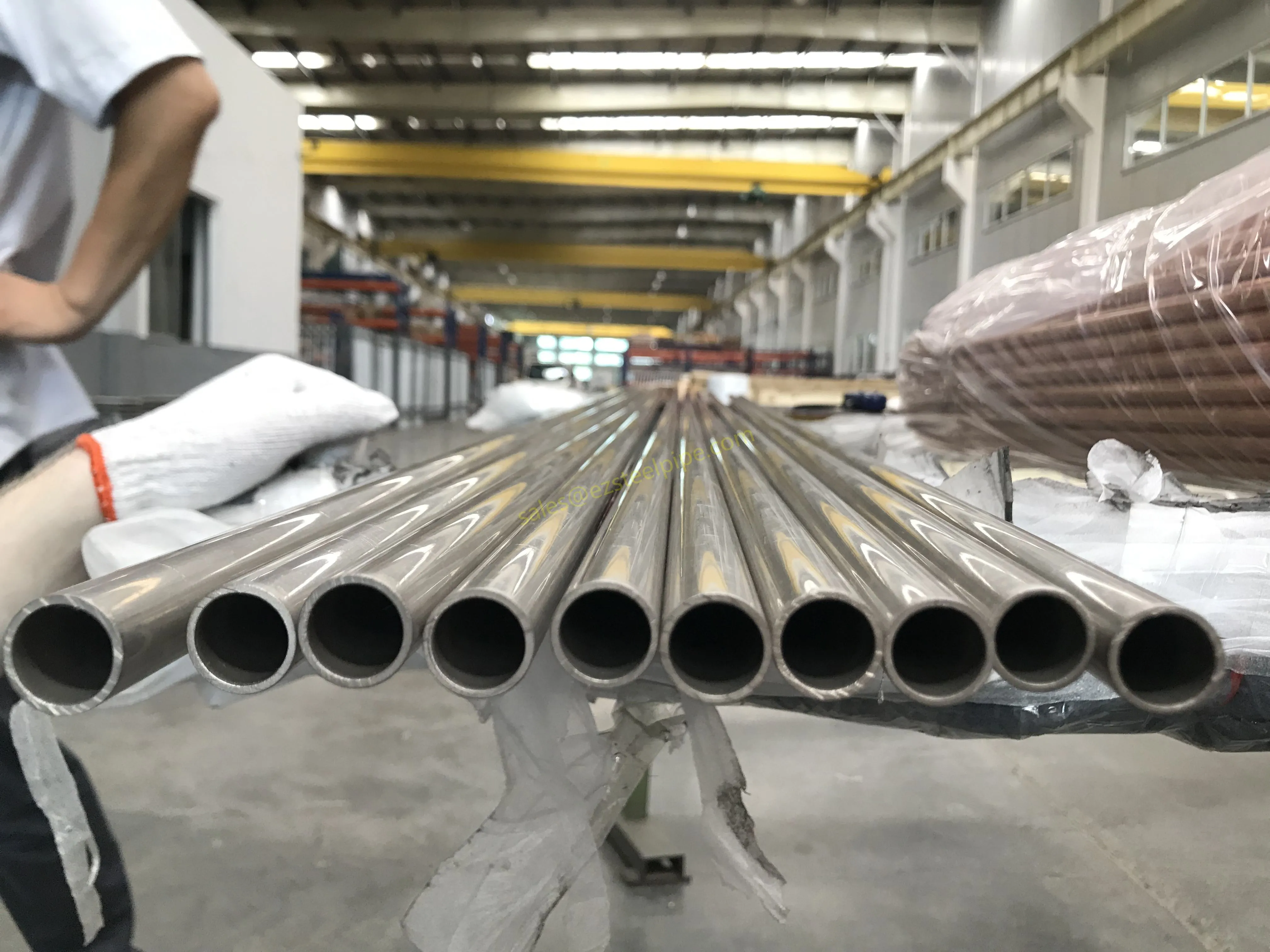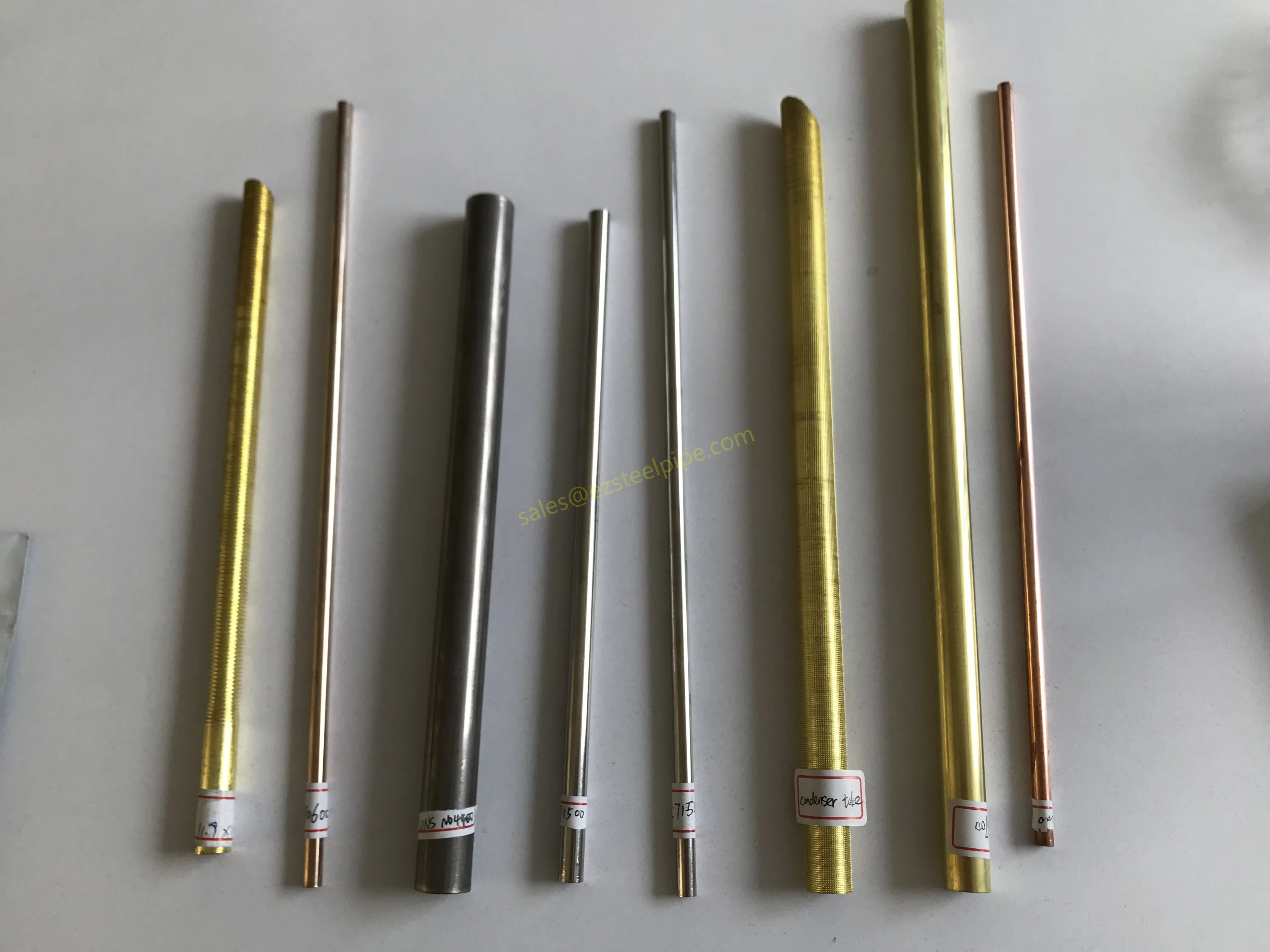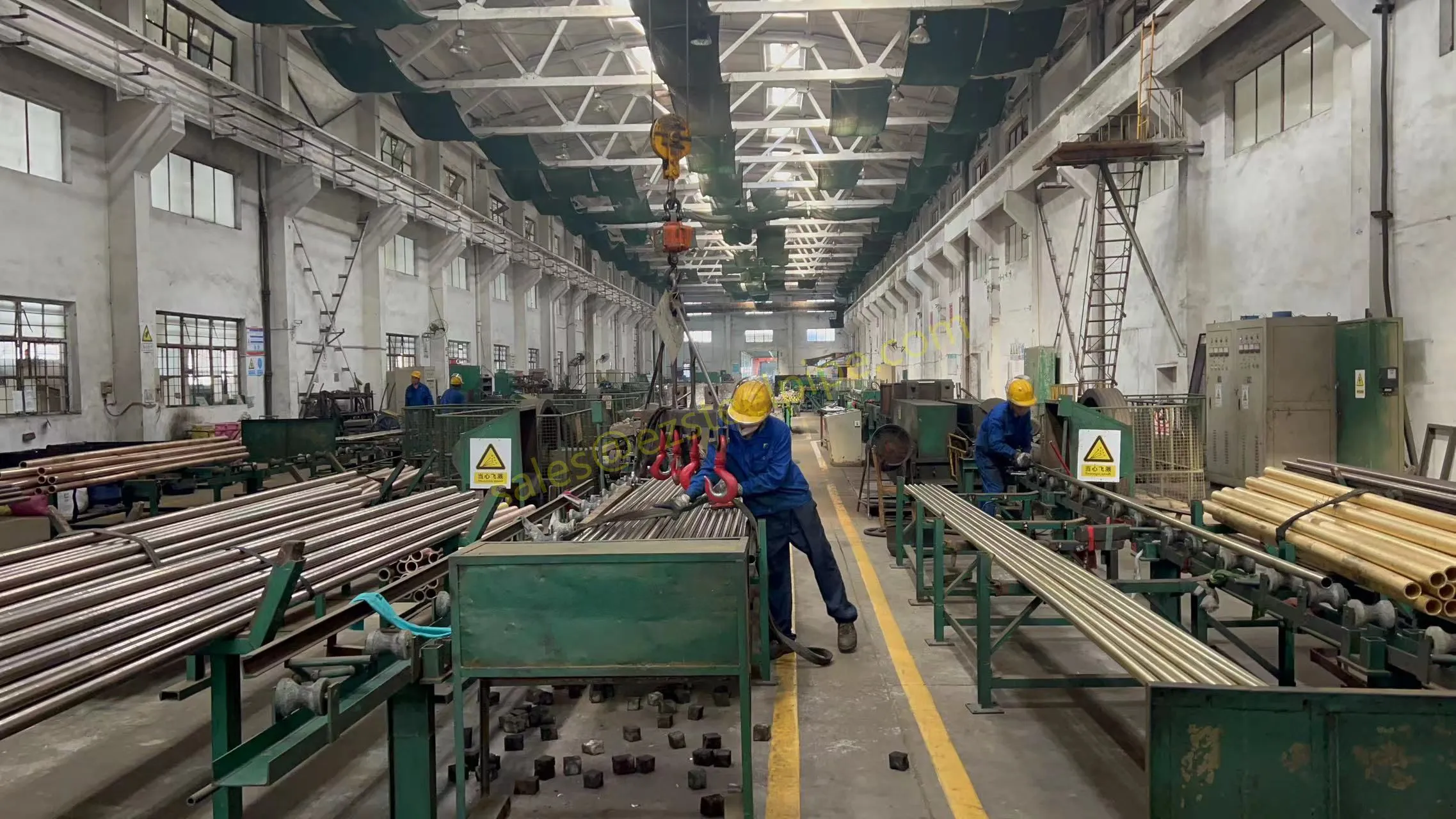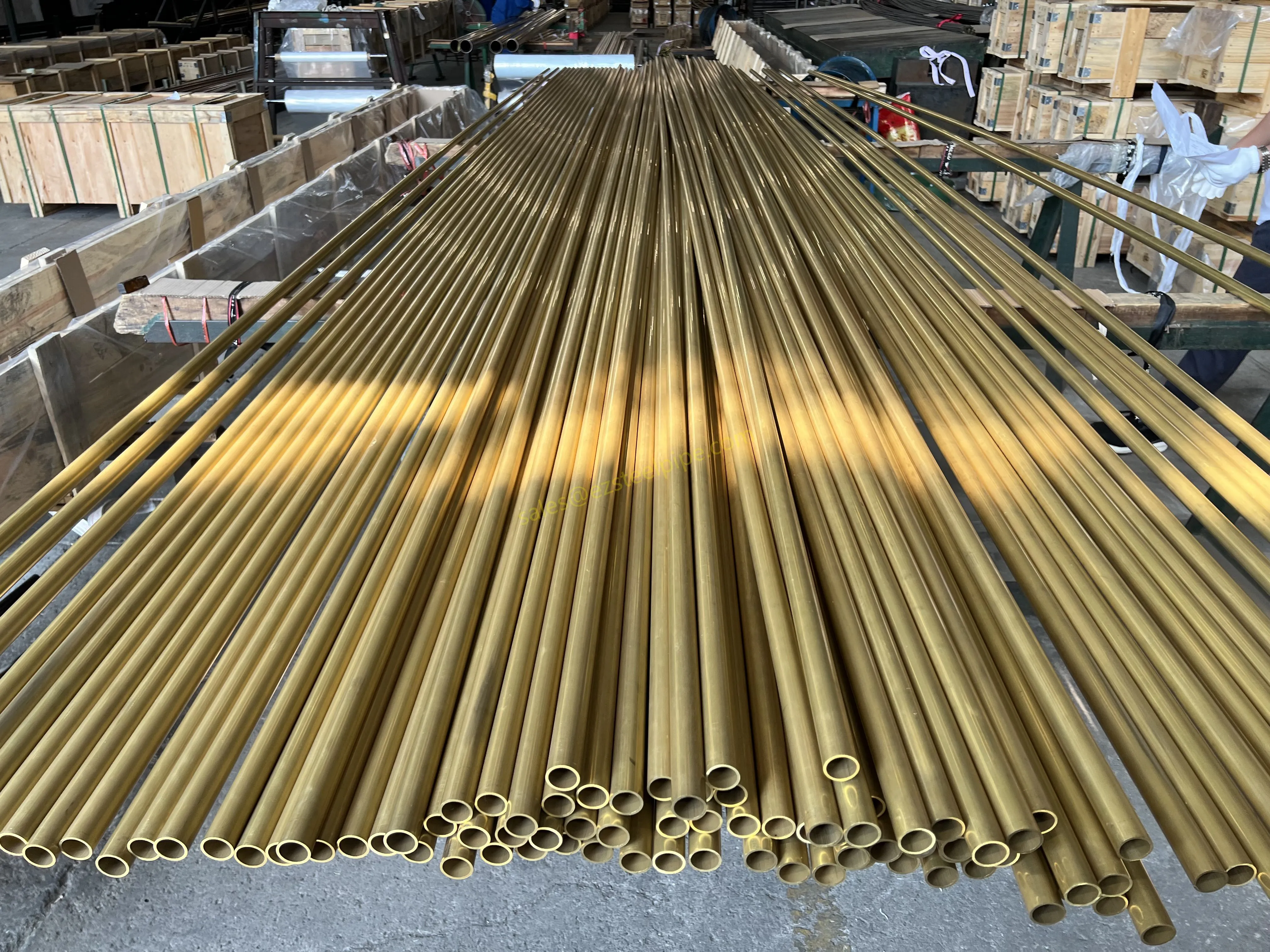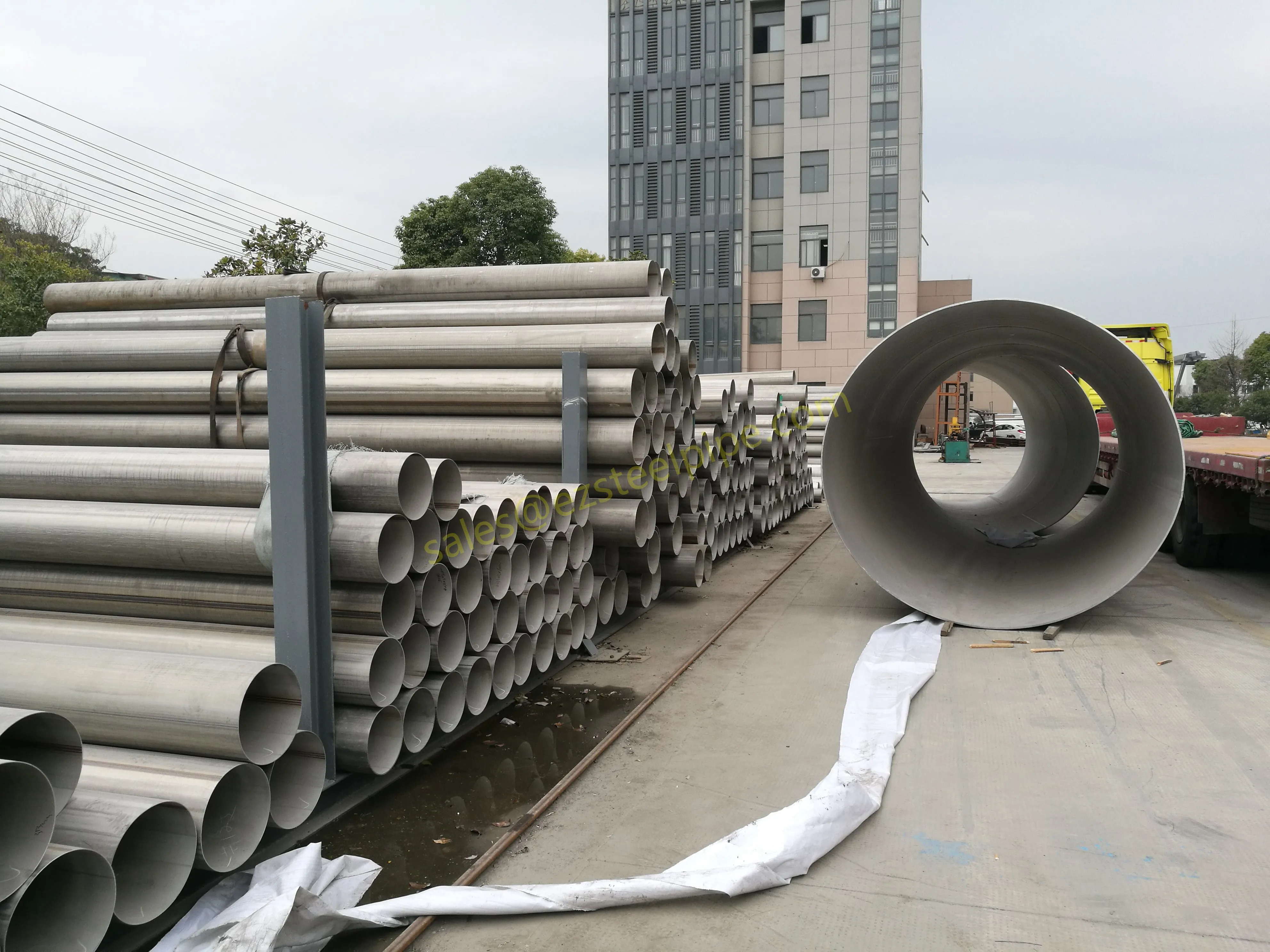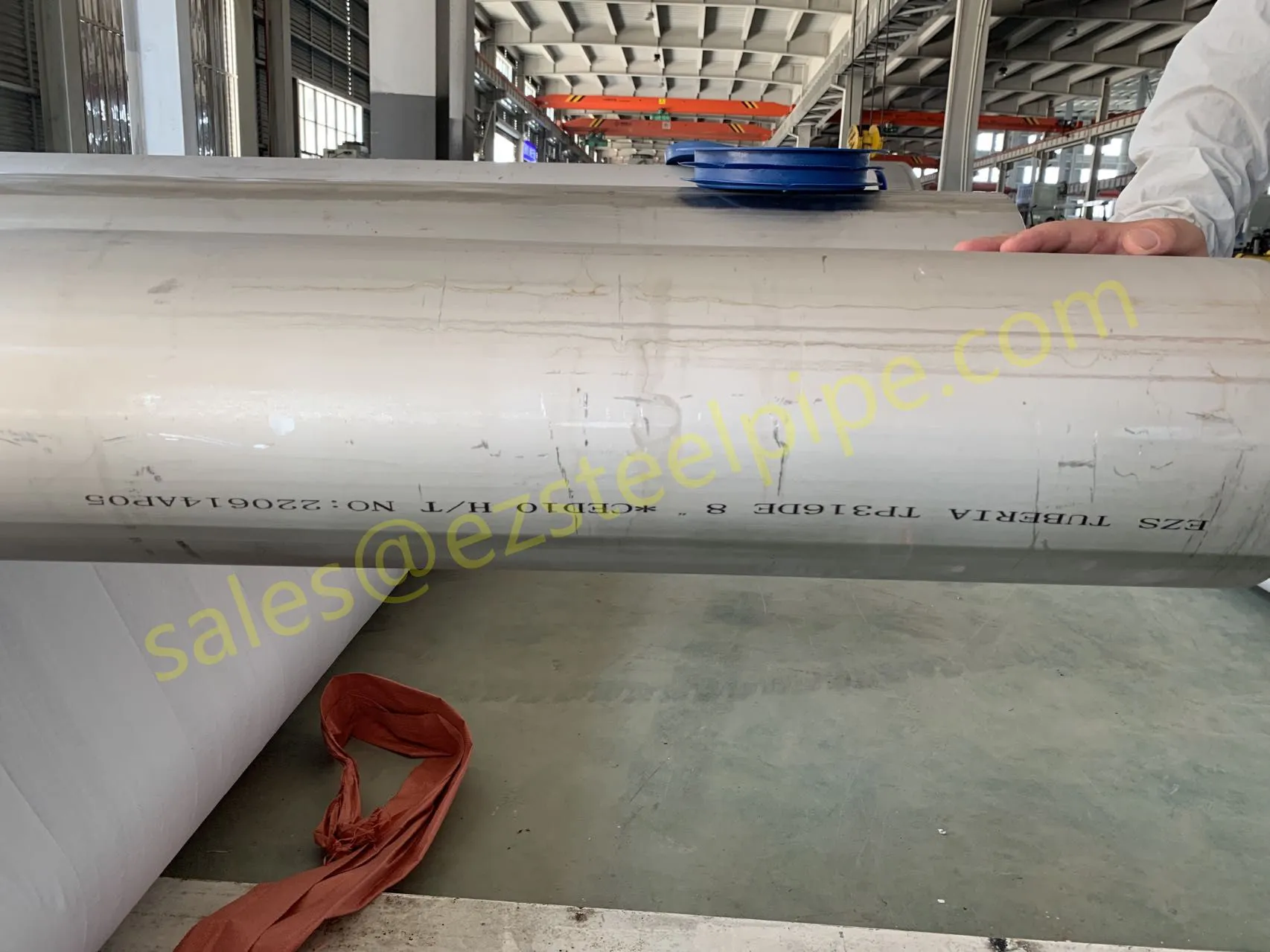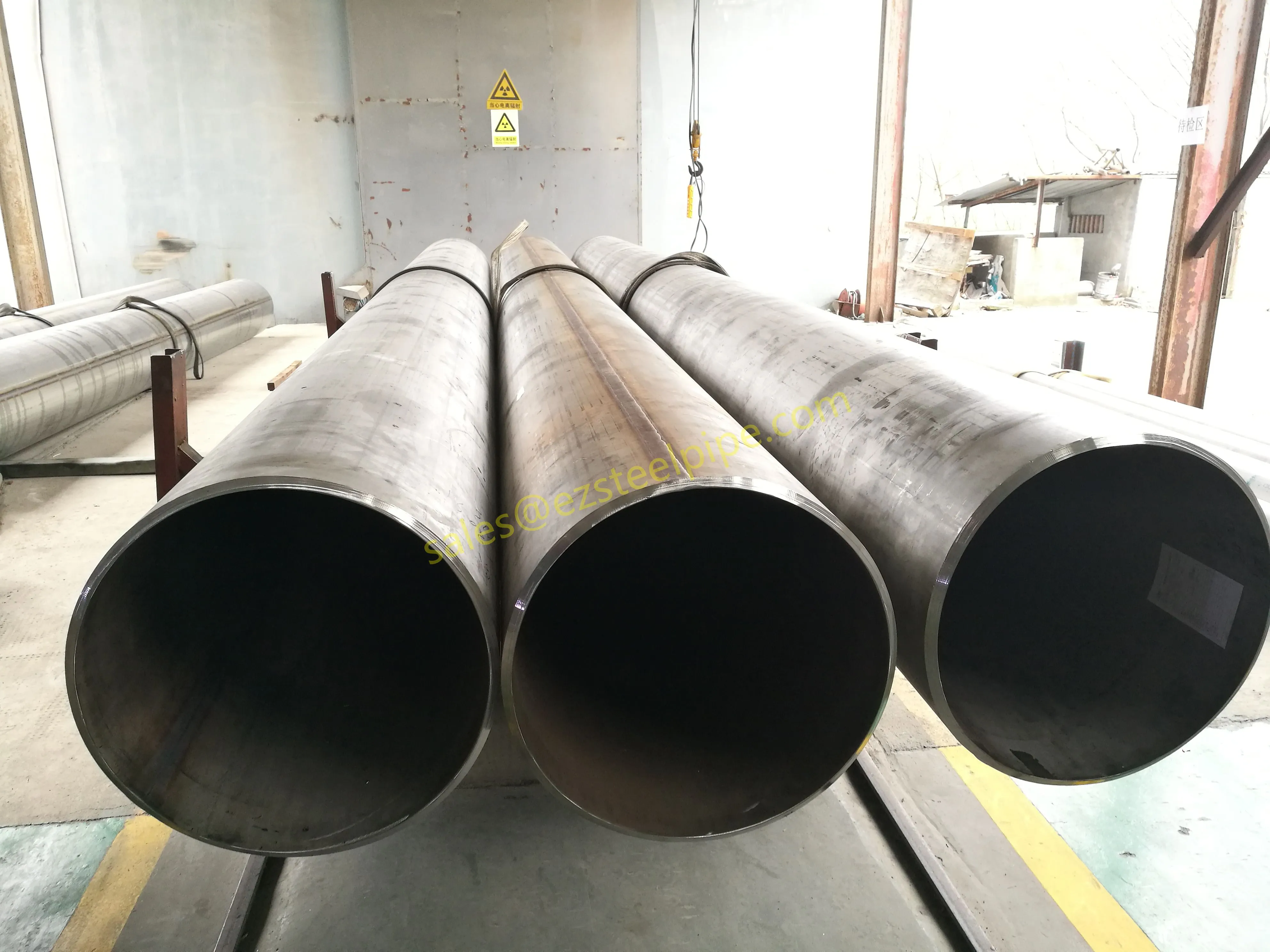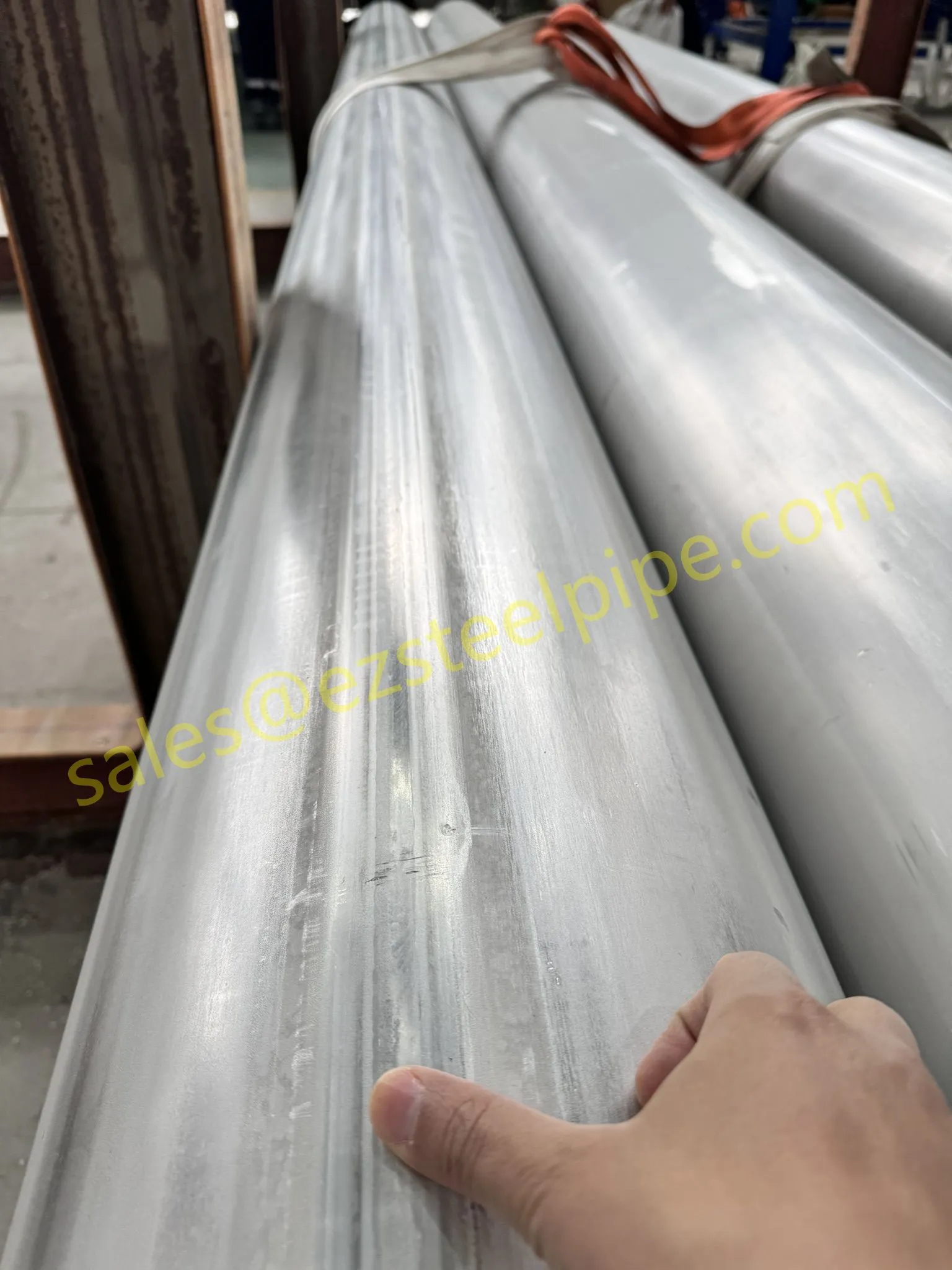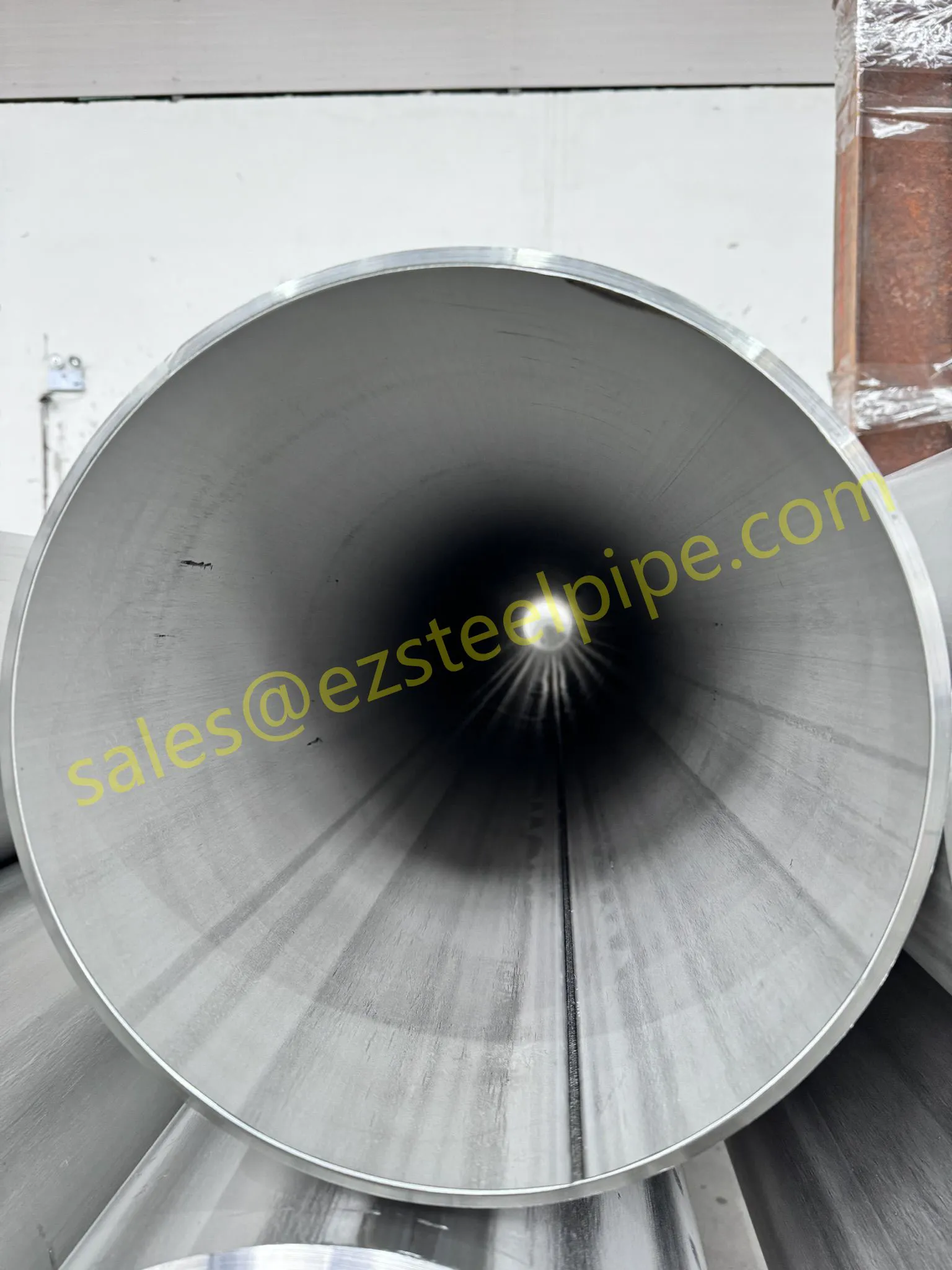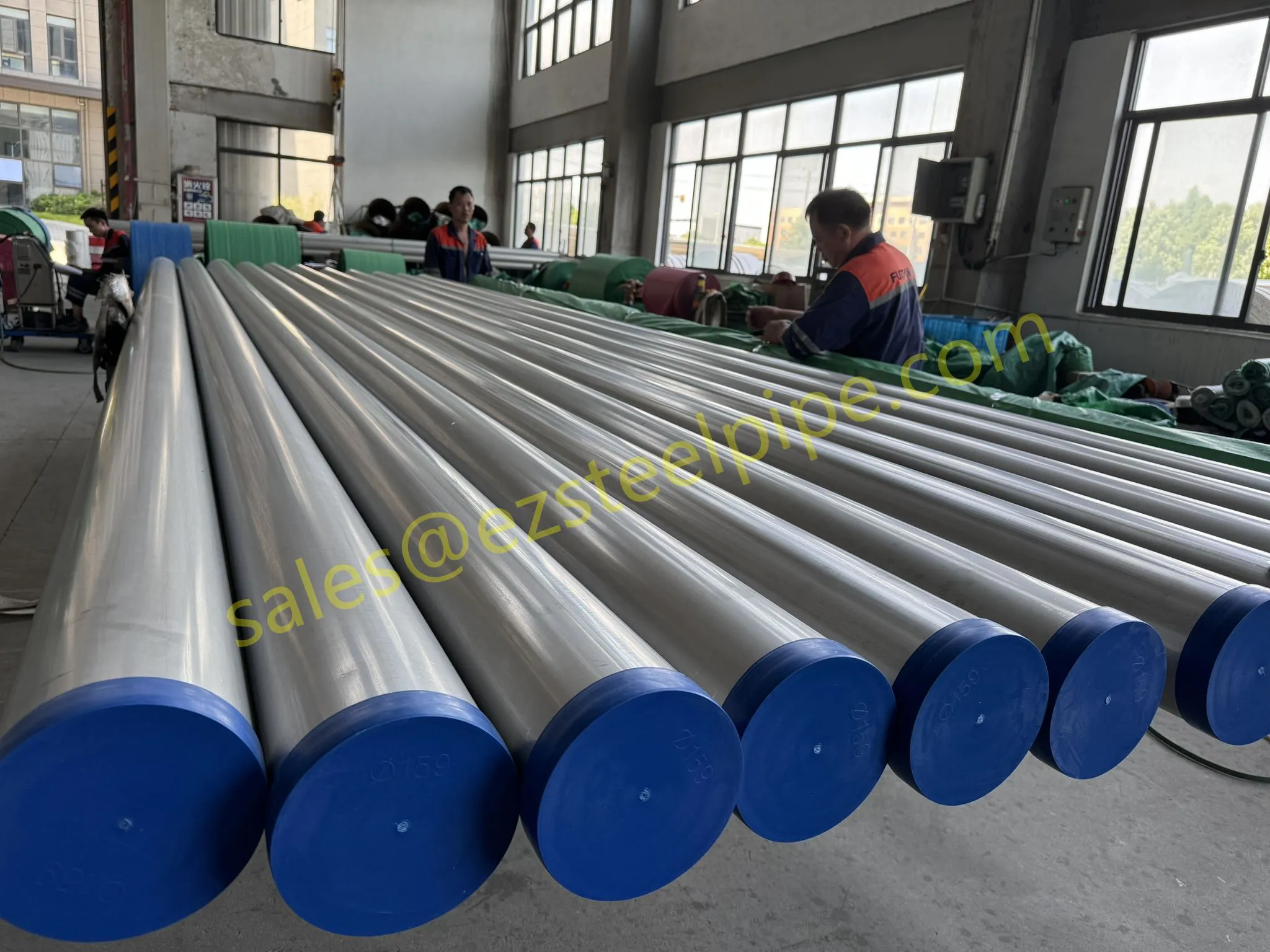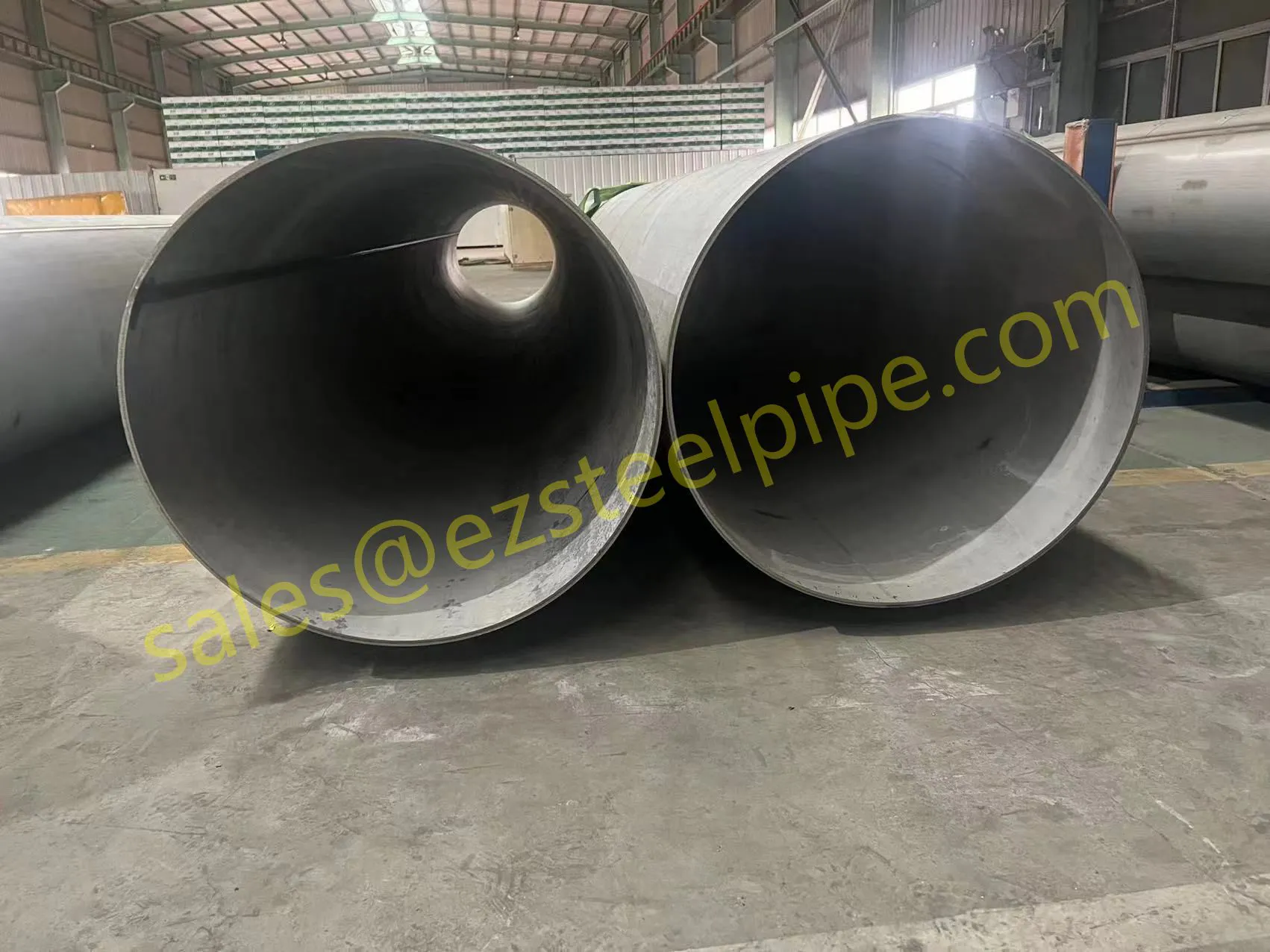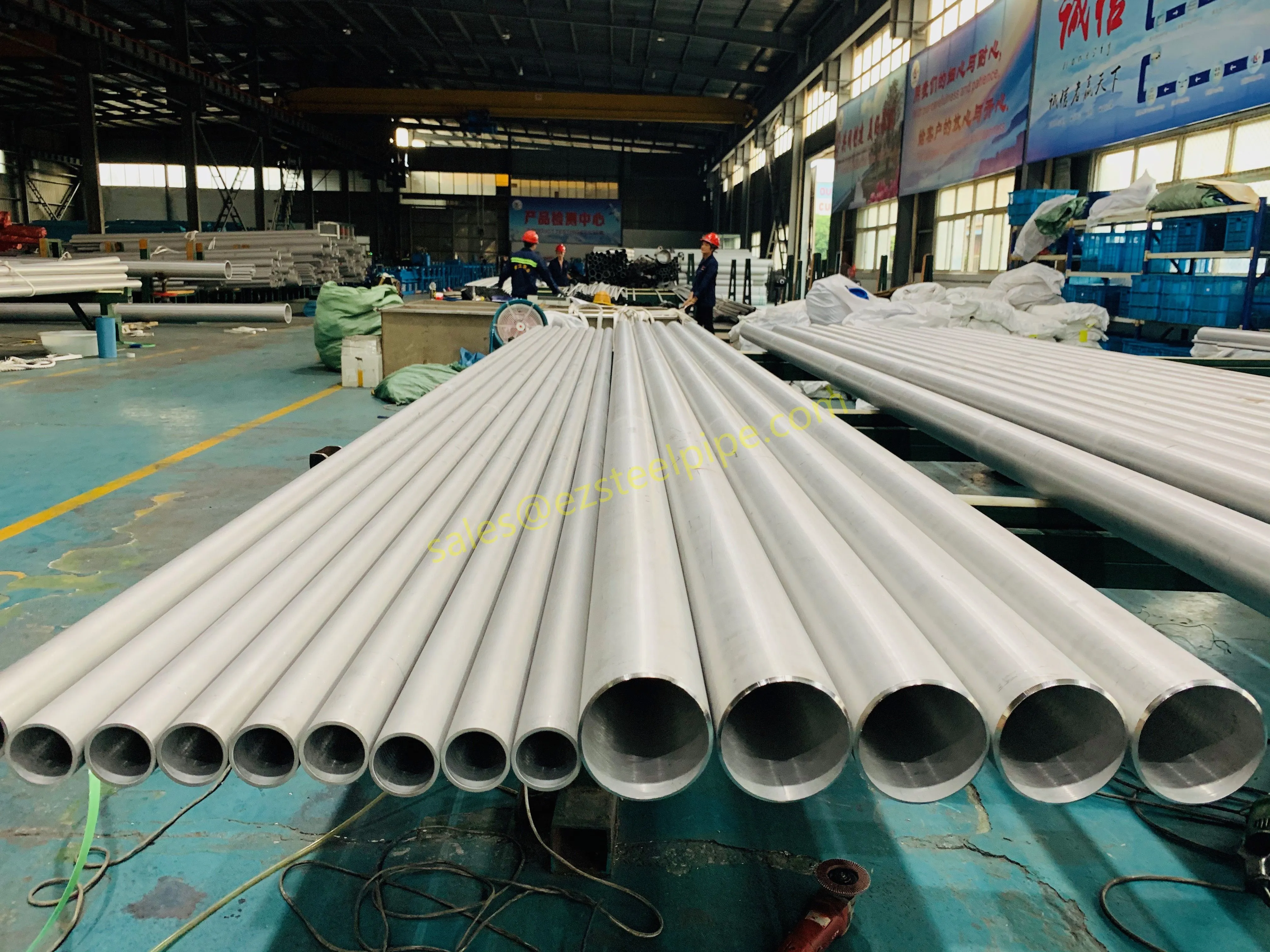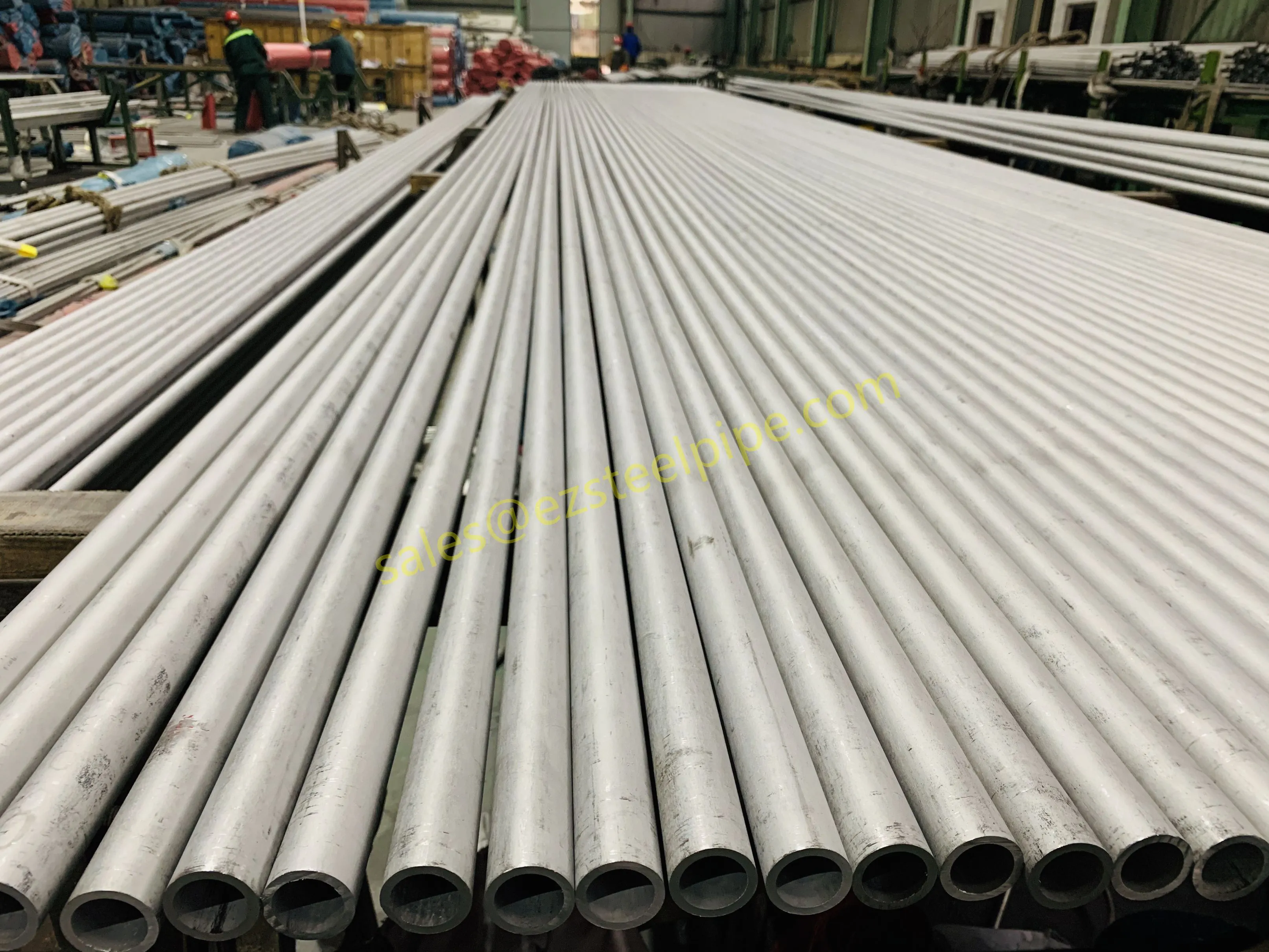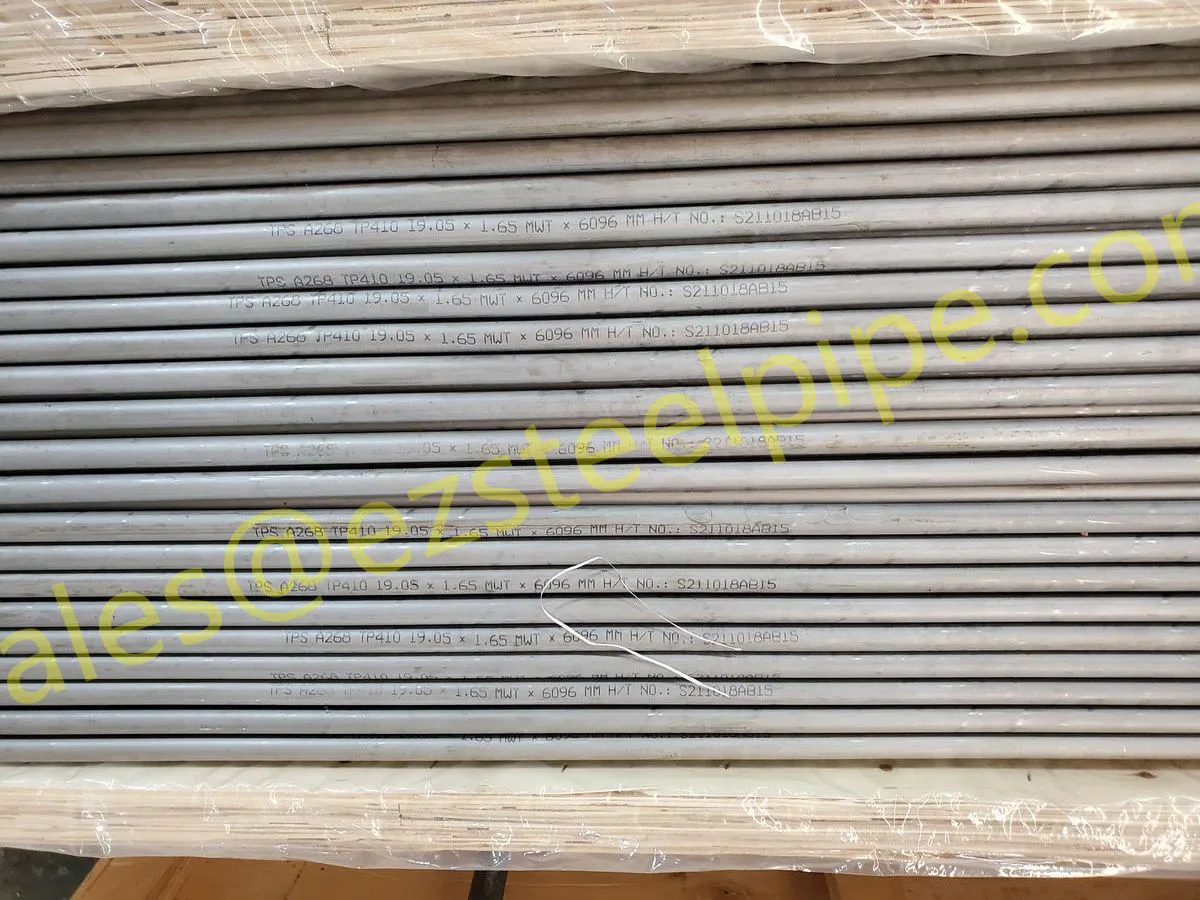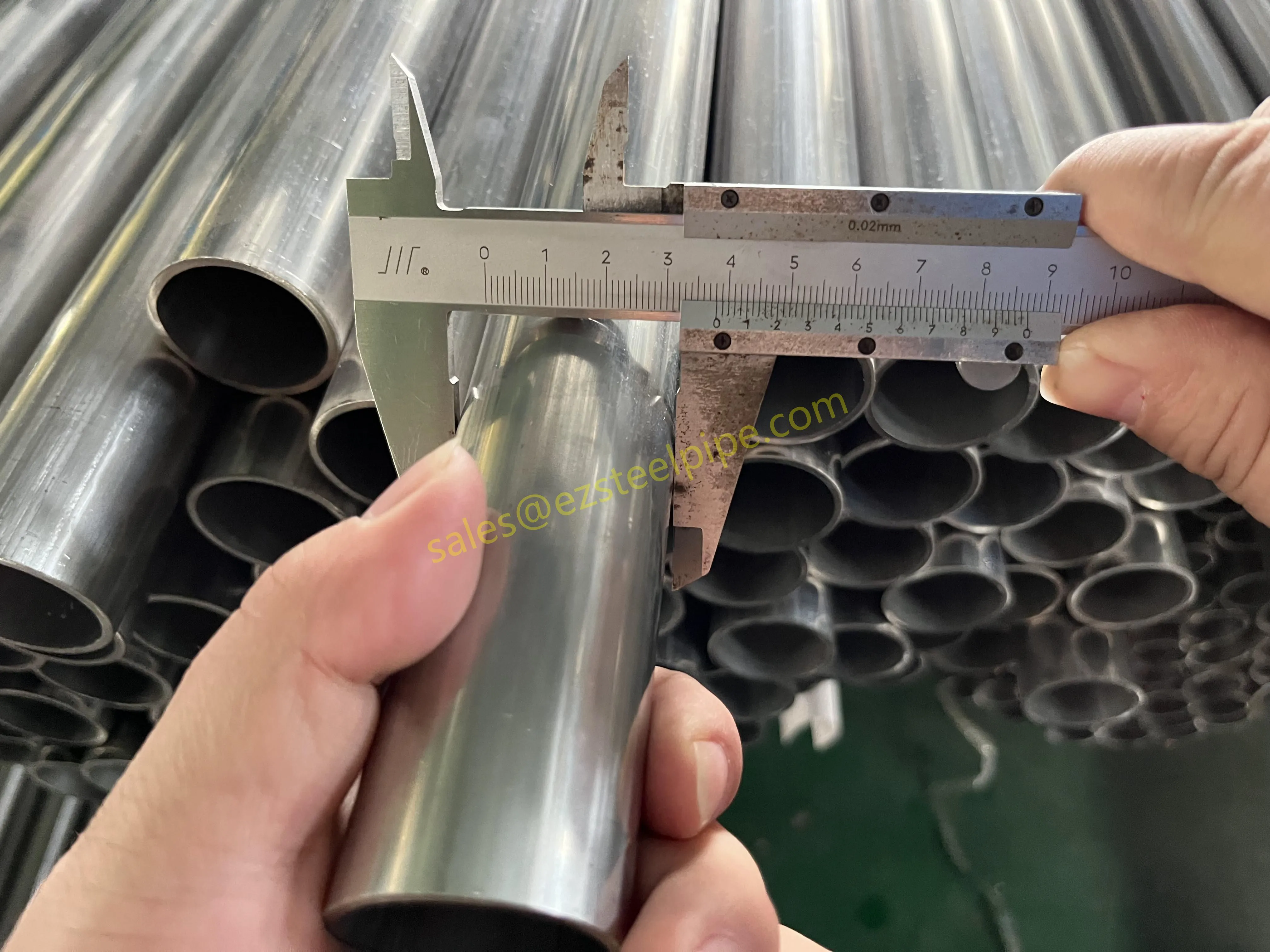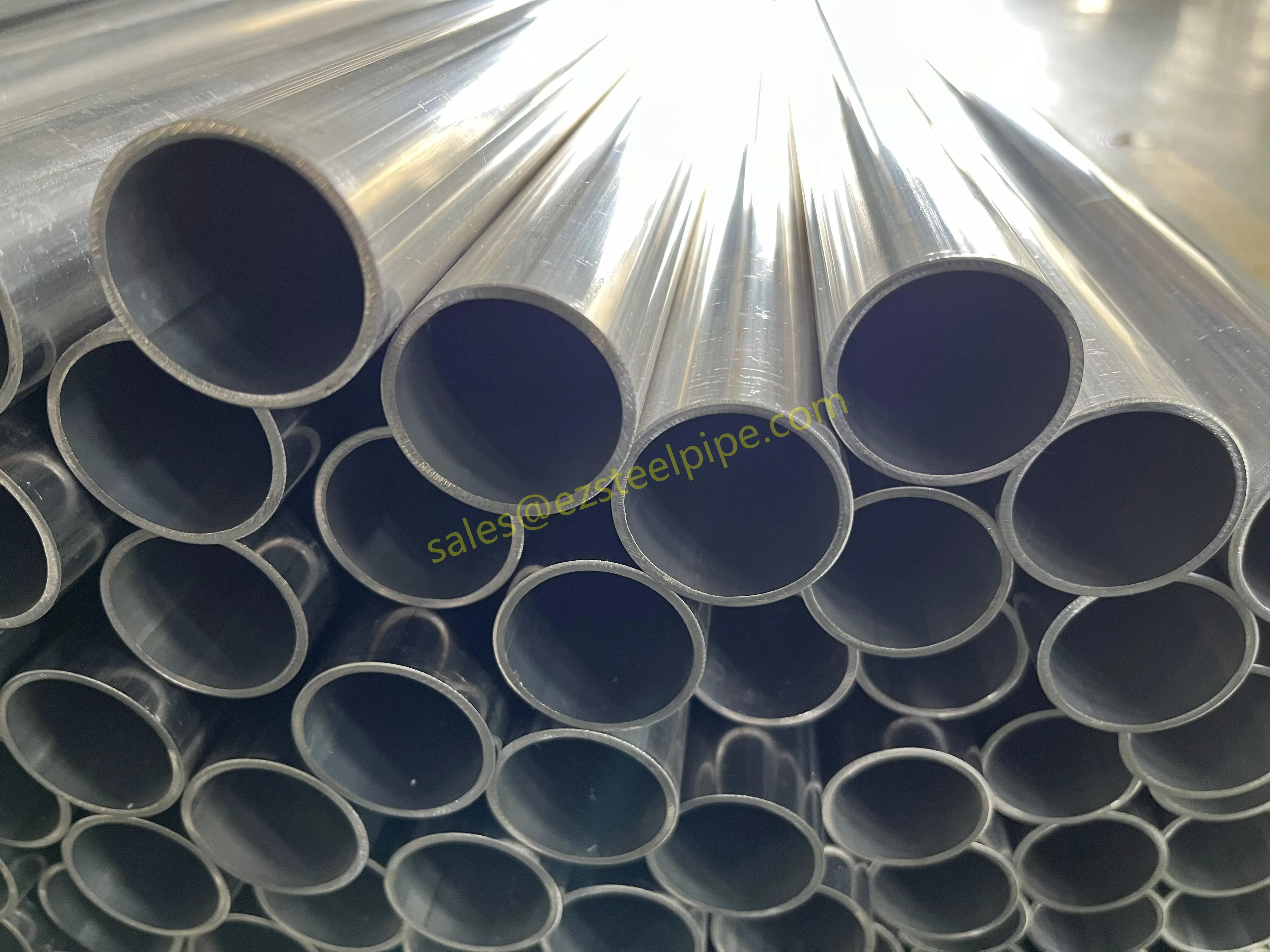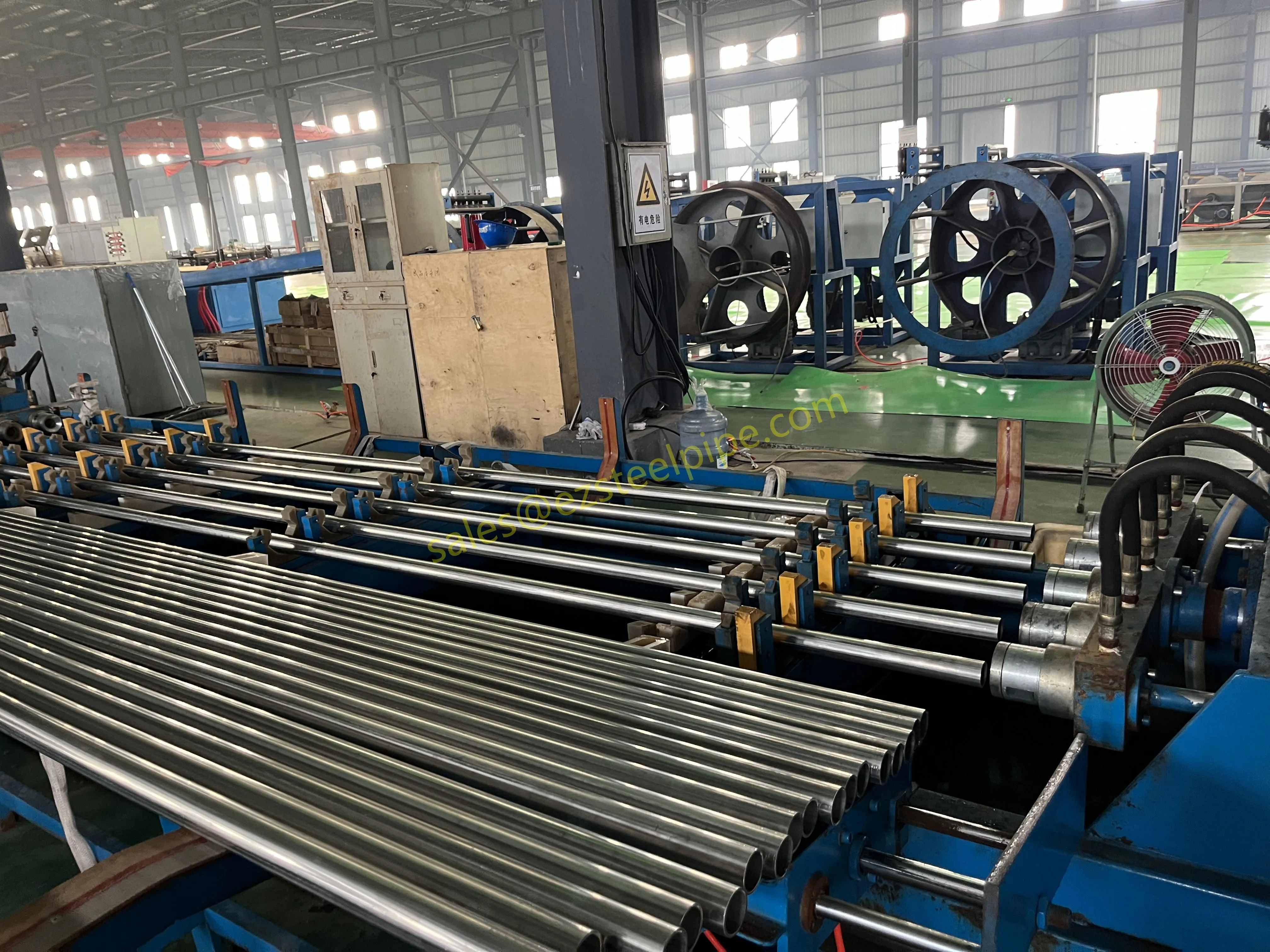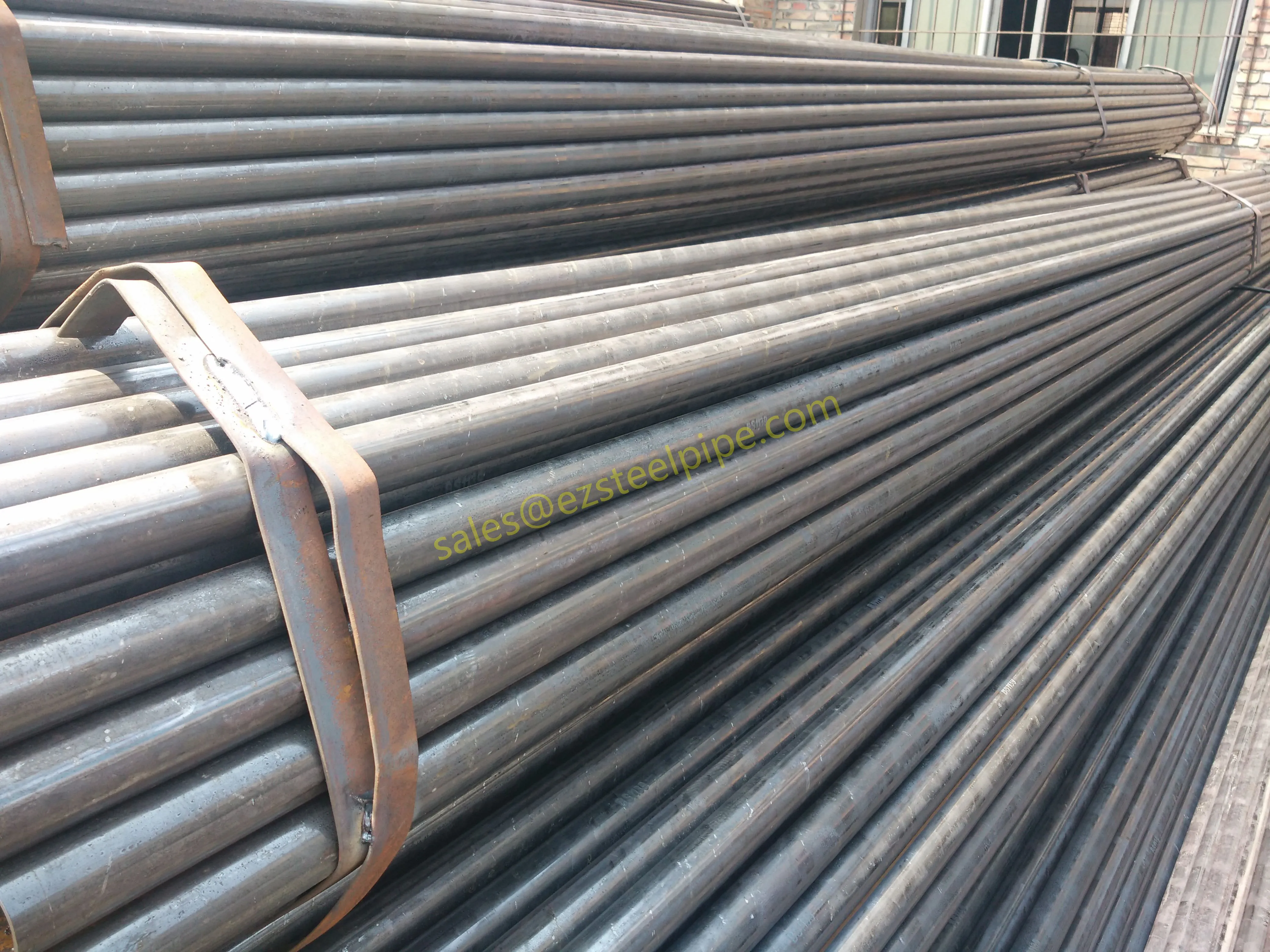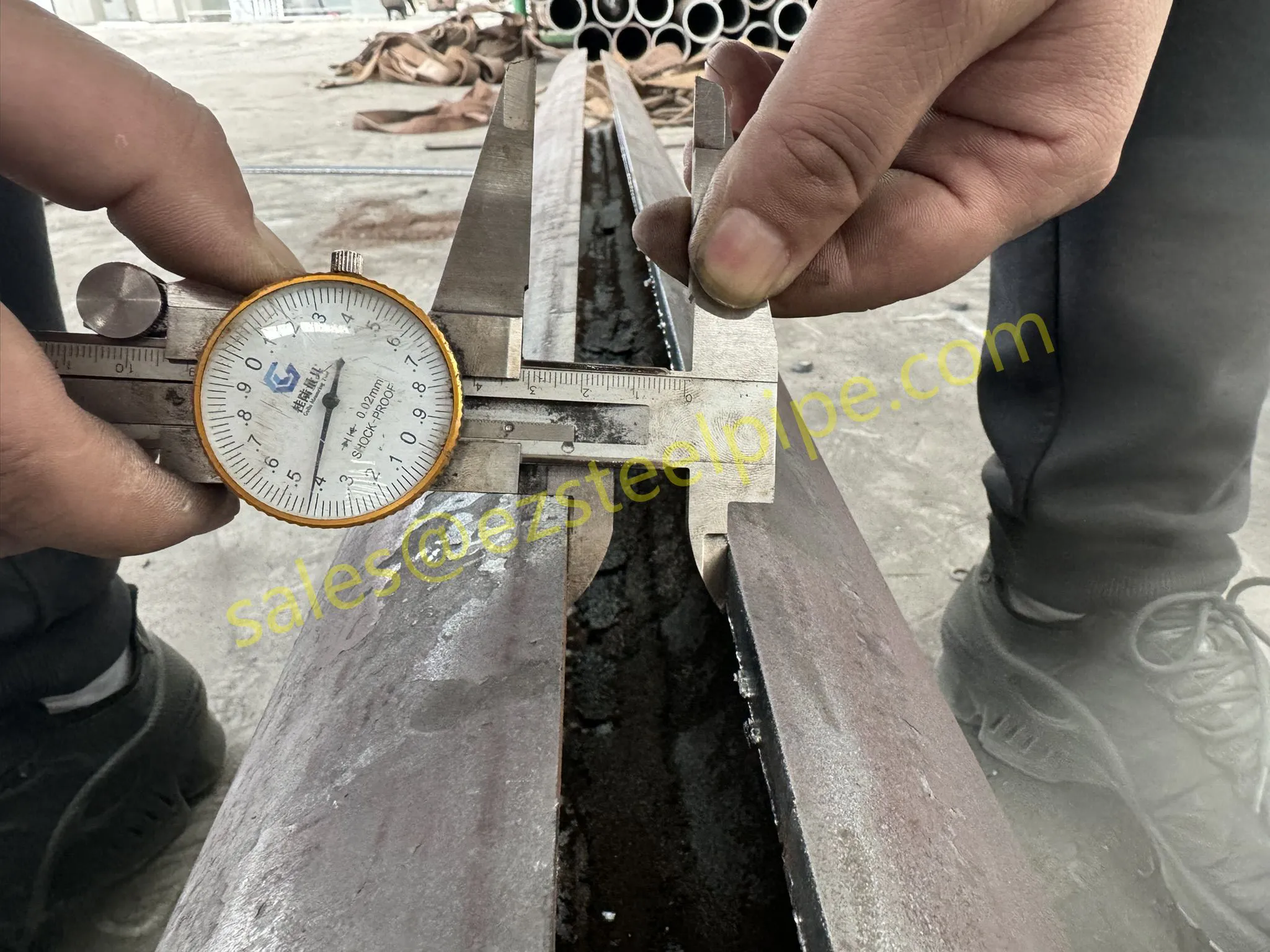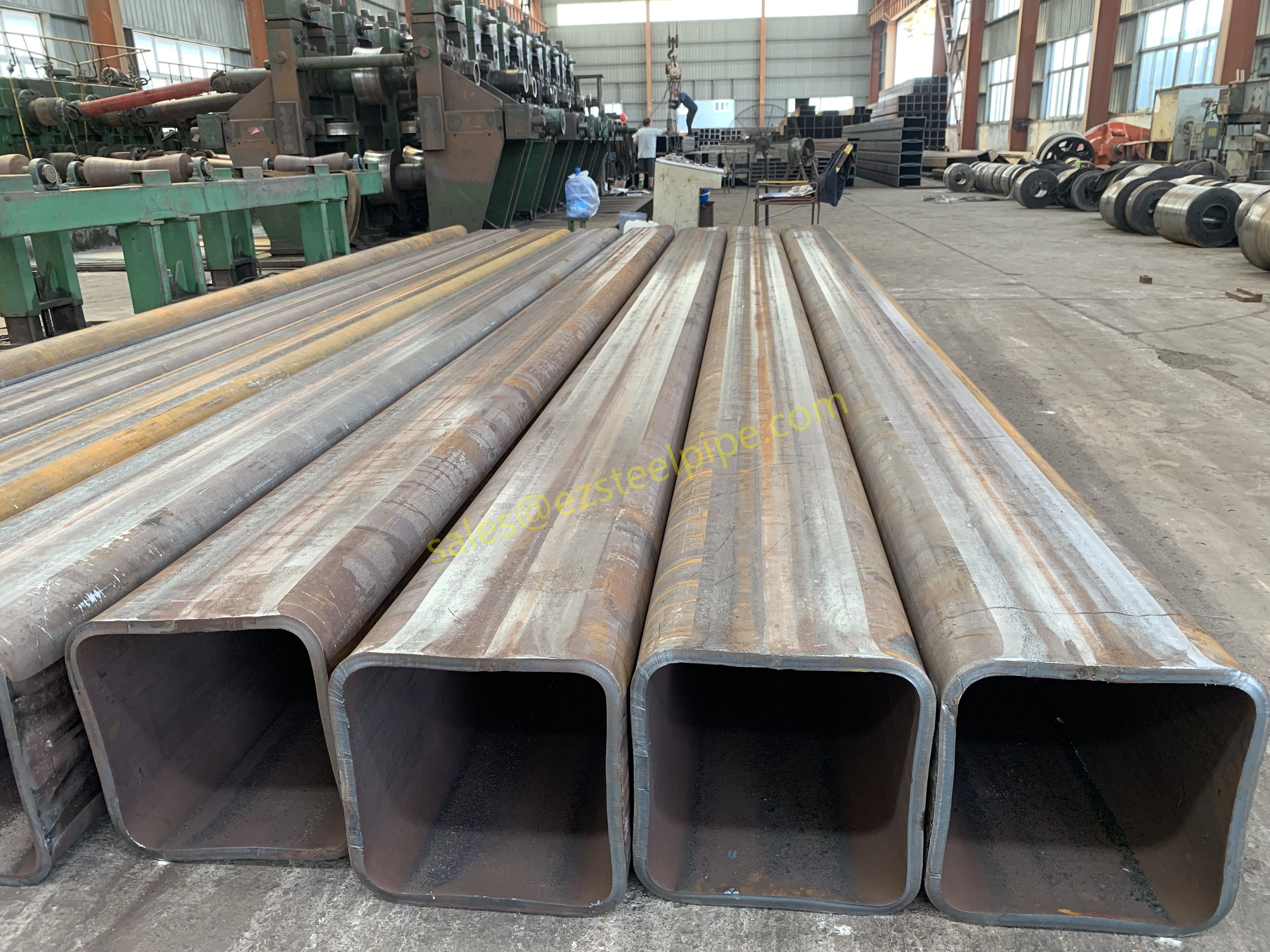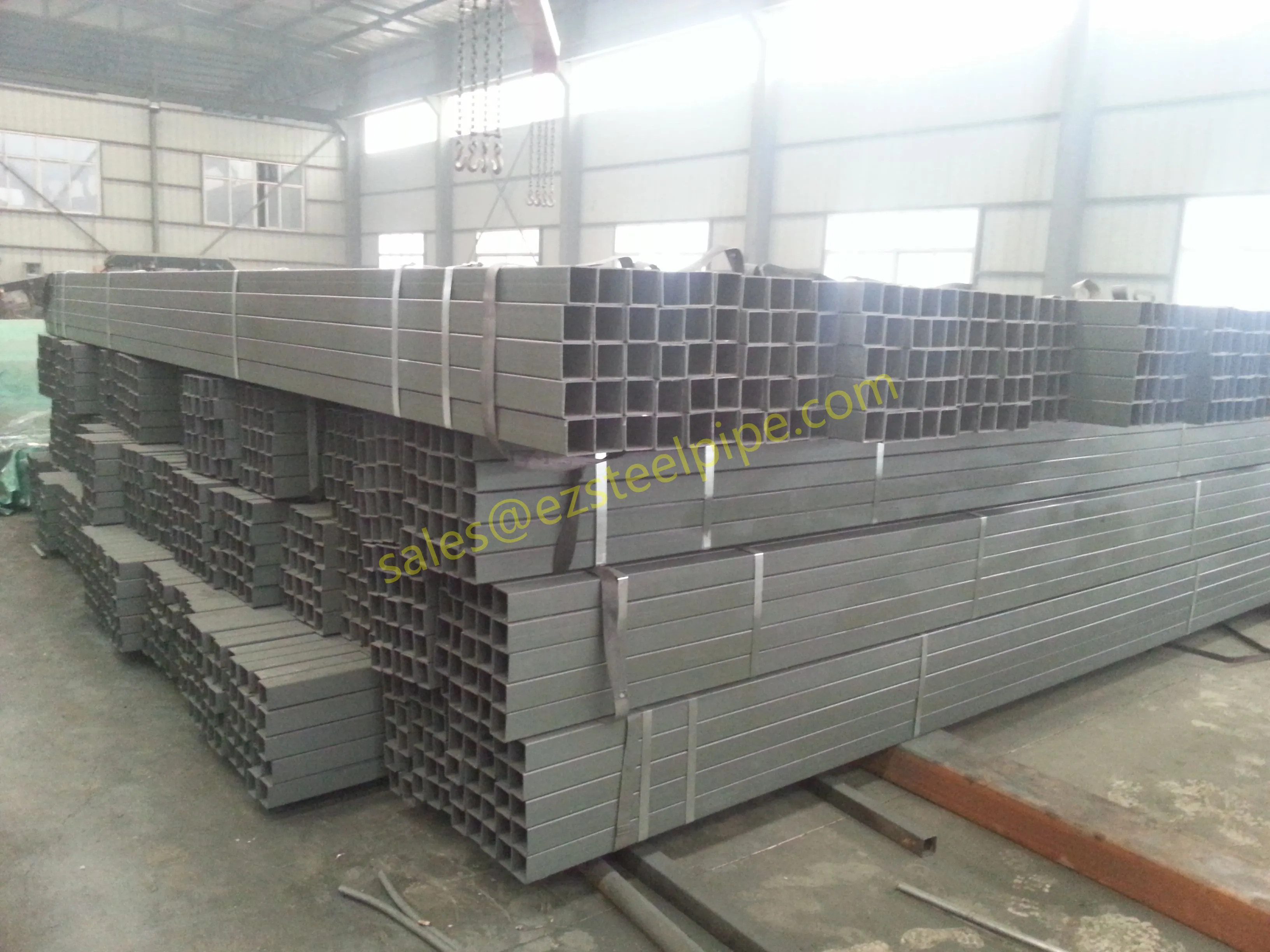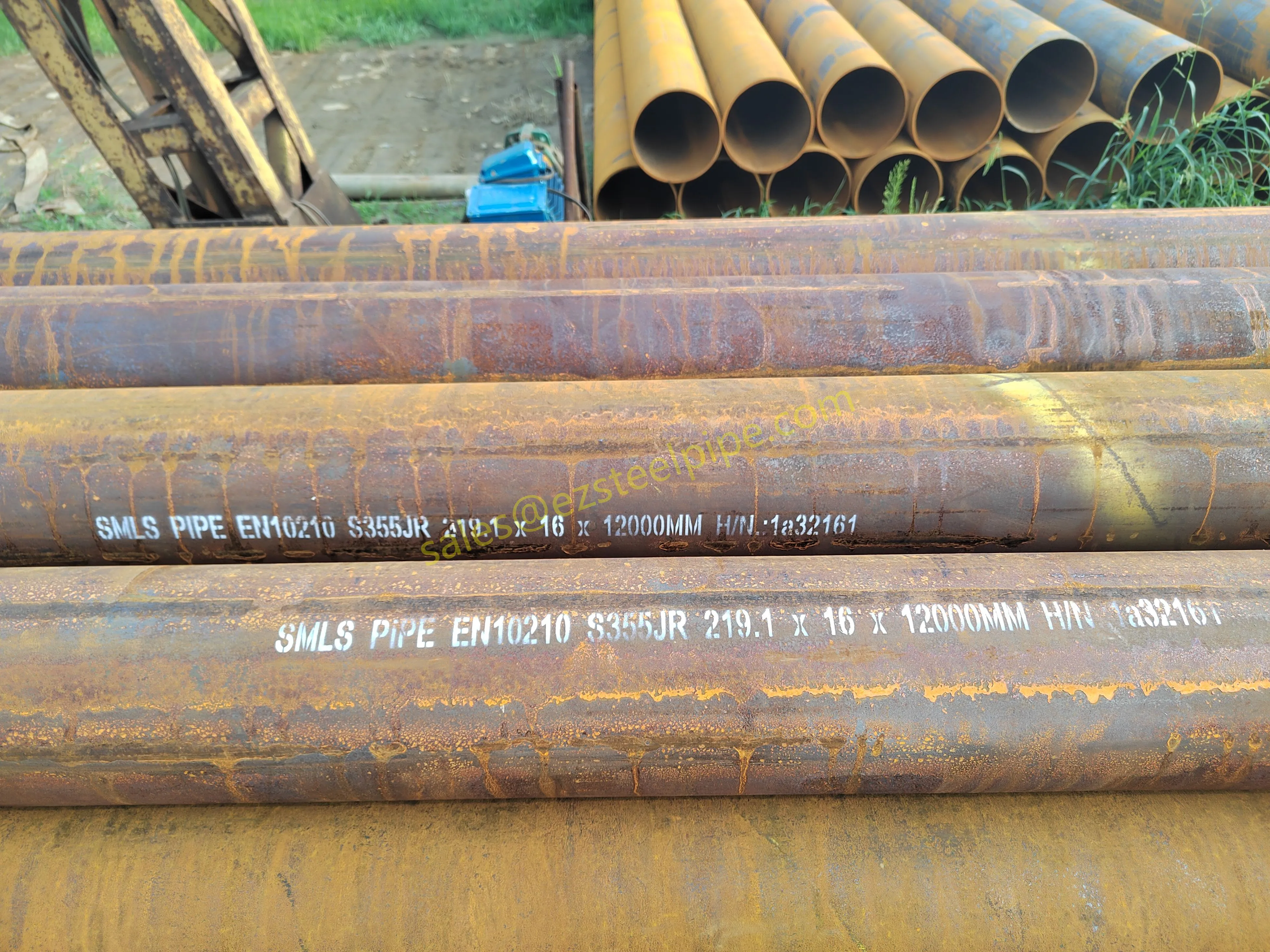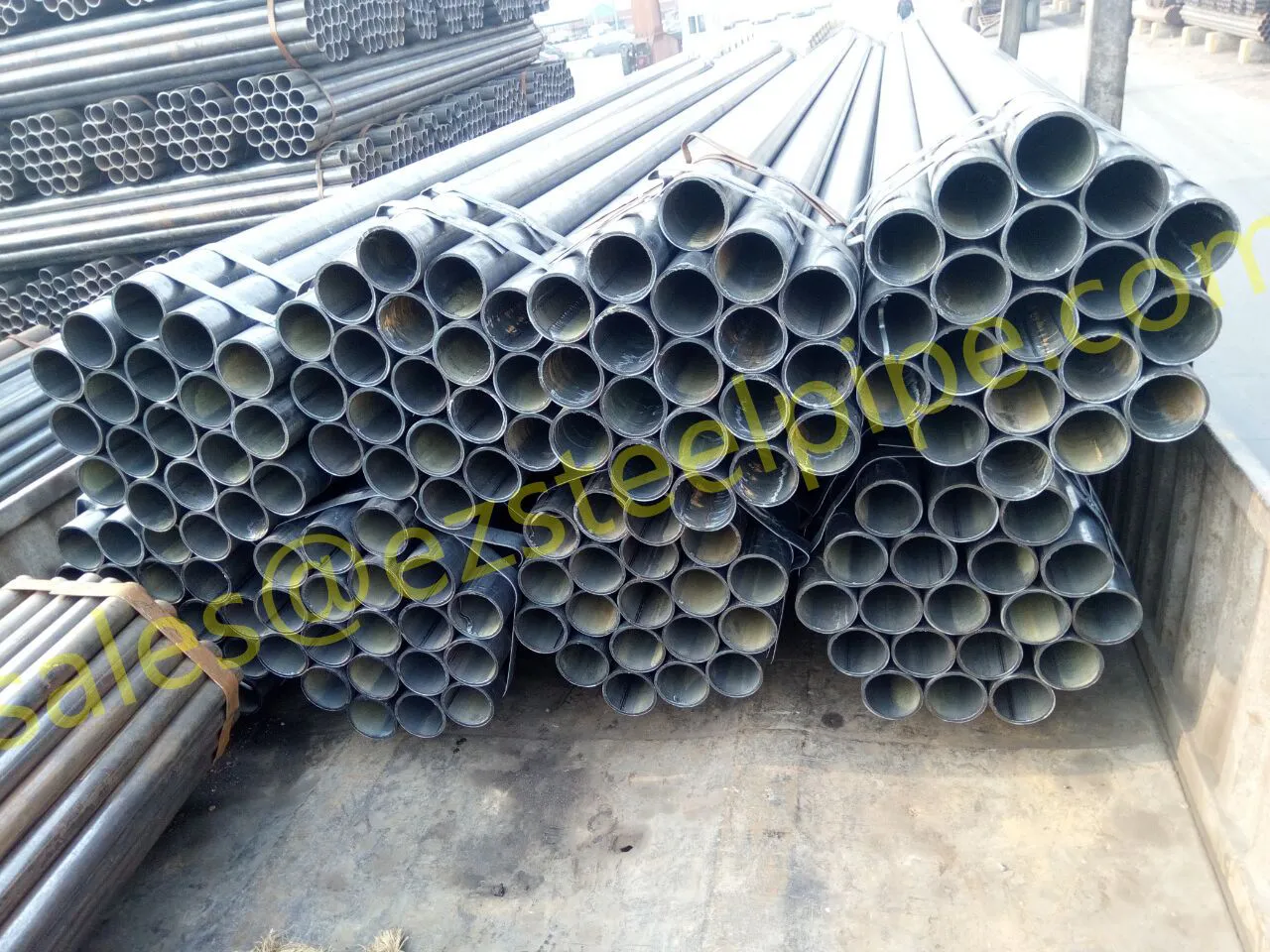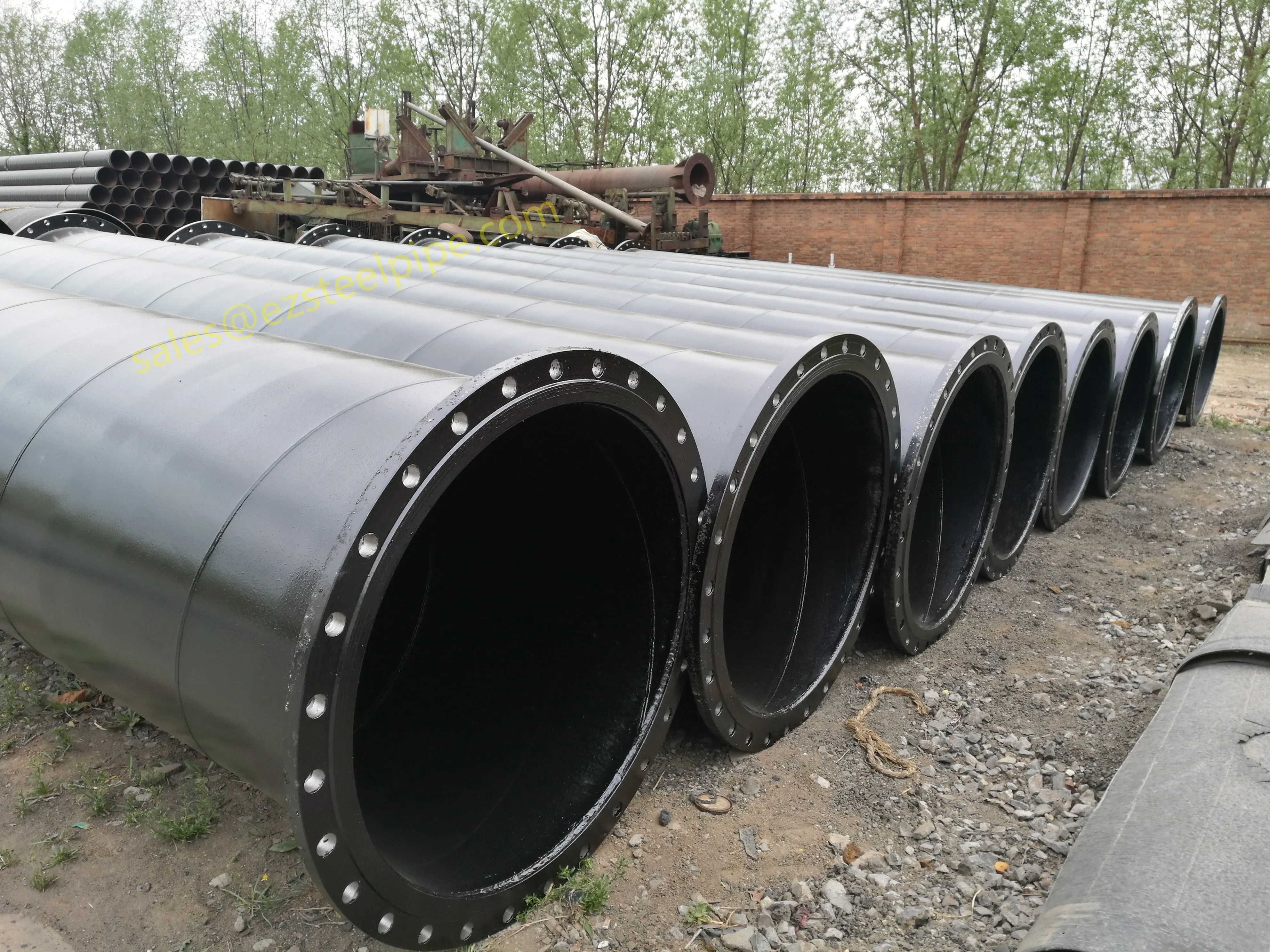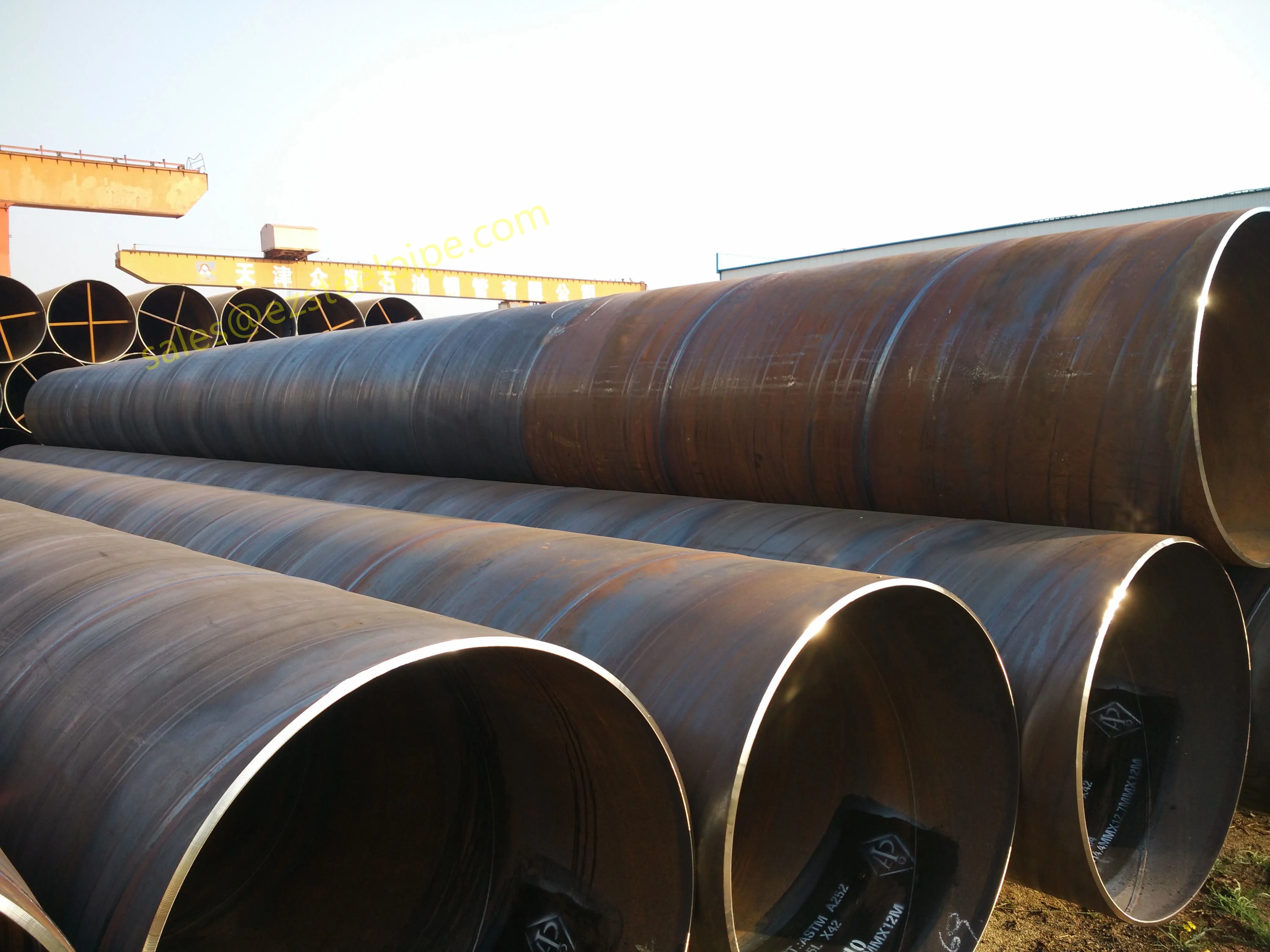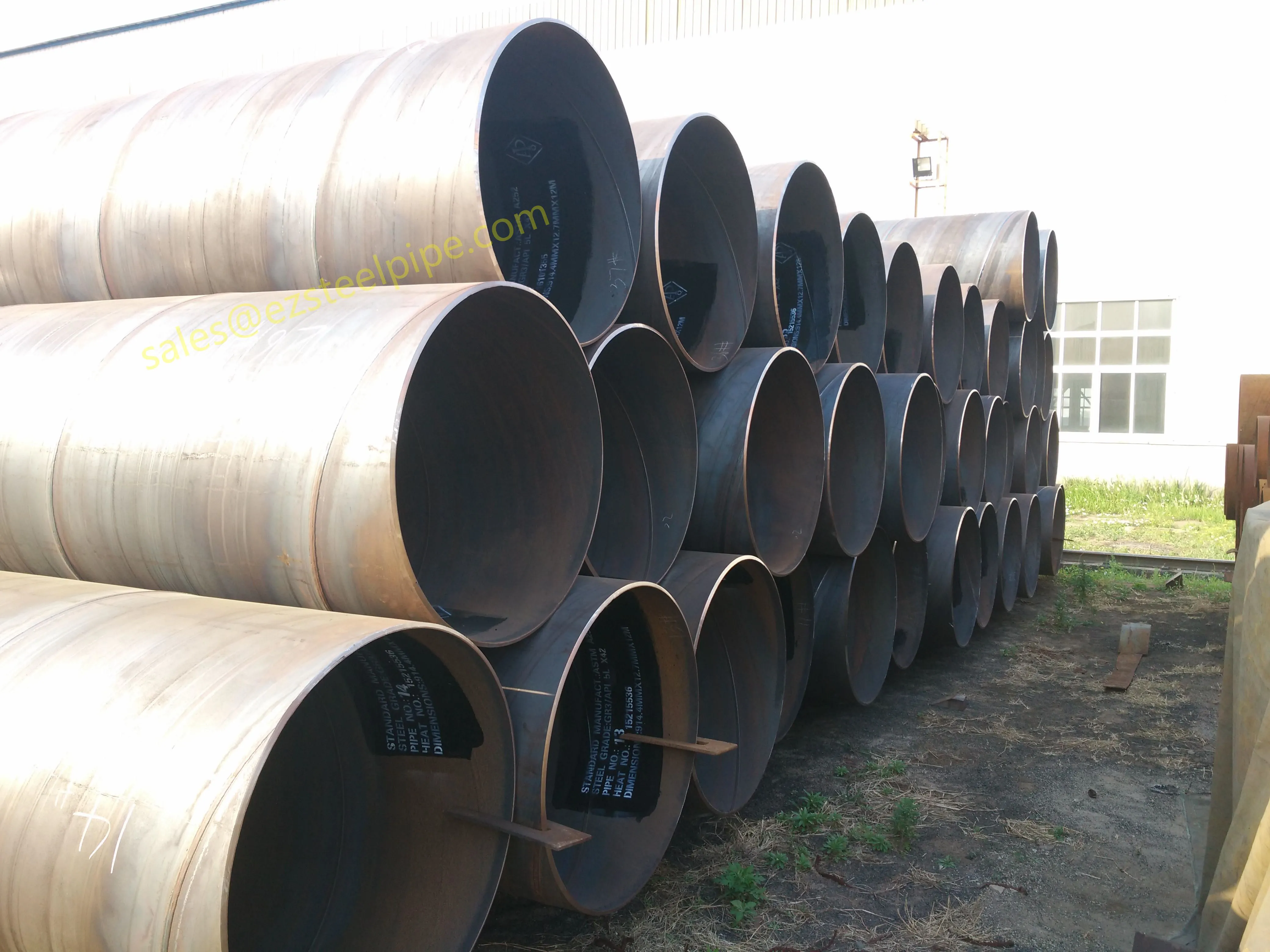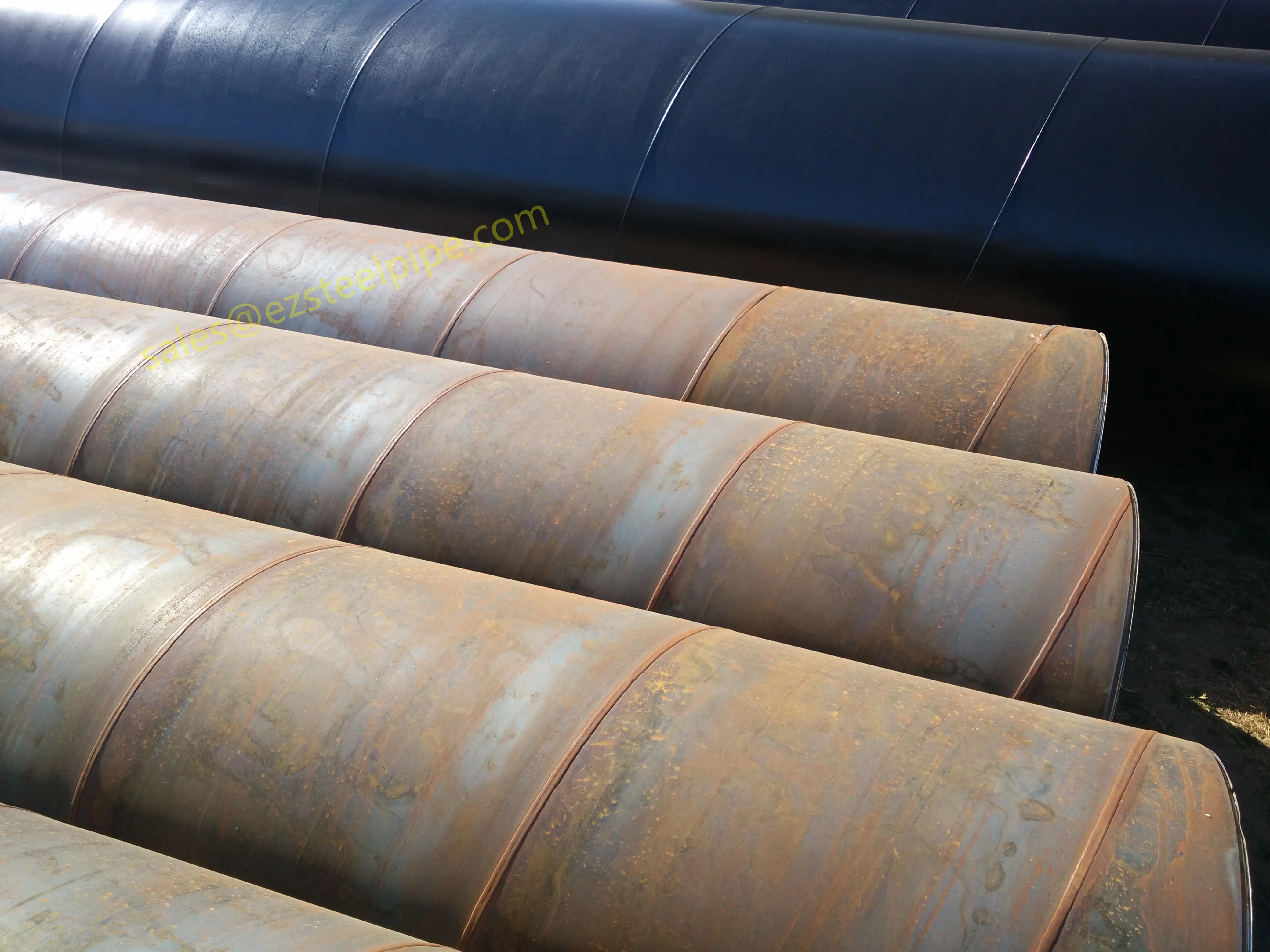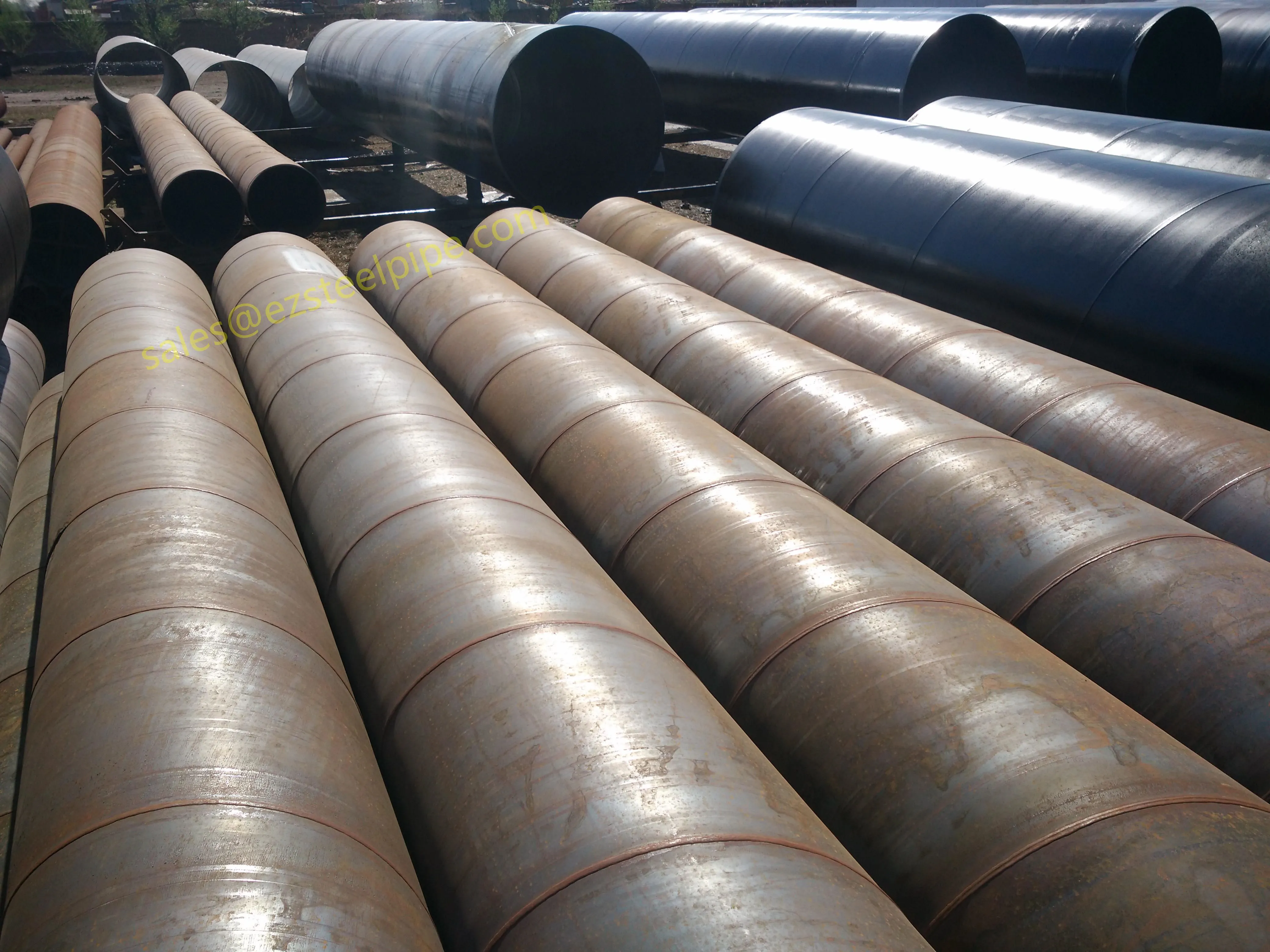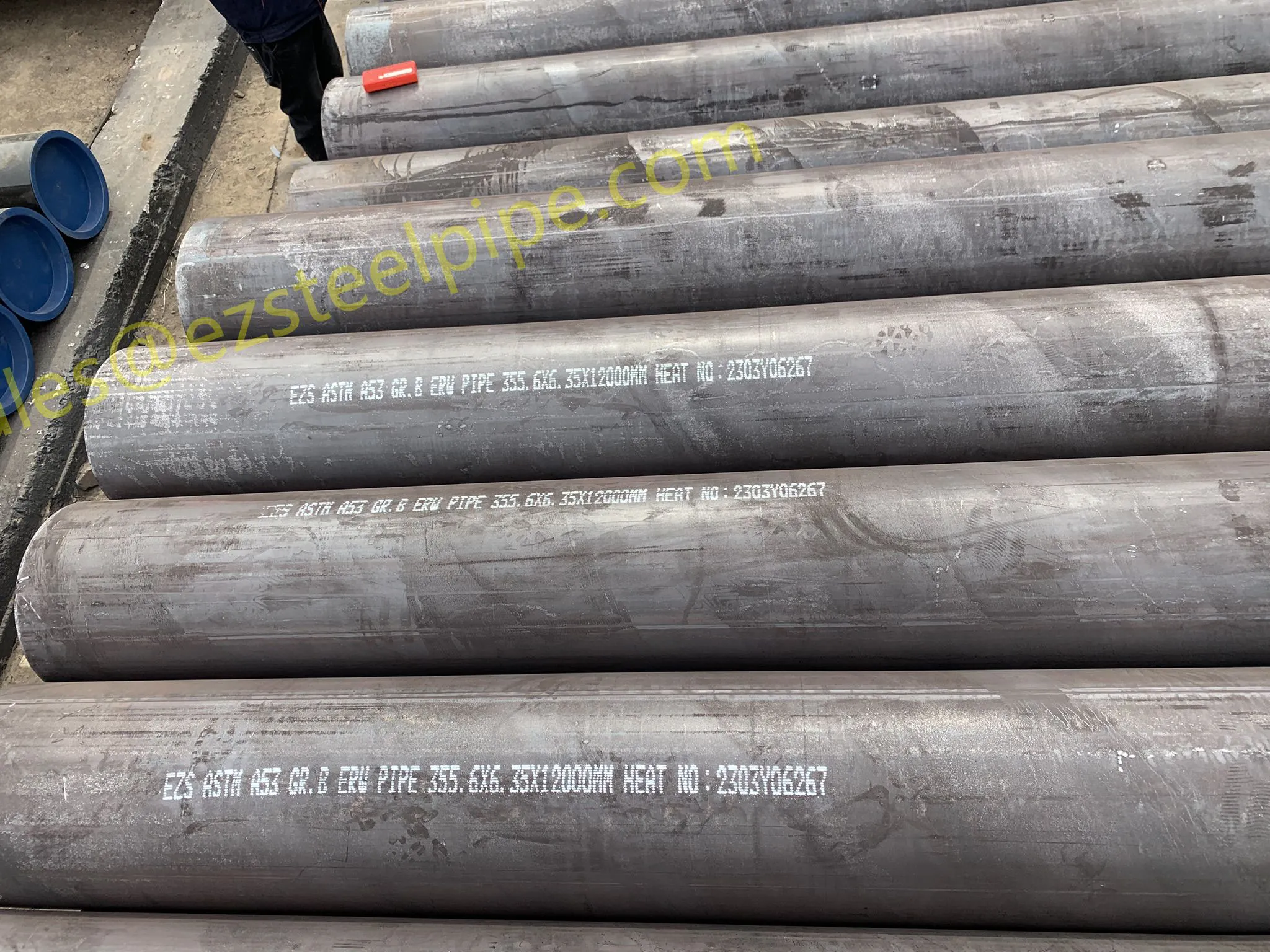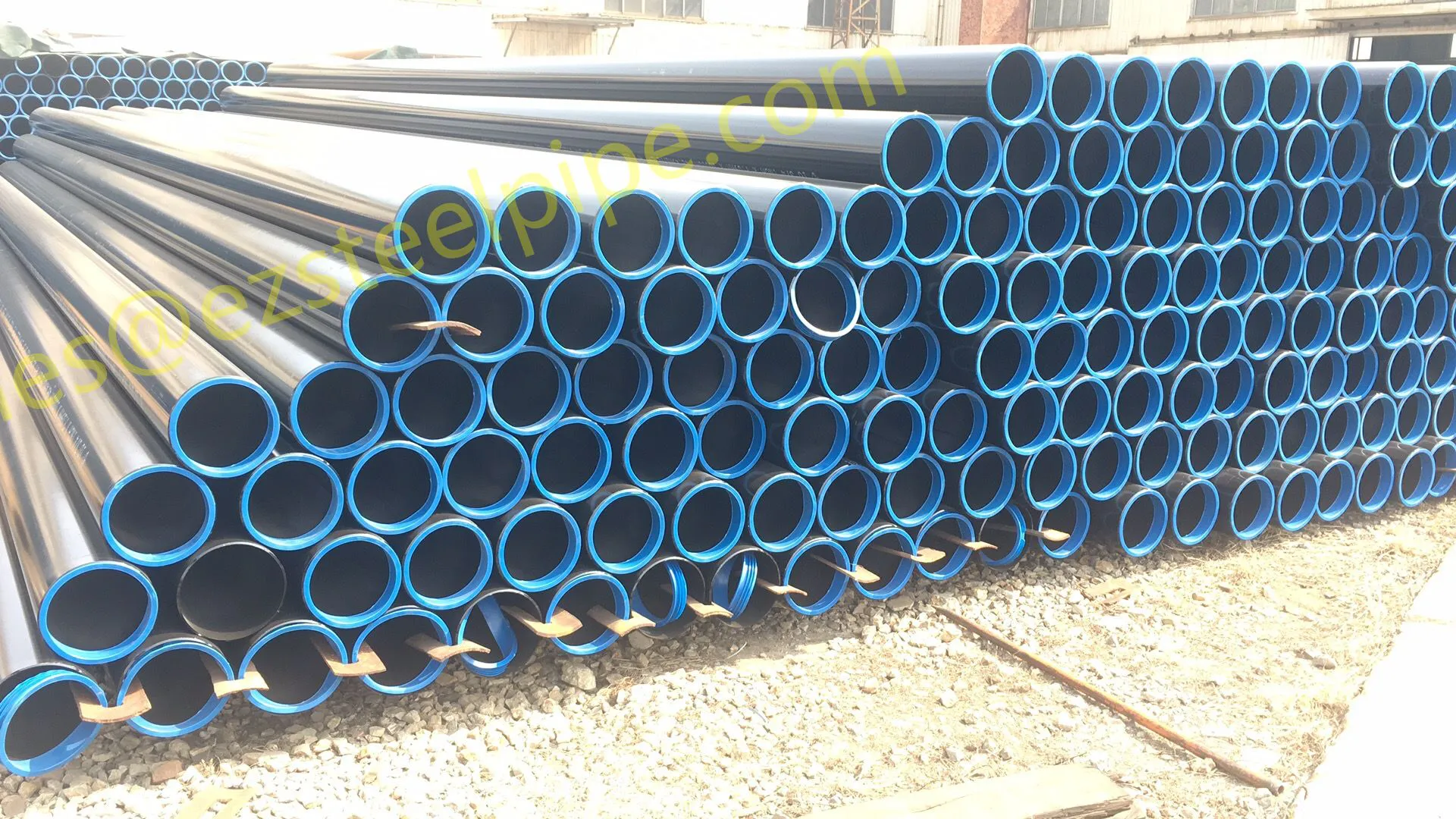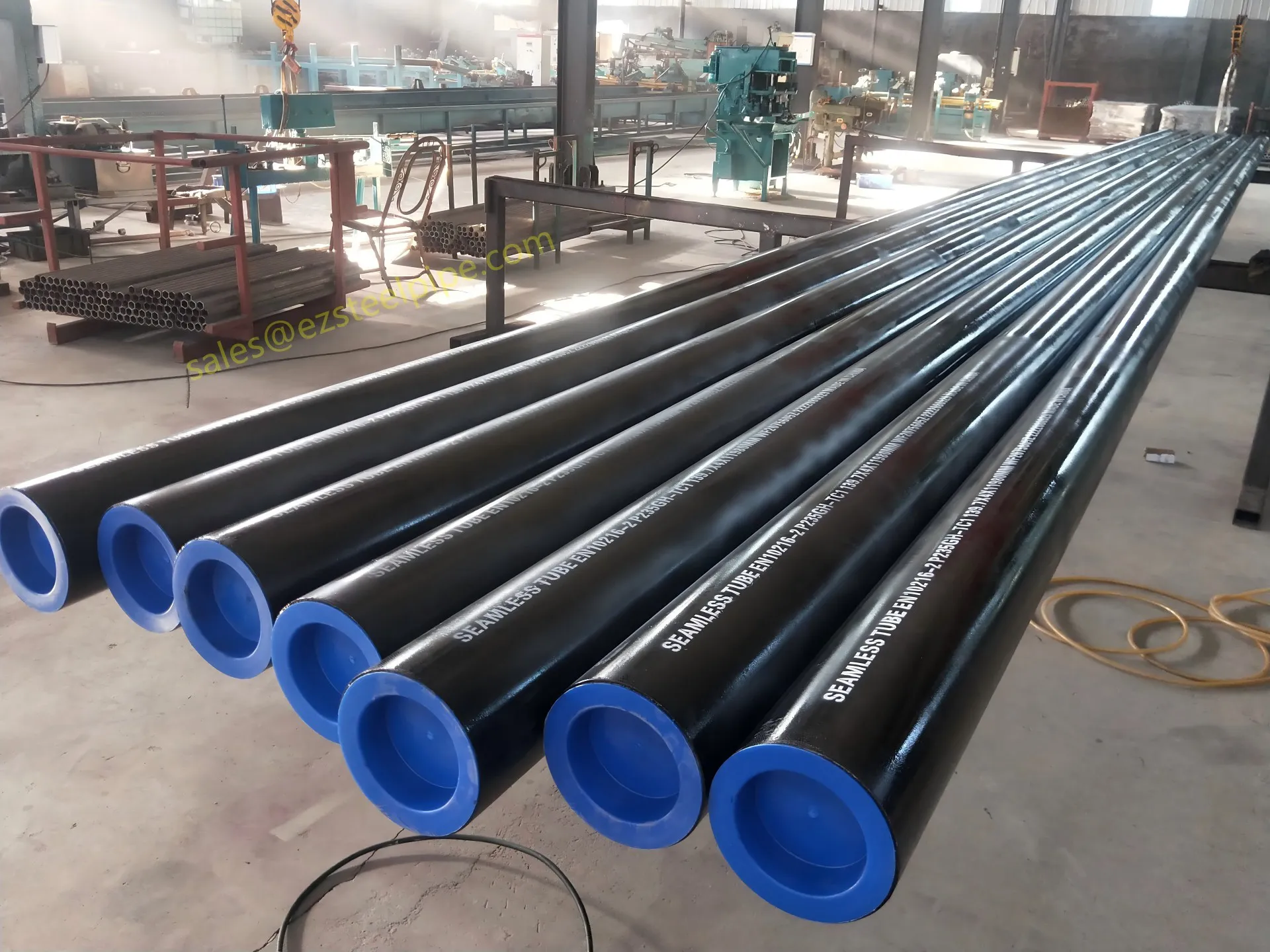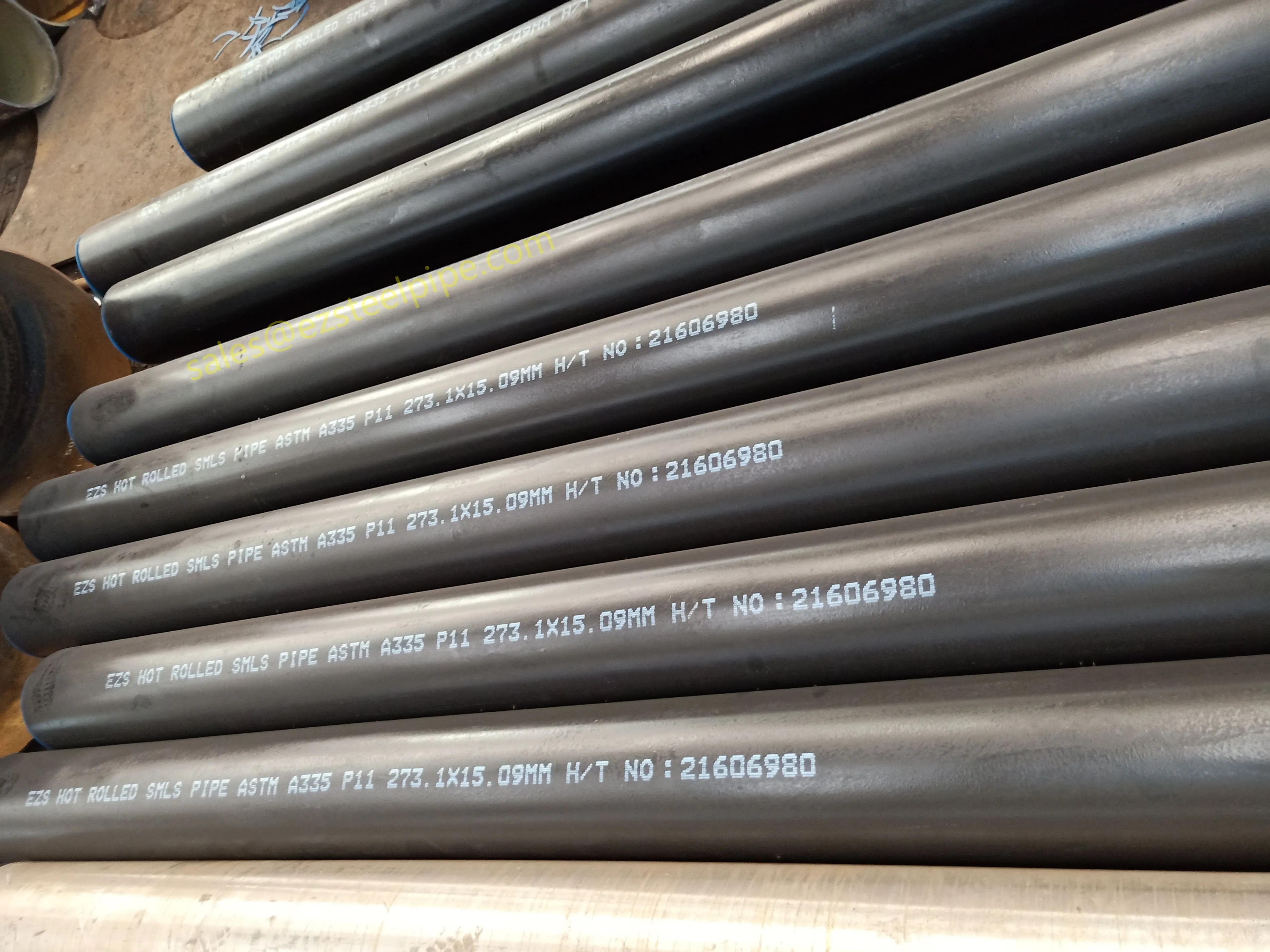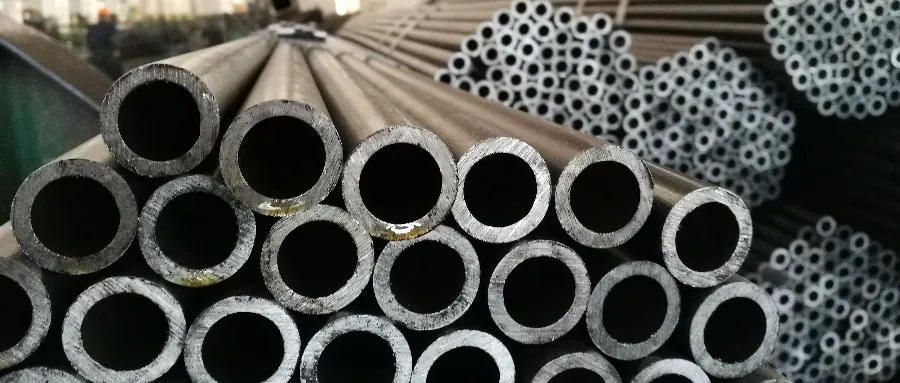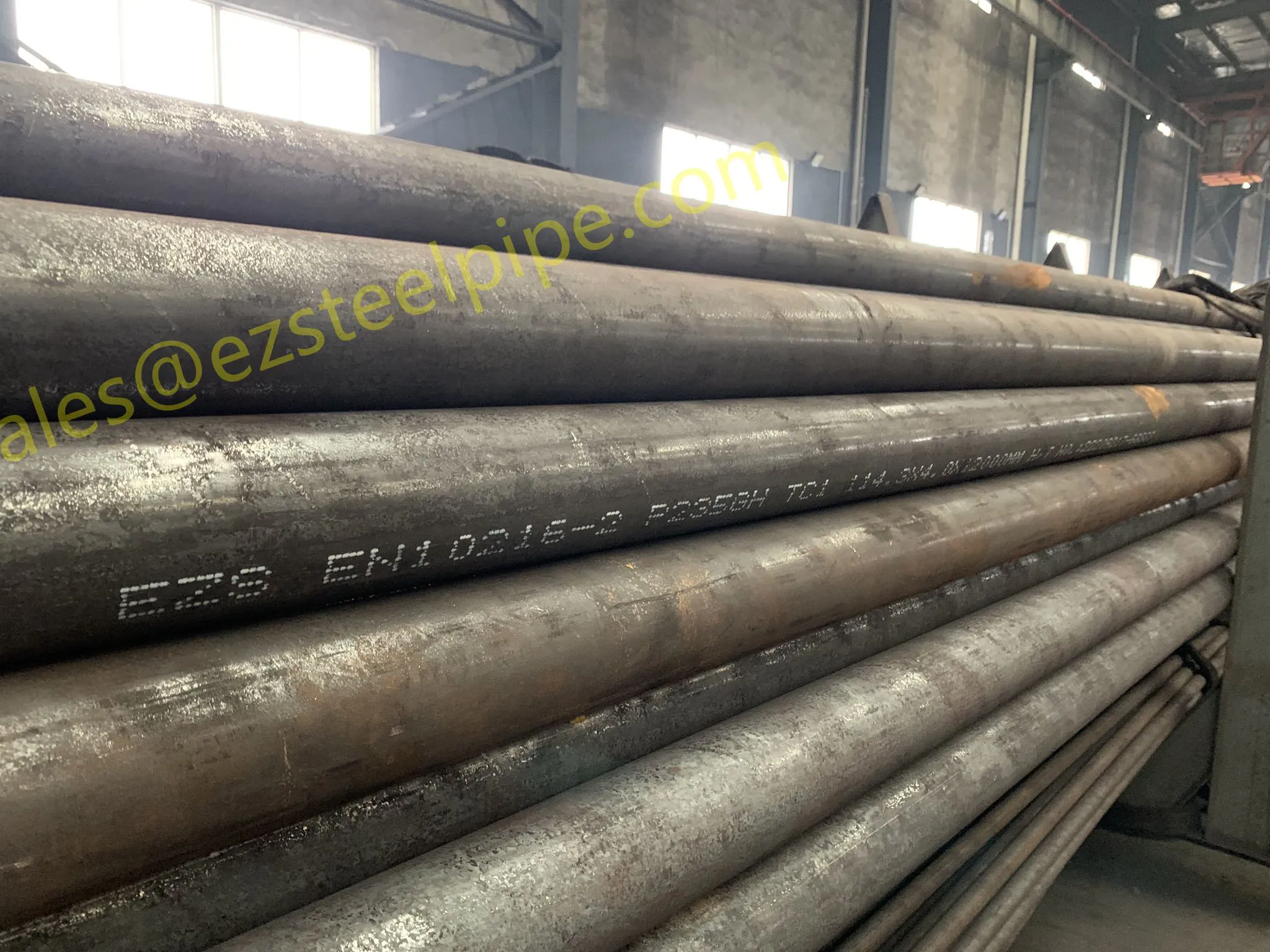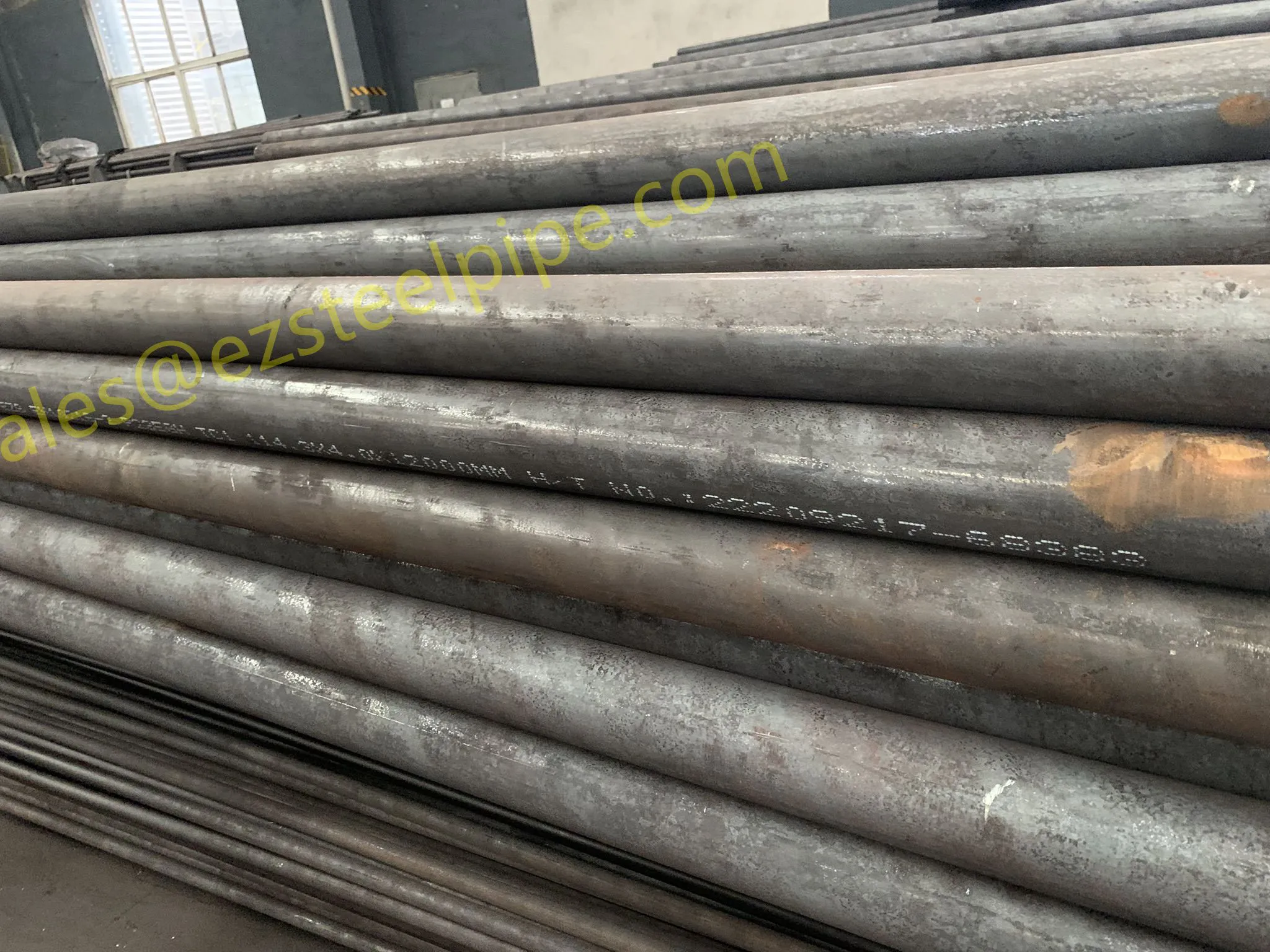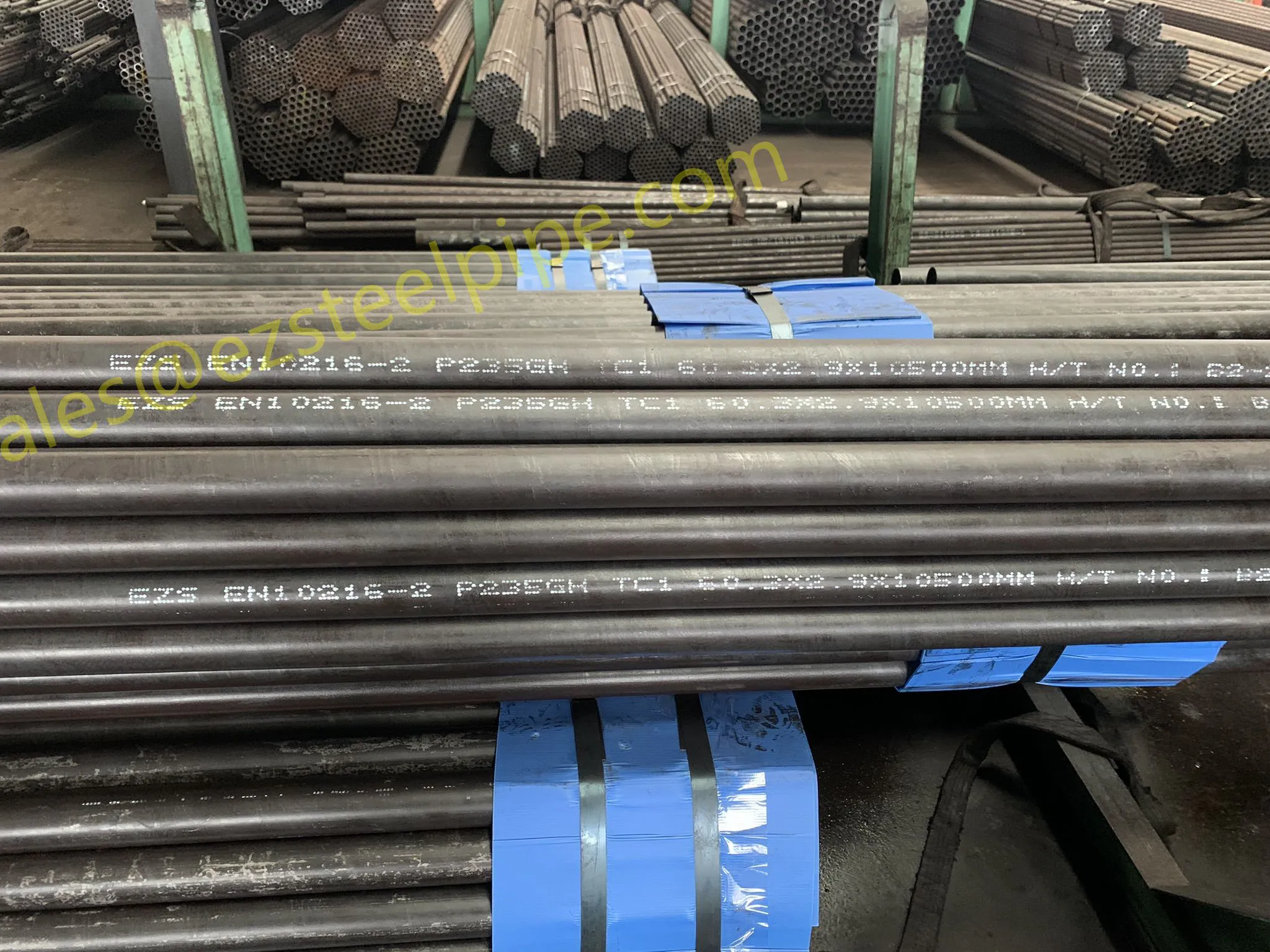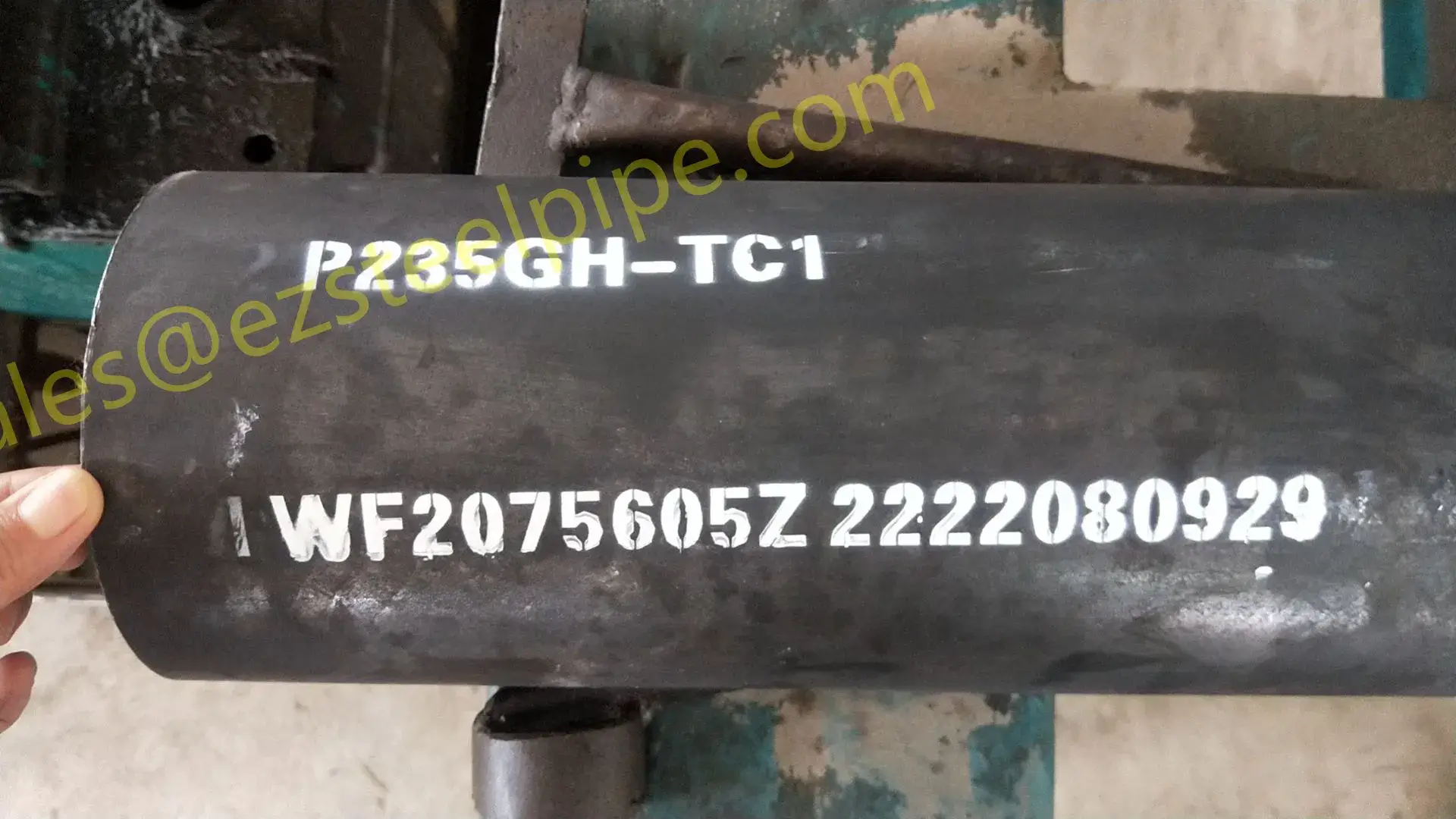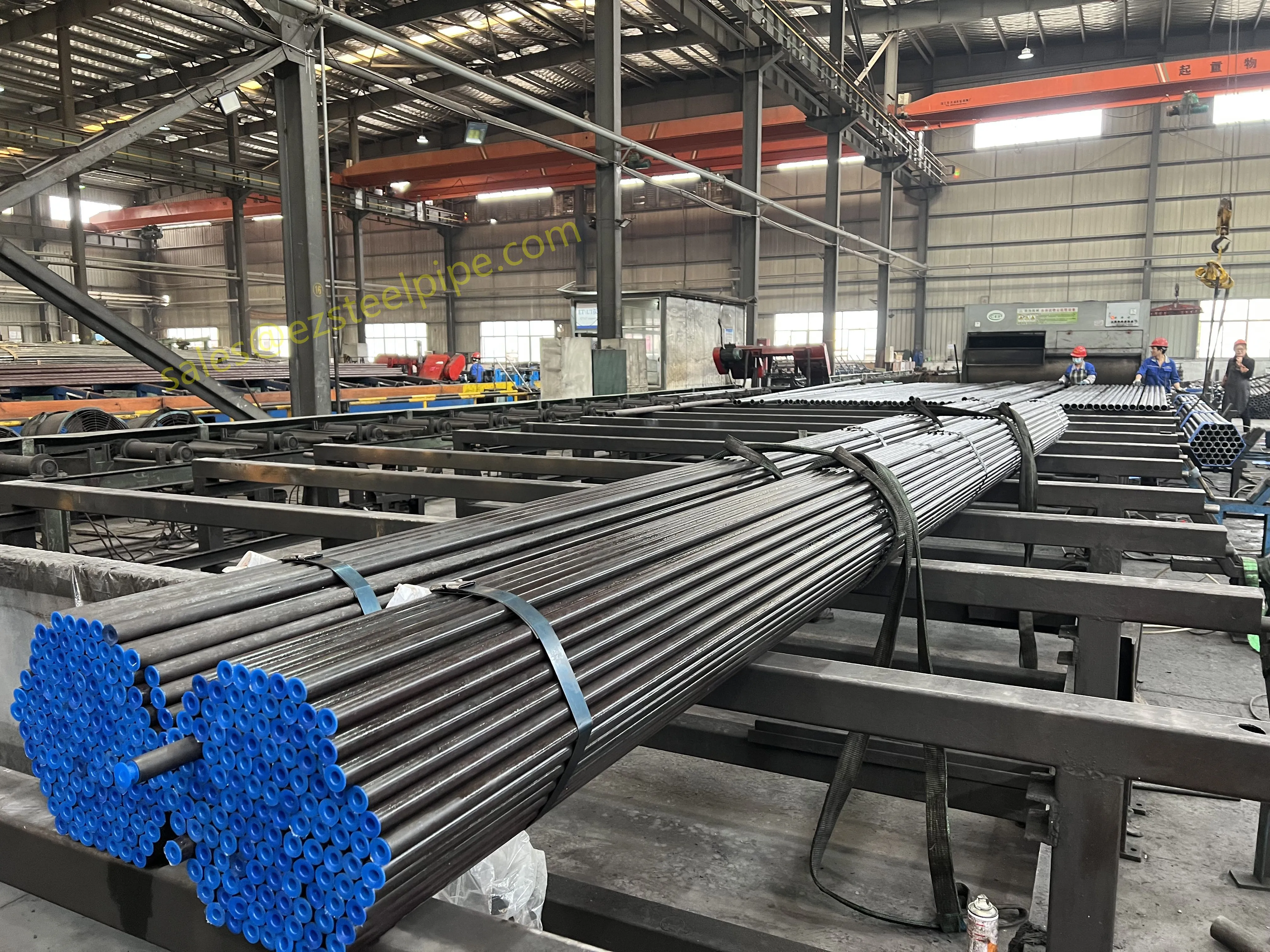Ask any pipeline engineer, and they'll tell you: the first step in design is choosing the right material. It's not just about picking something strong—it's about picking something that can withstand the specific challenges of its job. A pipeline carrying seawater in a marine setting faces very different threats than one transporting high-pressure steam in a power plant. Here's how material selection ties into both efficiency and safety:
Marine & Ship-building: Battling Corrosion with Copper-Nickel Alloys
Imagine a ship's hull, where saltwater constantly crashes against the pipeline system. Left unchecked, saltwater would eat through ordinary steel in months. That's why engineers turn to copper & nickel alloy tubes, like those meeting EEMUA 144 234 CuNi standards. These alloys form a protective oxide layer that resists corrosion, ensuring the pipeline lasts for decades without weakening—a critical safety feature, as a leak here could flood the engine room or disrupt fuel supply.
For structural works on land, carbon & carbon alloy steel takes center stage. It's strong, cost-effective, and easy to shape into custom steel tubular piles or large-diameter pipes for pipeline works. In contrast, stainless steel shines in environments where cleanliness and corrosion resistance are non-negotiable, such as food processing or pharmaceutical facilities. But in petrochemical facilities, where pipelines carry acids or hydrocarbons, alloy steel tubes (like B163 nickel alloy tubes) are preferred for their ability to handle high temperatures and chemical stress.
Pressure tubes deserve a special mention here. These aren't your average pipes—they're designed to withstand extreme internal pressures, whether in a power plant's boiler or an aerospace rocket's fuel system. Materials like B407 Incoloy 800 tubes or B165 Monel 400 tubes are chosen for their high tensile strength and creep resistance (the ability to resist deformation under long-term stress). Choosing the wrong material here isn't just inefficient; it's dangerous. A failed pressure tube in a power plant could lead to explosions or toxic leaks.
| Material Type | Common Applications | Key Advantage for Safety/Efficiency |
|---|---|---|
| Carbon & Carbon Alloy Steel | Structural works, pipeline works (land-based) | High strength-to-cost ratio; ideal for supporting heavy loads in structure works. |
| Copper-Nickel Alloy (CuNi) | Marine & ship-building, seawater pipelines | Resists saltwater corrosion; reduces maintenance needs and leak risks. |
| Nickel-Cr-Fe Alloy (e.g., Incoloy 800) | Power plants, high-temperature petrochemical processes | Withstands extreme heat and pressure without losing structural integrity. |
| Stainless Steel | Food processing, pharmaceutical facilities | Non-reactive surface prevents contamination; easy to clean for efficiency. |
Customization also plays a role. For unique projects—like a pipeline that needs to bend around a ship's engine or fit into a tight aerospace component—custom big diameter steel pipes or custom u bend tubes are often required. By tailoring the material and shape to the project, engineers ensure the pipeline doesn't just "fit" but performs optimally, reducing friction (boosting flow efficiency) and minimizing stress points (enhancing safety).
 export@ezsteelpipe.com
export@ezsteelpipe.com +86 731 8870 6116
+86 731 8870 6116






 Related Products
Related Products

